Shows
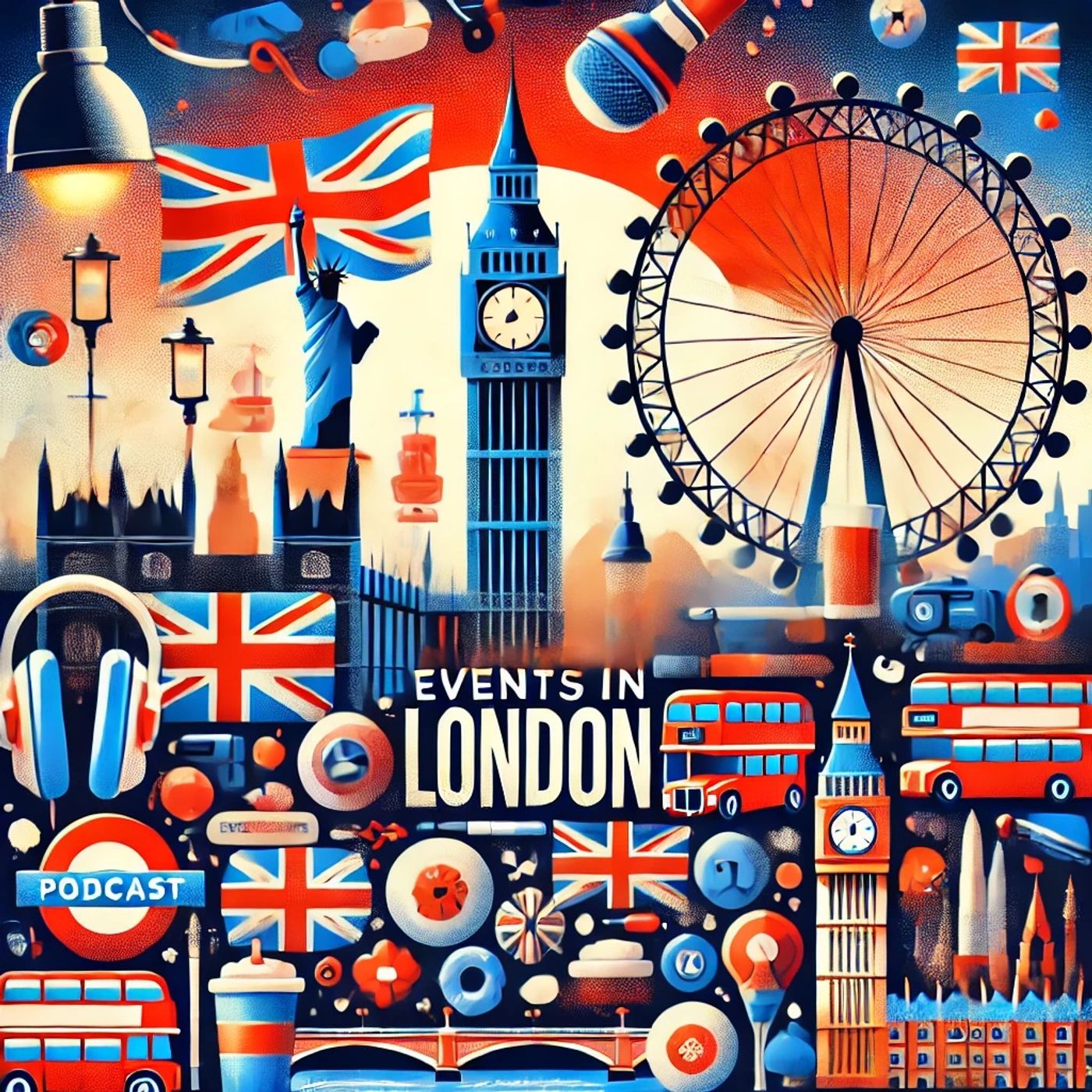 What to do in LondonMagical Weekend Ahead in London: Harry Potter, Military Displays, and Lively FestivalsListeners, welcome to your ultimate guide for what to do in London from today through this lively weekend.Today kicks off with the buzz of Harry Potter fans: free tickets for a Harry Potter birthday event, set for July 31st, are being released this morning. If you’re in central London, witness the regal tradition of military gun salutes in Green Park and at the Tower of London to mark the Queen’s Birthday, running late morning through early afternoon.For those hungry for knowledge, the Bank of England Museum invites you to Layers of Time, a sp...2025-07-1703 min
What to do in LondonMagical Weekend Ahead in London: Harry Potter, Military Displays, and Lively FestivalsListeners, welcome to your ultimate guide for what to do in London from today through this lively weekend.Today kicks off with the buzz of Harry Potter fans: free tickets for a Harry Potter birthday event, set for July 31st, are being released this morning. If you’re in central London, witness the regal tradition of military gun salutes in Green Park and at the Tower of London to mark the Queen’s Birthday, running late morning through early afternoon.For those hungry for knowledge, the Bank of England Museum invites you to Layers of Time, a sp...2025-07-1703 min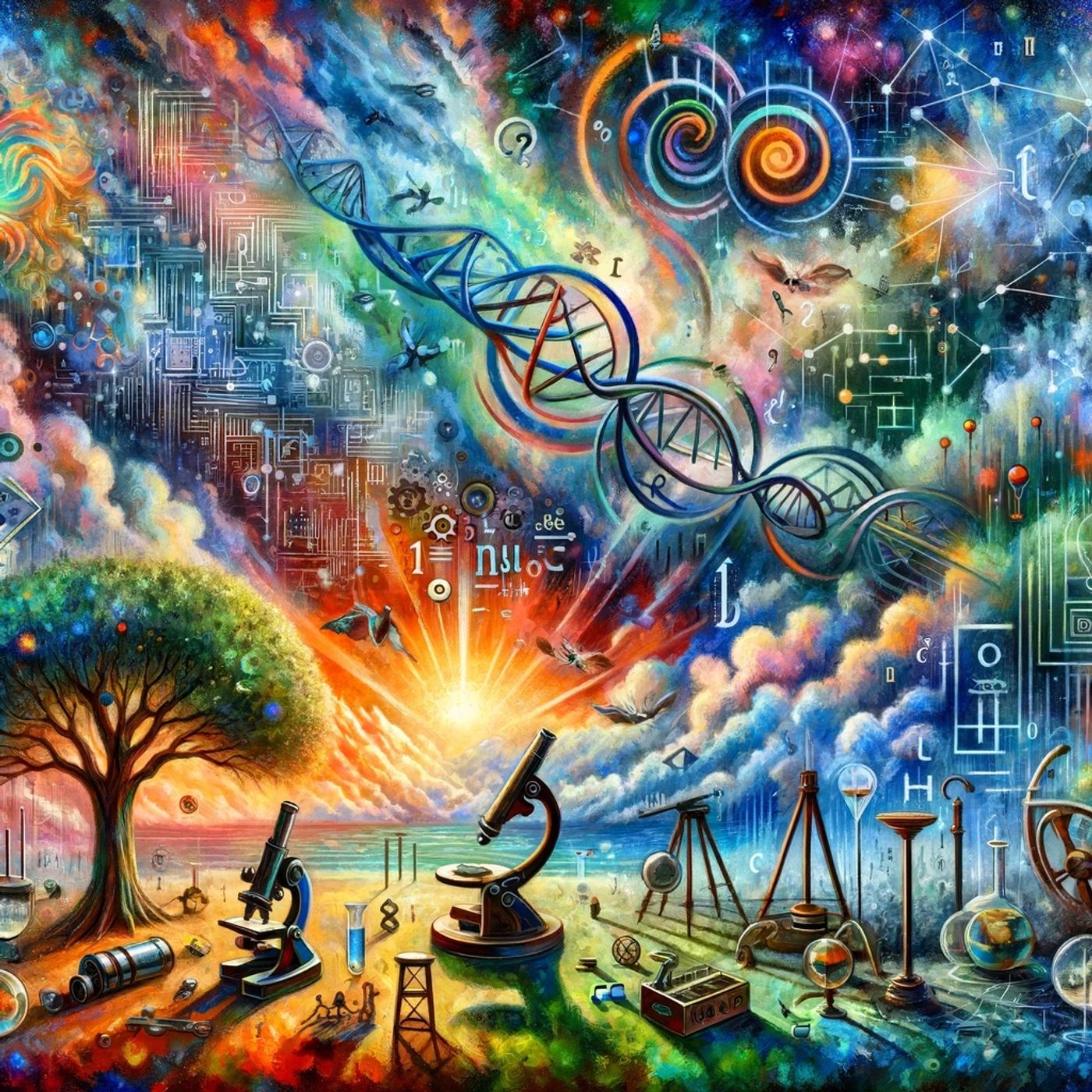 Science History - DailyDarwin and Wallace: The Day Evolution Changed EverythingOn July 1st, 1858, a historic paper titled "On the Tendency of Species to form Varieties; and on the Perpetuation of Varieties and Species by Natural Means of Selection" was read before the Linnean Society of London. This event marked a pivotal moment in the history of science, as it introduced the groundbreaking theory of evolution by natural selection, independently developed by two remarkable naturalists: Charles Darwin and Alfred Russel Wallace.Darwin, who had been working on his theory for over two decades, received a letter from Wallace in June 1858, outlining a strikingly similar concept of evolution. Realizing the...2025-07-0103 min
Science History - DailyDarwin and Wallace: The Day Evolution Changed EverythingOn July 1st, 1858, a historic paper titled "On the Tendency of Species to form Varieties; and on the Perpetuation of Varieties and Species by Natural Means of Selection" was read before the Linnean Society of London. This event marked a pivotal moment in the history of science, as it introduced the groundbreaking theory of evolution by natural selection, independently developed by two remarkable naturalists: Charles Darwin and Alfred Russel Wallace.Darwin, who had been working on his theory for over two decades, received a letter from Wallace in June 1858, outlining a strikingly similar concept of evolution. Realizing the...2025-07-0103 min Beeswax Vinyl DailyBeeswax Vinyl Daily — July 1, 2025Non-musical history for today: 1858 – The joint reading of Charles Darwin and Alfred Russel Wallace's papers on evolution to the Linnean Society of London occurred. I have nothing quippy about that to say. But...
If this were a leap year, and this year is NOT, today would be the exact central point of the year. It would be 183 days in, and we have 183 days left. Even with a non-leap year, it's the closest we have, there are still 183 days left.
Music history, album anniversaries, birthdays, and deaths for July 1.
Recorded in the Omniverus Podcast Studios at Liberty Plaza.
Leave comments at ti...2025-07-0107 min
Beeswax Vinyl DailyBeeswax Vinyl Daily — July 1, 2025Non-musical history for today: 1858 – The joint reading of Charles Darwin and Alfred Russel Wallace's papers on evolution to the Linnean Society of London occurred. I have nothing quippy about that to say. But...
If this were a leap year, and this year is NOT, today would be the exact central point of the year. It would be 183 days in, and we have 183 days left. Even with a non-leap year, it's the closest we have, there are still 183 days left.
Music history, album anniversaries, birthdays, and deaths for July 1.
Recorded in the Omniverus Podcast Studios at Liberty Plaza.
Leave comments at ti...2025-07-0107 min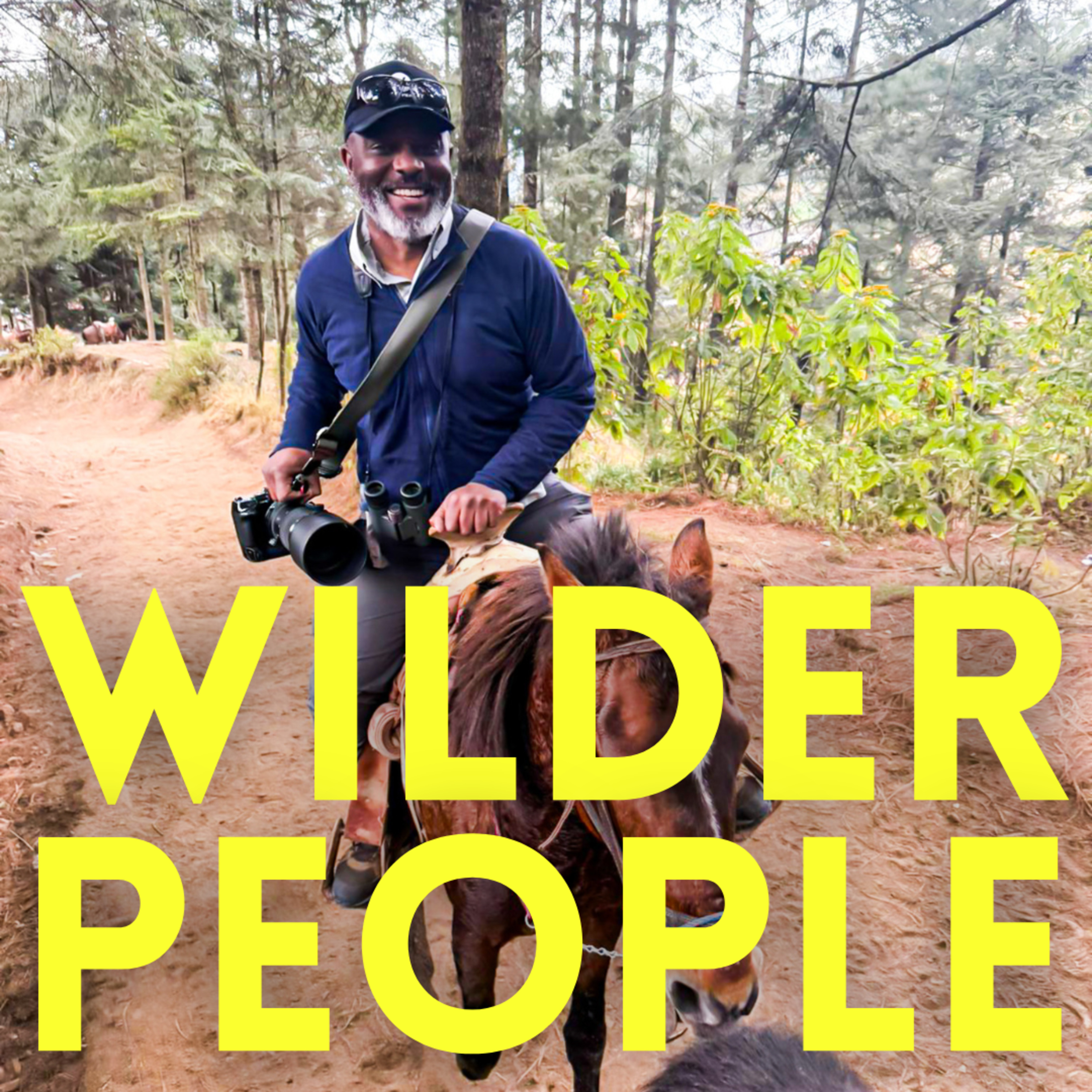 Wilder PeopleDavid Lindo ("The Urban Birder")Harry and Mark speak with wilder person David Lindo aka The Urban Birder. See below for his links and many accolades and accomplishments. The Urban Birderwww.theurbanbirderworld.com◾ Vice-President of the Wildfowl & Wetlands Trust, Voted 7th most influential person in Wildlife by BBC Wildlife Magazine. ◾ Proud Ambassador for Kowa Sporting Optics, OM System, Páramo Directional Clothing, Hidden Hearing, London Wildlife Trust, Lundy Island, Colombia Bird Fair, Western Cuyahoga Audubon Society, Conservation Without Borders, Birding For All, British Hedgehog Preservation Society, Sandwich Bay Bird Observatory & Peak Design◾ Mem...2025-04-101h 19
Wilder PeopleDavid Lindo ("The Urban Birder")Harry and Mark speak with wilder person David Lindo aka The Urban Birder. See below for his links and many accolades and accomplishments. The Urban Birderwww.theurbanbirderworld.com◾ Vice-President of the Wildfowl & Wetlands Trust, Voted 7th most influential person in Wildlife by BBC Wildlife Magazine. ◾ Proud Ambassador for Kowa Sporting Optics, OM System, Páramo Directional Clothing, Hidden Hearing, London Wildlife Trust, Lundy Island, Colombia Bird Fair, Western Cuyahoga Audubon Society, Conservation Without Borders, Birding For All, British Hedgehog Preservation Society, Sandwich Bay Bird Observatory & Peak Design◾ Mem...2025-04-101h 19 70+RozEpisode 4 - Why is music important as we age?Why is music important as we age?
Music plays a vital role in the lives of older people, and research has shed light on its significance as we age.
The Benefits of Music for Older Adults
Cognitive Stimulation: Music has been shown to stimulate cognitive function, improving memory and language skills .
Emotional Well-being: Music can alleviate symptoms of depression, anxiety, and loneliness, promoting emotional well-being.
Social Connections: Music-based activities foster social interaction, reducing feelings of isolation.
Personal Identity: Music preferences reflect personal experiences, values, and cultural background.
Older adults are just as engaged in music as younger adults and many...2024-11-1321 min
70+RozEpisode 4 - Why is music important as we age?Why is music important as we age?
Music plays a vital role in the lives of older people, and research has shed light on its significance as we age.
The Benefits of Music for Older Adults
Cognitive Stimulation: Music has been shown to stimulate cognitive function, improving memory and language skills .
Emotional Well-being: Music can alleviate symptoms of depression, anxiety, and loneliness, promoting emotional well-being.
Social Connections: Music-based activities foster social interaction, reducing feelings of isolation.
Personal Identity: Music preferences reflect personal experiences, values, and cultural background.
Older adults are just as engaged in music as younger adults and many...2024-11-1321 min Science History - DailyThis Moment in Science History for 07-01-2024On July 1, 1858, Charles Darwin and Alfred Russel Wallace's groundbreaking papers on the theory of evolution by natural selection were read at the Linnean Society of London. This event marked a pivotal moment in the history of science, as it introduced the concept that would revolutionize our understanding of the natural world.Darwin, a renowned naturalist, had been working on his theory for nearly two decades, amassing evidence from his voyage on the HMS Beagle and extensive research. He had already written a detailed manuscript but was hesitant to publish it, fearing the controversy it might generate in Victorian...2024-07-0102 min
Science History - DailyThis Moment in Science History for 07-01-2024On July 1, 1858, Charles Darwin and Alfred Russel Wallace's groundbreaking papers on the theory of evolution by natural selection were read at the Linnean Society of London. This event marked a pivotal moment in the history of science, as it introduced the concept that would revolutionize our understanding of the natural world.Darwin, a renowned naturalist, had been working on his theory for nearly two decades, amassing evidence from his voyage on the HMS Beagle and extensive research. He had already written a detailed manuscript but was hesitant to publish it, fearing the controversy it might generate in Victorian...2024-07-0102 min Science History - DailyThis Moment in Science History for 06-02-2024On June 2, 1858, a significant event in the history of science occurred when Charles Darwin received a letter from Alfred Russel Wallace, a fellow naturalist who had independently developed a theory of evolution by natural selection. This event, known as the "Darwin-Wallace Theory of Evolution," marked a turning point in the understanding of how life on Earth evolved and diversified.Wallace, who was conducting research in the Malay Archipelago, had come to conclusions similar to those of Darwin regarding the process of evolution. In his letter to Darwin, Wallace outlined his ideas, which closely mirrored the theory that Darwin...2024-06-0202 min
Science History - DailyThis Moment in Science History for 06-02-2024On June 2, 1858, a significant event in the history of science occurred when Charles Darwin received a letter from Alfred Russel Wallace, a fellow naturalist who had independently developed a theory of evolution by natural selection. This event, known as the "Darwin-Wallace Theory of Evolution," marked a turning point in the understanding of how life on Earth evolved and diversified.Wallace, who was conducting research in the Malay Archipelago, had come to conclusions similar to those of Darwin regarding the process of evolution. In his letter to Darwin, Wallace outlined his ideas, which closely mirrored the theory that Darwin...2024-06-0202 min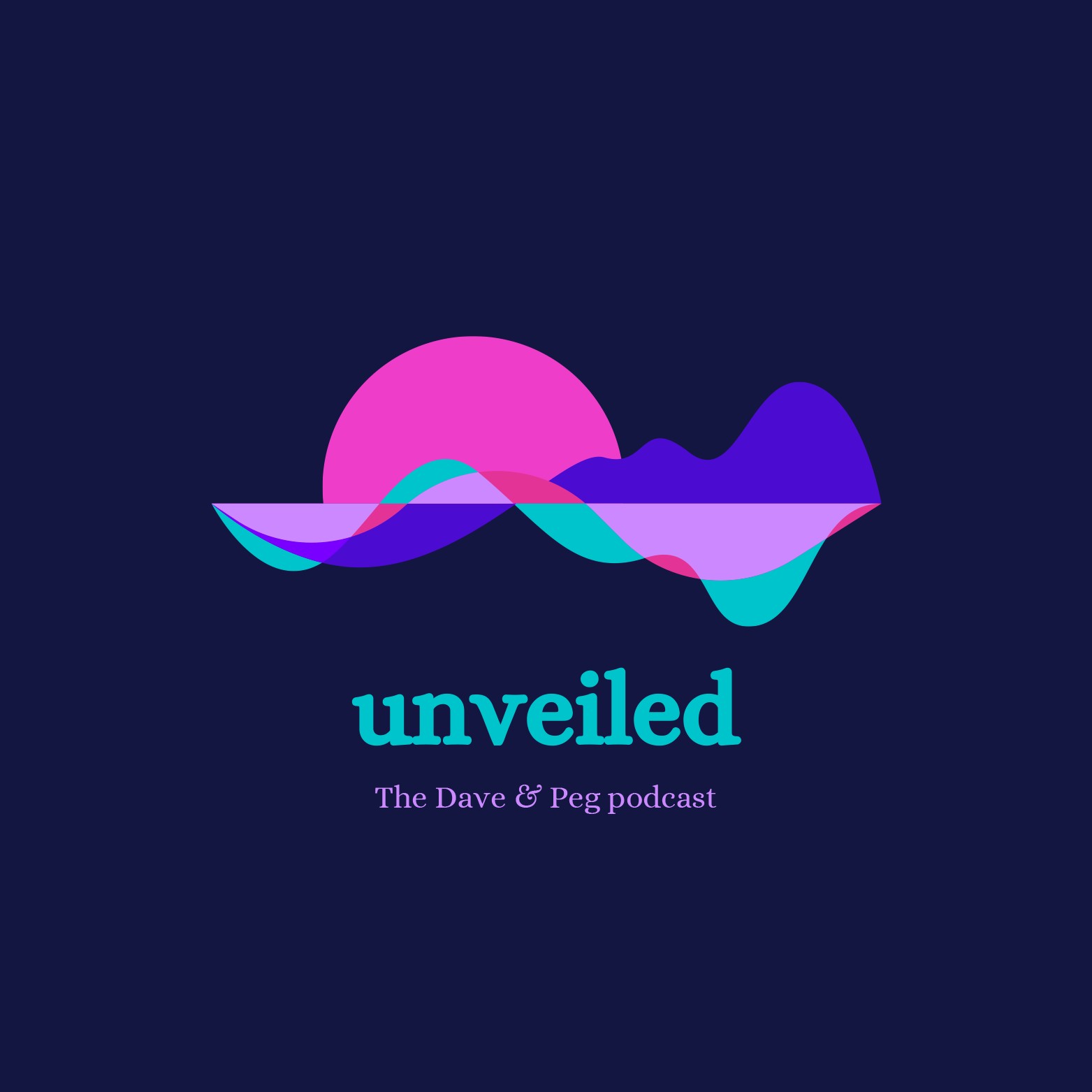 UNVEILED: exploring psychedelics and spiritualityThe Sacred Mushroom Seeker: Tom Riedlinger on Maria Sabina’s encounter with Gordon WassonTom Riedlinger is an author, occasional artist, researcher, and licensed mental health counselor. He has written and lectured extensively on psychedelic plants and the psychology of religion, with an emphasis on mystical experience. A Fellow of the Linnean Society of London and former Associate in Ethnomycology at Harvard Botanical Museum, Tom holds a degree in psychology from Northwestern University and in theological studies with a major in world religions from Harvard Divinity School. His published works include The Sacred Mushroom Seeker: Essays for R. Gordon Wasson, and chapters in Hallucinogens: A Reader (edited by Charles S. Grob), Entheogens and...2023-12-201h 27
UNVEILED: exploring psychedelics and spiritualityThe Sacred Mushroom Seeker: Tom Riedlinger on Maria Sabina’s encounter with Gordon WassonTom Riedlinger is an author, occasional artist, researcher, and licensed mental health counselor. He has written and lectured extensively on psychedelic plants and the psychology of religion, with an emphasis on mystical experience. A Fellow of the Linnean Society of London and former Associate in Ethnomycology at Harvard Botanical Museum, Tom holds a degree in psychology from Northwestern University and in theological studies with a major in world religions from Harvard Divinity School. His published works include The Sacred Mushroom Seeker: Essays for R. Gordon Wasson, and chapters in Hallucinogens: A Reader (edited by Charles S. Grob), Entheogens and...2023-12-201h 27 If I Ruled the World by Gillian Burke4: I would reconnect humanity with NATURE: Robbie Blackhall-MilesToday, we delve into the profound connections between humans and nature. In this inspiring episode, we're joined by Robbie Blackhall-Miles, a renowned botanist, conservation scientist, and Vice President of the Linnean Society of London (Amongst many other things!). Robbie takes us on a journey through his deep bond with the natural world, sharing experiences as guardian of some of the world’s rarest and most endangered plant specimens, to the creation of his backyard botanical garden in North Wales. Get ready to explore the transformative power of mindset system change, and why it makes sense to make room for a...2023-12-0149 min
If I Ruled the World by Gillian Burke4: I would reconnect humanity with NATURE: Robbie Blackhall-MilesToday, we delve into the profound connections between humans and nature. In this inspiring episode, we're joined by Robbie Blackhall-Miles, a renowned botanist, conservation scientist, and Vice President of the Linnean Society of London (Amongst many other things!). Robbie takes us on a journey through his deep bond with the natural world, sharing experiences as guardian of some of the world’s rarest and most endangered plant specimens, to the creation of his backyard botanical garden in North Wales. Get ready to explore the transformative power of mindset system change, and why it makes sense to make room for a...2023-12-0149 min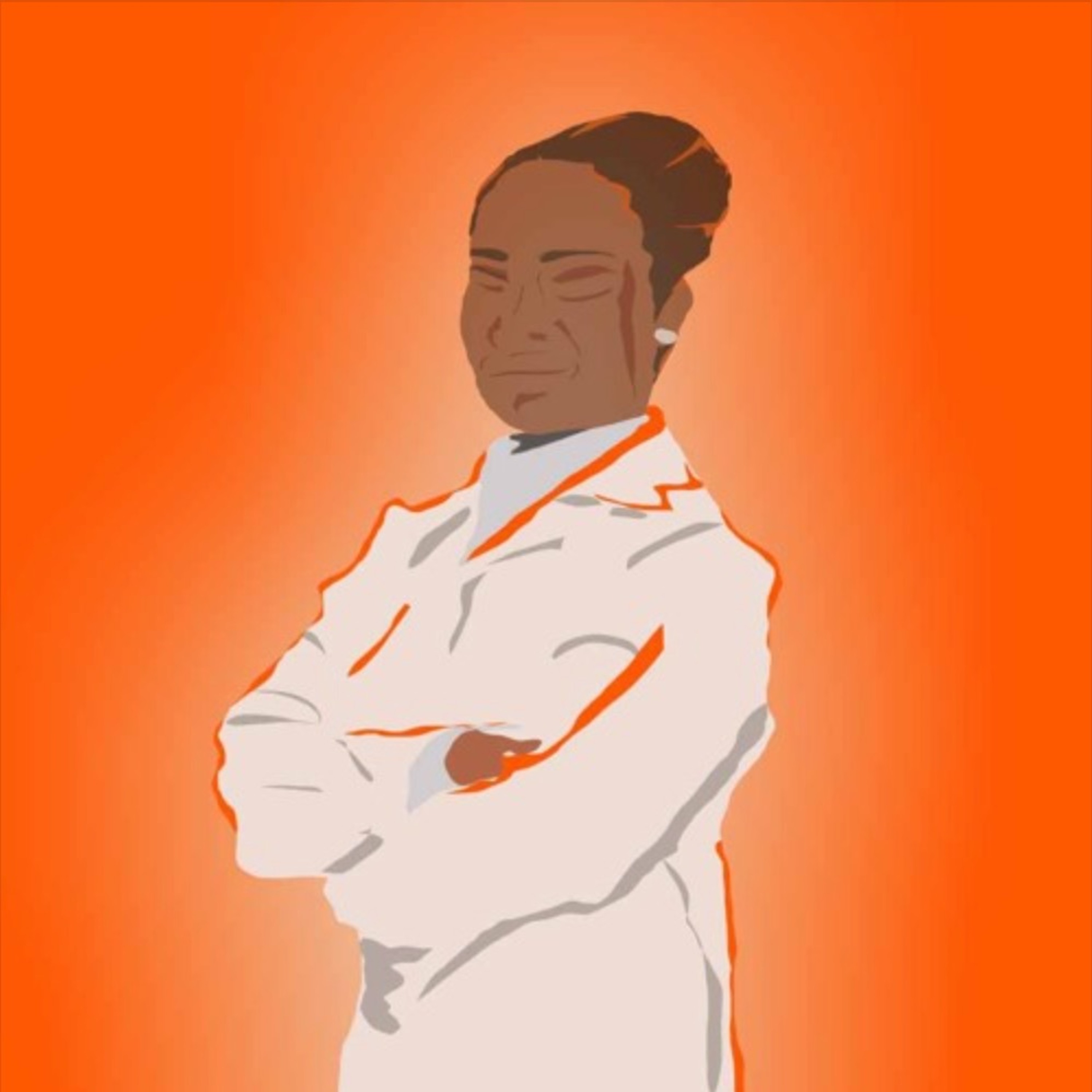 Linnean PodcastsLinnean Podcast #63: A Revolutionary Guide To Sex, Evolution And The Female AnimalIn the last few decades a revolution has been brewing in zoology and evolutionary biology. Lucy Cooke introduces us to a riotous cast of animals, and the scientists studying them, that are redefining the female of the species.
The bitches in her book titled "Bitch" overturn outdated binary expectations of bodies, brains, biology and behaviour. Lucy Cooke's brilliant new book will change how you think - about sex, sexual identity and sexuality in animals and also the very forces that shape evolution.
Producer: Ross Ziegelmeier
Interviewer: Ayesha Meredith-Lewis
Speaker: Lucy Cooke2023-08-0842 min
Linnean PodcastsLinnean Podcast #63: A Revolutionary Guide To Sex, Evolution And The Female AnimalIn the last few decades a revolution has been brewing in zoology and evolutionary biology. Lucy Cooke introduces us to a riotous cast of animals, and the scientists studying them, that are redefining the female of the species.
The bitches in her book titled "Bitch" overturn outdated binary expectations of bodies, brains, biology and behaviour. Lucy Cooke's brilliant new book will change how you think - about sex, sexual identity and sexuality in animals and also the very forces that shape evolution.
Producer: Ross Ziegelmeier
Interviewer: Ayesha Meredith-Lewis
Speaker: Lucy Cooke2023-08-0842 min Alain Elkann InterviewsStephen Buchmann - 156 - Alain Elkann InterviewsINSPIRED BY BEES. Stephen Buchmann is a pollination ecologist specializing in bees. He is an Adjunct Professor in the Departments of Entomology and Ecology & Evolutionary Biology at the University of Arizona and a Fellow of the Linnean Society of London who works towards a world where nature is understood, valued and protected. In his most recent book What a Bee Knows Buchmann explores the thoughts, memories and personalities of bees.2023-07-3035 min
Alain Elkann InterviewsStephen Buchmann - 156 - Alain Elkann InterviewsINSPIRED BY BEES. Stephen Buchmann is a pollination ecologist specializing in bees. He is an Adjunct Professor in the Departments of Entomology and Ecology & Evolutionary Biology at the University of Arizona and a Fellow of the Linnean Society of London who works towards a world where nature is understood, valued and protected. In his most recent book What a Bee Knows Buchmann explores the thoughts, memories and personalities of bees.2023-07-3035 min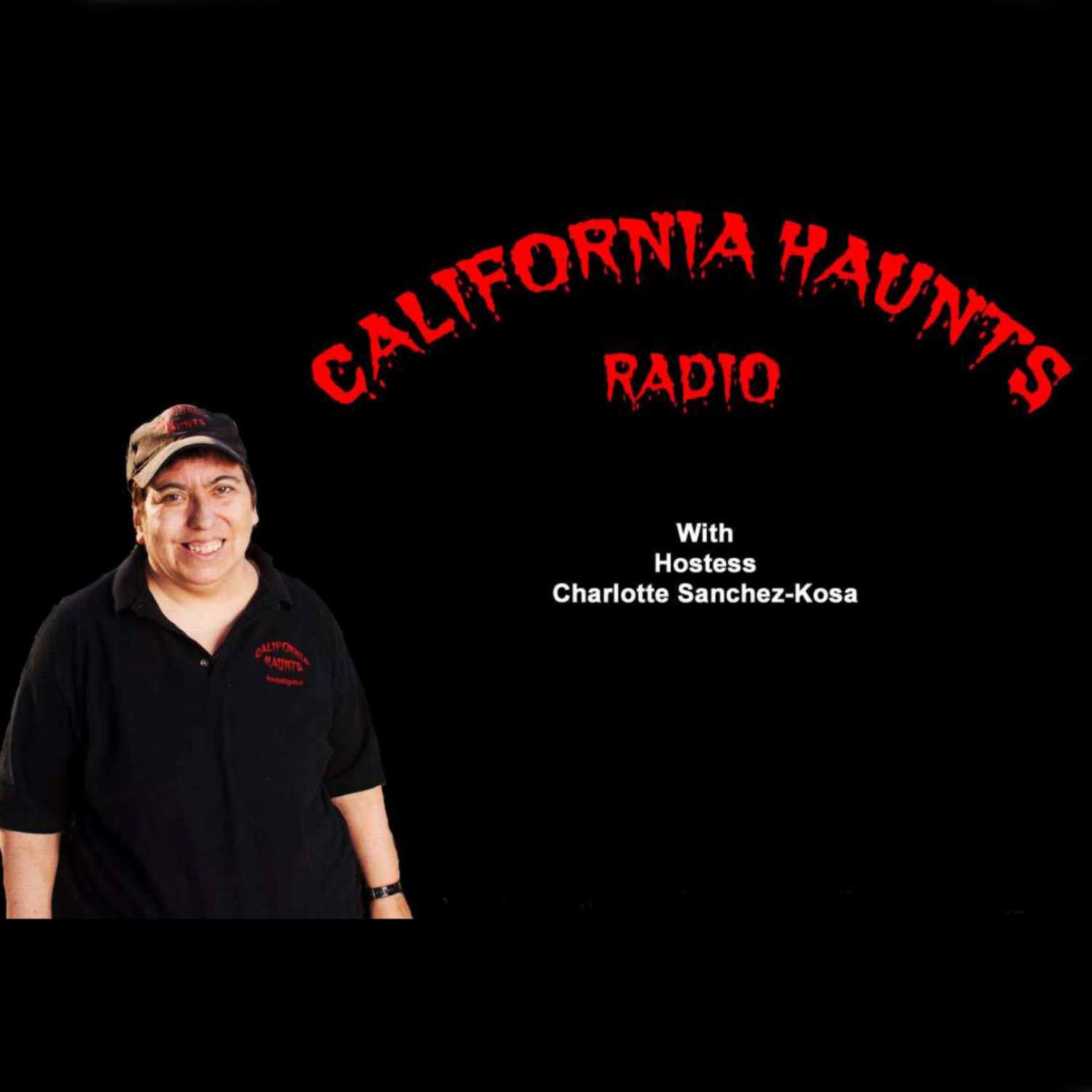 California Haunts RadioWhy are Certain Species Going Extinct wih Quentin WheelerUpon completion of his PhD degree in insect systematics from Ohio State University in 1980, under the direction of Professor Charles A. Triplehorn, Wheeler joined the faculty of Cornell University where he was professor for 24 years, serving terms as chair of both the Department of Entomology and the Liberty Hyde Bailey Hortorium.Taking a leave of absence from Cornell, Wheeler became director of the Division of Environmental Biology at the National Science Foundation. Next, he accepted an appointment as Keeper and Head of Entomology in The Natural History Museum in London, England.Returning to the U.S., Wheeler was named...2023-07-251h 06
California Haunts RadioWhy are Certain Species Going Extinct wih Quentin WheelerUpon completion of his PhD degree in insect systematics from Ohio State University in 1980, under the direction of Professor Charles A. Triplehorn, Wheeler joined the faculty of Cornell University where he was professor for 24 years, serving terms as chair of both the Department of Entomology and the Liberty Hyde Bailey Hortorium.Taking a leave of absence from Cornell, Wheeler became director of the Division of Environmental Biology at the National Science Foundation. Next, he accepted an appointment as Keeper and Head of Entomology in The Natural History Museum in London, England.Returning to the U.S., Wheeler was named...2023-07-251h 06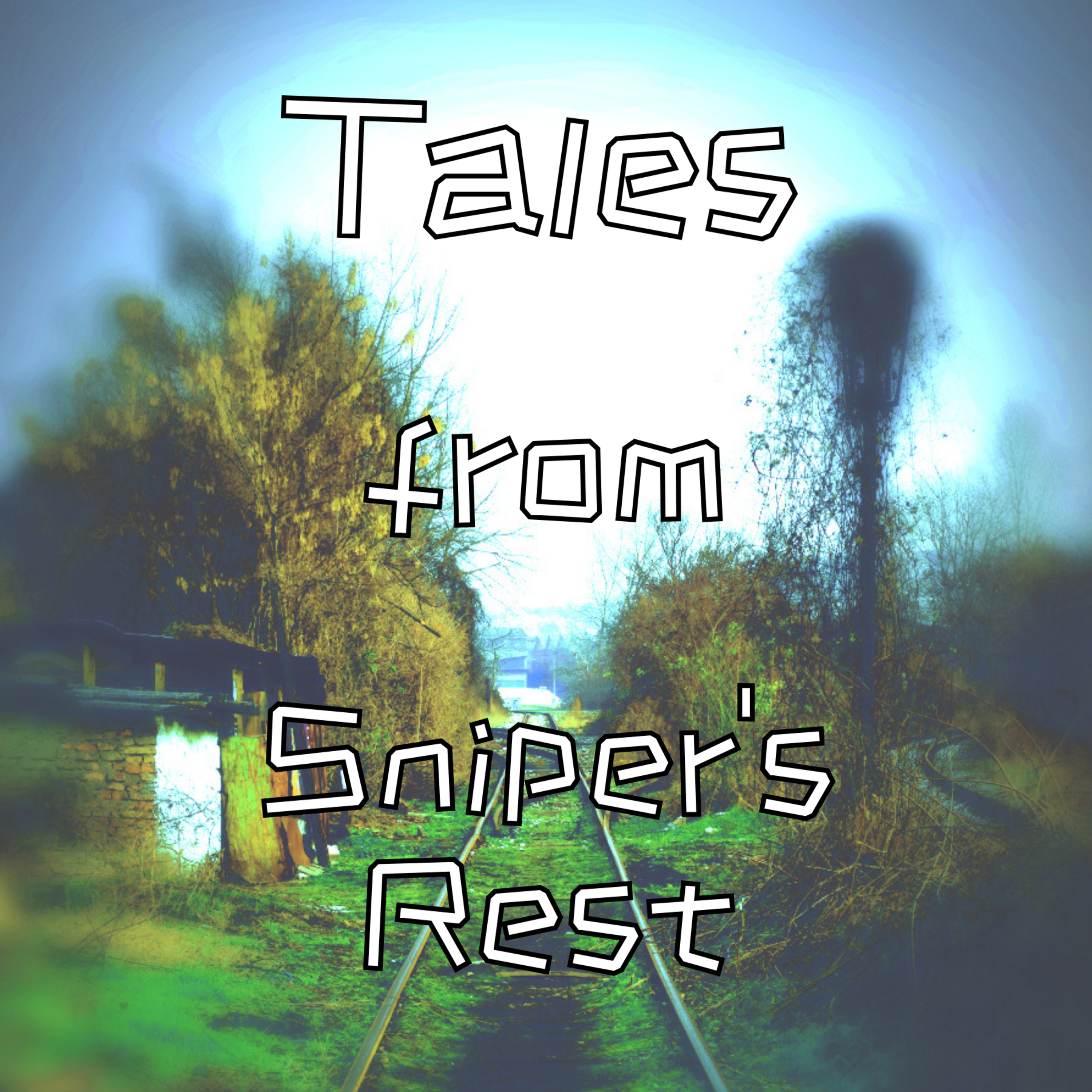 Tales from Sniper's RestThe Time Machine, Part 1Book Summary; A scientist who builds a time machine, travels to the year 802,701 AD and there encounters humanity's descendants – the childlike Eloi and the monstrous Morlocks.
Word I had to look up in order to read this book;
- Fecundity; the ability to produce many new ideas.
- Anachronisms; the action of attributing something to a period to which it does not belong.
- Adroitly; in a clever or skilful way.
- Linnæan;the Linnean Society of London is the world’s oldest active society devot...2023-07-2447 min
Tales from Sniper's RestThe Time Machine, Part 1Book Summary; A scientist who builds a time machine, travels to the year 802,701 AD and there encounters humanity's descendants – the childlike Eloi and the monstrous Morlocks.
Word I had to look up in order to read this book;
- Fecundity; the ability to produce many new ideas.
- Anachronisms; the action of attributing something to a period to which it does not belong.
- Adroitly; in a clever or skilful way.
- Linnæan;the Linnean Society of London is the world’s oldest active society devot...2023-07-2447 min Linnean PodcastsLinnean Podcast #62: What is AI technology doing to museum collections?Soon nothing will be untouched by the exponential growth of AI technology.
It is no surprise that museum collections and biological research has already incorporated these new advancements. So, what does it mean for our interpretation of large data and might we learn something new that was not possible before such technology existed?
Interviewer and producer: Ross Ziegelmeier
Speaker: Dr. Nicolas Gauthier2023-07-1223 min
Linnean PodcastsLinnean Podcast #62: What is AI technology doing to museum collections?Soon nothing will be untouched by the exponential growth of AI technology.
It is no surprise that museum collections and biological research has already incorporated these new advancements. So, what does it mean for our interpretation of large data and might we learn something new that was not possible before such technology existed?
Interviewer and producer: Ross Ziegelmeier
Speaker: Dr. Nicolas Gauthier2023-07-1223 min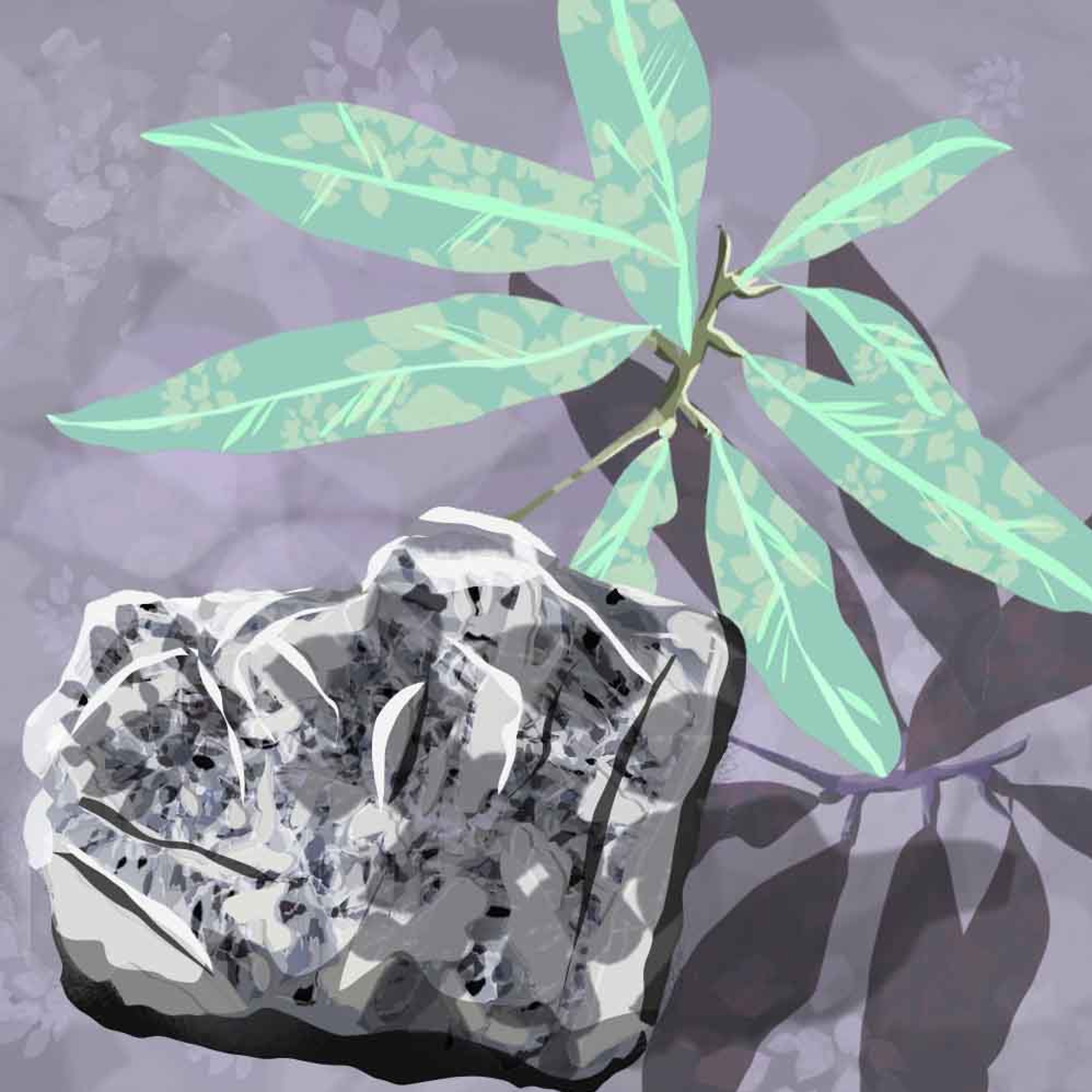 Linnean PodcastsLinnean Podcast #61: mining metals with plants!The increase in demand for electric vehicles has caused an increased demand for the metals needed to produced lithium-ion batteries used in these vehicles. The extraction of these metals has caused devastating damage to the natural world on a global scale.
But what if we could extract metal from the ground without ruining the natural world and polluting our planet?
In this podcast we explore this possibility.
Interviewer and producer: Ross Ziegelmeier
Speaker: Dr. Antony van der Ent2023-06-2311 min
Linnean PodcastsLinnean Podcast #61: mining metals with plants!The increase in demand for electric vehicles has caused an increased demand for the metals needed to produced lithium-ion batteries used in these vehicles. The extraction of these metals has caused devastating damage to the natural world on a global scale.
But what if we could extract metal from the ground without ruining the natural world and polluting our planet?
In this podcast we explore this possibility.
Interviewer and producer: Ross Ziegelmeier
Speaker: Dr. Antony van der Ent2023-06-2311 min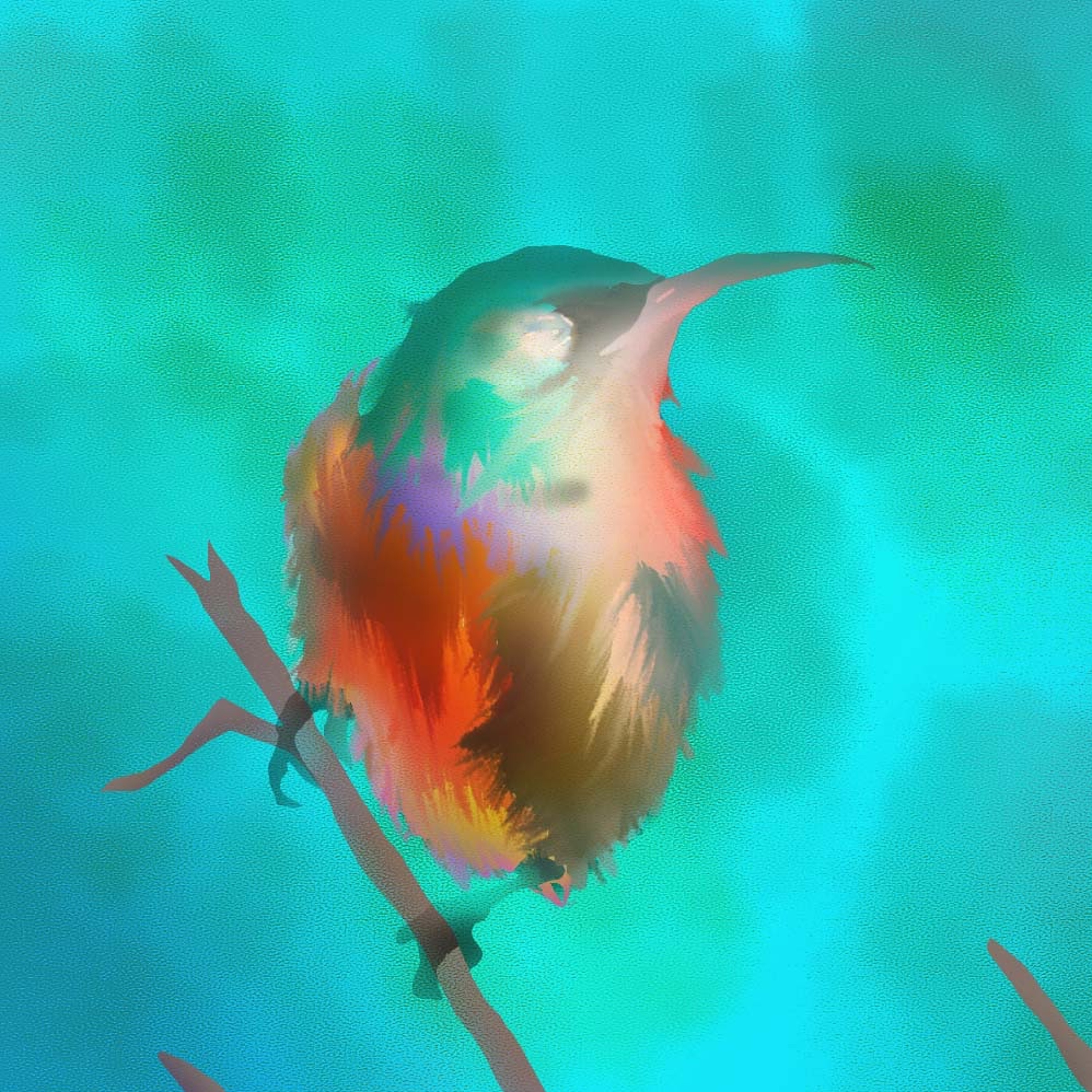 Linnean PodcastsLinnean Podcast #60: not all birds sing!Do you wake up to early morning Twitter? Not the app that interrupts your sleep and haunts your dreams but the sweet dulcet tones of summer birds. Birdsong, the background score that heralds tropical jungles, urban parks and gardens, and wilderness. This episode will take you to the land of the vividly coloured and luminescent sunbirds in Wallacea.
But do all birds sing? Not all. This may seem unbelievable but only some birds have the anatomy to enable them to do so. In this podcast Fionn Ó Marcaigh from Trinity College Dublin takes us on a journey through the melodies of so...2023-06-0510 min
Linnean PodcastsLinnean Podcast #60: not all birds sing!Do you wake up to early morning Twitter? Not the app that interrupts your sleep and haunts your dreams but the sweet dulcet tones of summer birds. Birdsong, the background score that heralds tropical jungles, urban parks and gardens, and wilderness. This episode will take you to the land of the vividly coloured and luminescent sunbirds in Wallacea.
But do all birds sing? Not all. This may seem unbelievable but only some birds have the anatomy to enable them to do so. In this podcast Fionn Ó Marcaigh from Trinity College Dublin takes us on a journey through the melodies of so...2023-06-0510 min Inside Ideas with Marc BuckleyWhat a Bee Knows, with Stephen BuchmannStephen Buchmann is a pollination ecologist specializing in bees and an adjunct professor with the departments of Entomology and of Ecology and Evolutionary Biology at the University of Arizona. A Fellow of the Linnean Society of London, he has published over 150 peer-reviewed scientific papers and eleven books, including The Forgotten Pollinators with Gary Nabhan (Island Press, 1996) and, most recently, The Reason for Flowers: Their History, Culture, Biology, and How They Change Our Lives (Scribner, 2015).
Buchmann is a frequent guest on many public media venues including NPR’s All Things Considered, and Science Friday. Reviews of his books have appeared in...2023-05-231h 43
Inside Ideas with Marc BuckleyWhat a Bee Knows, with Stephen BuchmannStephen Buchmann is a pollination ecologist specializing in bees and an adjunct professor with the departments of Entomology and of Ecology and Evolutionary Biology at the University of Arizona. A Fellow of the Linnean Society of London, he has published over 150 peer-reviewed scientific papers and eleven books, including The Forgotten Pollinators with Gary Nabhan (Island Press, 1996) and, most recently, The Reason for Flowers: Their History, Culture, Biology, and How They Change Our Lives (Scribner, 2015).
Buchmann is a frequent guest on many public media venues including NPR’s All Things Considered, and Science Friday. Reviews of his books have appeared in...2023-05-231h 43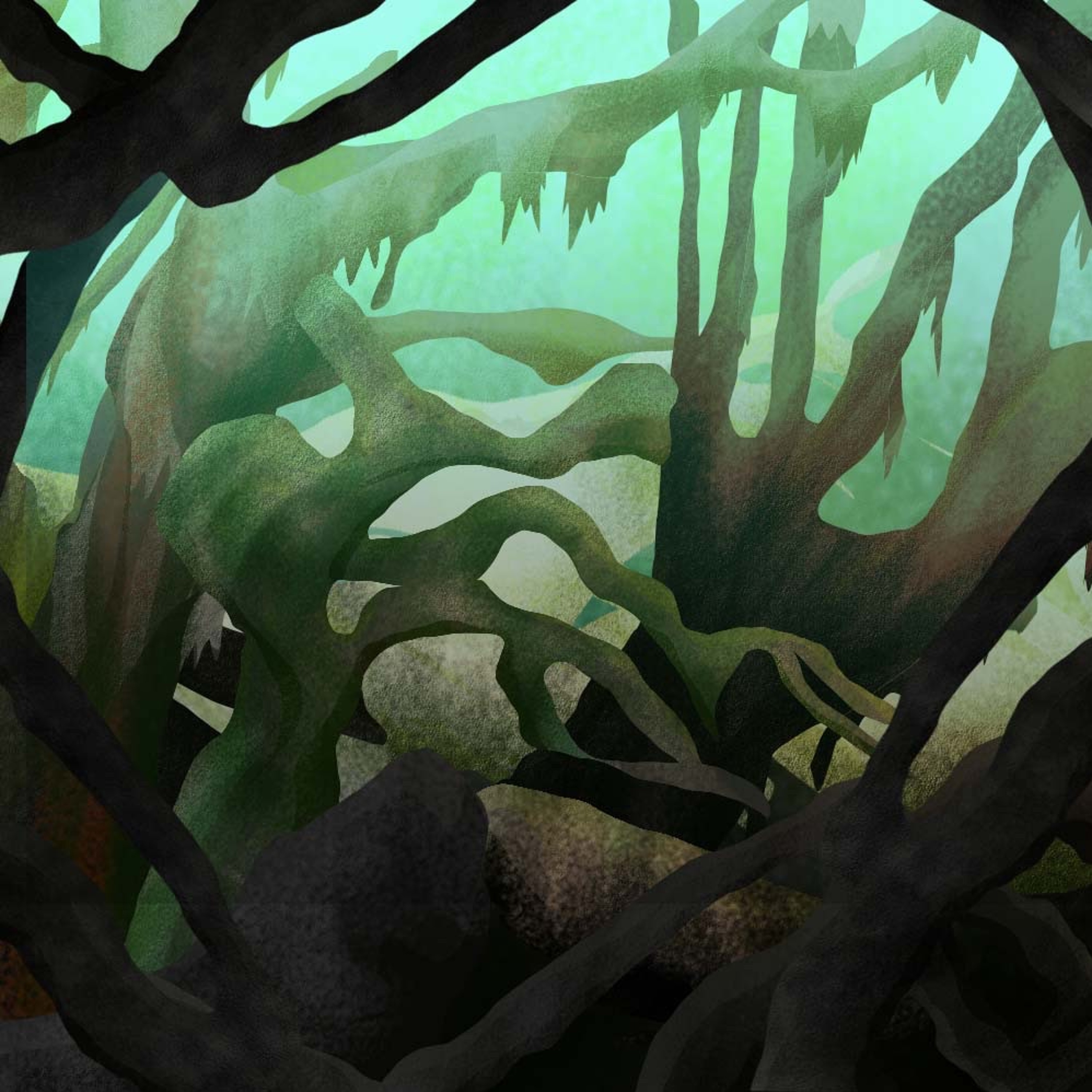 Linnean PodcastsLinnean Podcast #59: Lost Rainforests of Great BritainSo much has been lost; so little remains.
Few people realise that Britain harbours fragments of a globally rare habitat: temperate rainforest.
This is the extraordinary tale of Guy Shrubsoles' quest to find Britain’s lost rainforests – and bring them back.
Interviewer and producer: Ross Ziegelmeier
Speaker: Guy Shrubsole
Want to learn more about forests? Why not attend our lecture
"(Hybrid) How Ancient Forests Can Save Us if We Let Them"
Book tickets here: https://www.eventbrite.co.uk/e/hybrid-how-ancient-forests-can-save-us-if-we-let-them-tickets-536059527477?utm-campaign=social&utm-content=attendeeshare&utm-medium=discovery&utm-term=listing&utm-source=cp&aff=escb2023-04-1324 min
Linnean PodcastsLinnean Podcast #59: Lost Rainforests of Great BritainSo much has been lost; so little remains.
Few people realise that Britain harbours fragments of a globally rare habitat: temperate rainforest.
This is the extraordinary tale of Guy Shrubsoles' quest to find Britain’s lost rainforests – and bring them back.
Interviewer and producer: Ross Ziegelmeier
Speaker: Guy Shrubsole
Want to learn more about forests? Why not attend our lecture
"(Hybrid) How Ancient Forests Can Save Us if We Let Them"
Book tickets here: https://www.eventbrite.co.uk/e/hybrid-how-ancient-forests-can-save-us-if-we-let-them-tickets-536059527477?utm-campaign=social&utm-content=attendeeshare&utm-medium=discovery&utm-term=listing&utm-source=cp&aff=escb2023-04-1324 min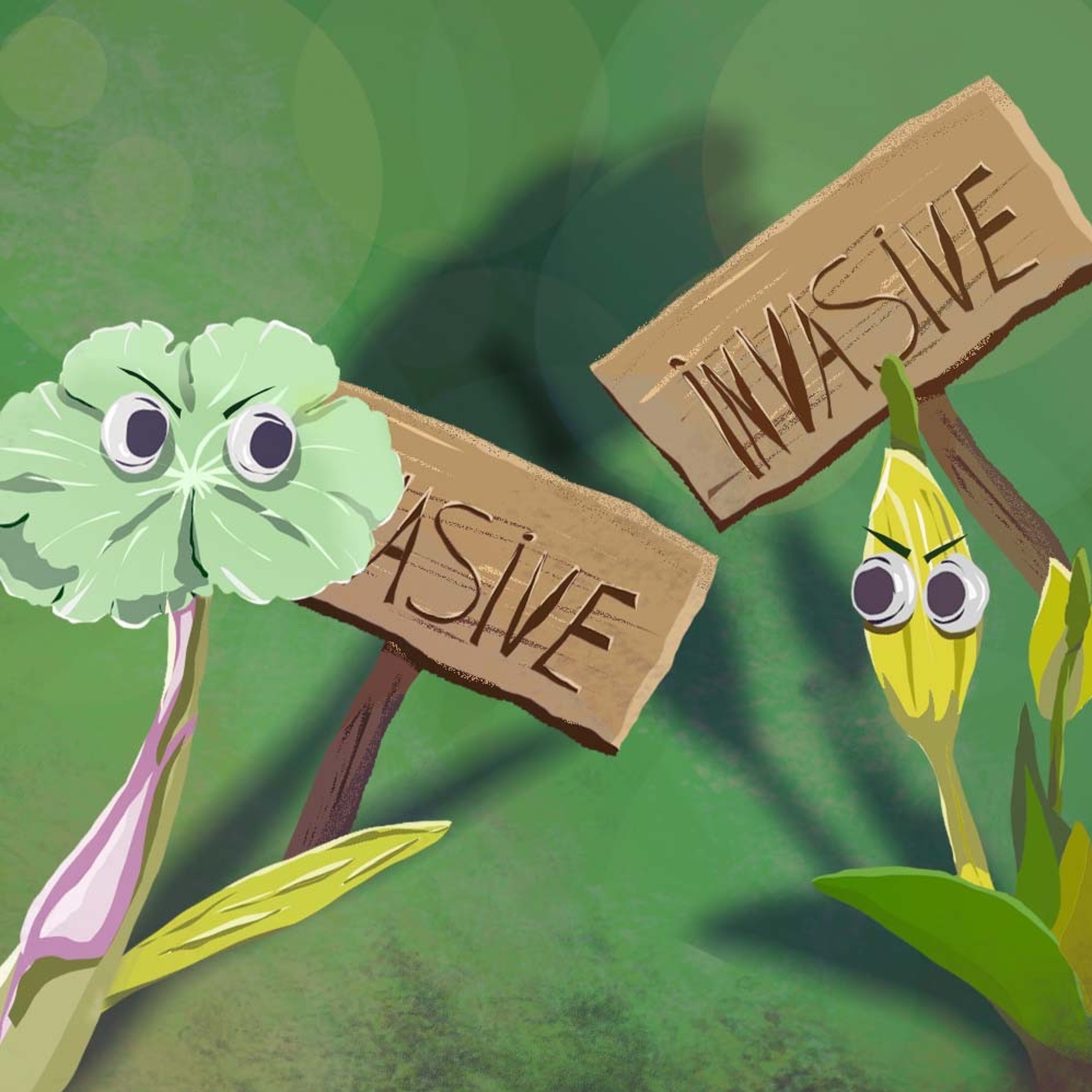 Linnean PodcastsLinnean Podcast #58: Invasive, Native, Non-Native, Alien Plants...what is the difference?The redistribution of "alien species" around the world accelerated with European colonialism. European powers were responsible for the deliberate and accidental transportation, introduction, and establishment of alien species throughout their occupied territories, and the metropolitan state. These activities left a lasting imprint on the global distribution of alien plants.
The language we use today to identify, understand and communicate local ecology is often peppered with terms like 'invasives', 'aliens', 'natives'. But are there the right words, and connotations?
Interviewer and producer: Ross Ziegelmeier
Speaker: Dr. Mark Spencer
Want to find out more? Why not attend our lecture "The Impact of...2023-03-2020 min
Linnean PodcastsLinnean Podcast #58: Invasive, Native, Non-Native, Alien Plants...what is the difference?The redistribution of "alien species" around the world accelerated with European colonialism. European powers were responsible for the deliberate and accidental transportation, introduction, and establishment of alien species throughout their occupied territories, and the metropolitan state. These activities left a lasting imprint on the global distribution of alien plants.
The language we use today to identify, understand and communicate local ecology is often peppered with terms like 'invasives', 'aliens', 'natives'. But are there the right words, and connotations?
Interviewer and producer: Ross Ziegelmeier
Speaker: Dr. Mark Spencer
Want to find out more? Why not attend our lecture "The Impact of...2023-03-2020 min The SoapyRao ShowHuman survival: Understanding evolution and adapting ft. Dr. John van WyheJohn van Wyhe is a historian of science at the National University of Singapore and the founder and Director of Darwin Online. He has published fifteen books and lectures and broadcasts around the world.Van Wyhe curated the restoration of Darwin's rooms at Christ's College and the Wallace exhibition at Science Centre Singapore. He has led expeditions to Indonesia to examine nature conservation and re-discovered a snake thought locally extinct for 172 years. He is a member of the British Society for the History of Science, a Fellow of the Linnean Society of London, and a University Professorial...2023-02-171h 09
The SoapyRao ShowHuman survival: Understanding evolution and adapting ft. Dr. John van WyheJohn van Wyhe is a historian of science at the National University of Singapore and the founder and Director of Darwin Online. He has published fifteen books and lectures and broadcasts around the world.Van Wyhe curated the restoration of Darwin's rooms at Christ's College and the Wallace exhibition at Science Centre Singapore. He has led expeditions to Indonesia to examine nature conservation and re-discovered a snake thought locally extinct for 172 years. He is a member of the British Society for the History of Science, a Fellow of the Linnean Society of London, and a University Professorial...2023-02-171h 09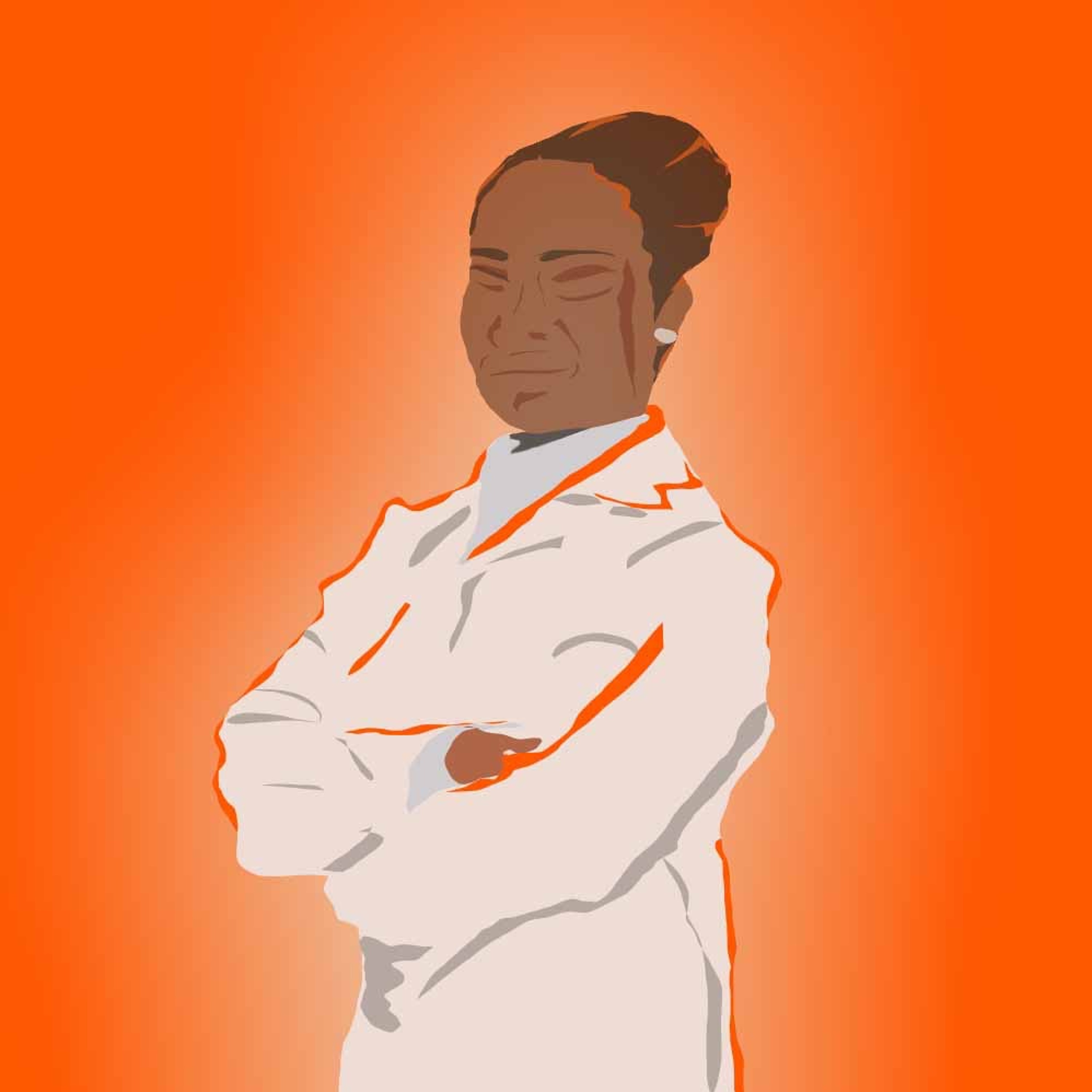 Linnean PodcastsLinnean Podcast #57: A Revolutionary Guide to Sex, Evolution and the Female AnimalIn the last few decades a revolution has been brewing in zoology and evolutionary biology. Lucy Cooke introduces us to a riotous cast of animals, and the scientists studying them, that are redefining the female of the species.
The bitches in her book titled "Bitch" overturn outdated binary expectations of bodies, brains, biology and behaviour. Lucy Cooke's brilliant new book will change how you think - about sex, sexual identity and sexuality in animals and also the very forces that shape evolution.
Producer: Ross Ziegelmeier
Interviewer: Ayesha Meredith-Lewis
Speaker: Lucy Cooke2023-02-1142 min
Linnean PodcastsLinnean Podcast #57: A Revolutionary Guide to Sex, Evolution and the Female AnimalIn the last few decades a revolution has been brewing in zoology and evolutionary biology. Lucy Cooke introduces us to a riotous cast of animals, and the scientists studying them, that are redefining the female of the species.
The bitches in her book titled "Bitch" overturn outdated binary expectations of bodies, brains, biology and behaviour. Lucy Cooke's brilliant new book will change how you think - about sex, sexual identity and sexuality in animals and also the very forces that shape evolution.
Producer: Ross Ziegelmeier
Interviewer: Ayesha Meredith-Lewis
Speaker: Lucy Cooke2023-02-1142 min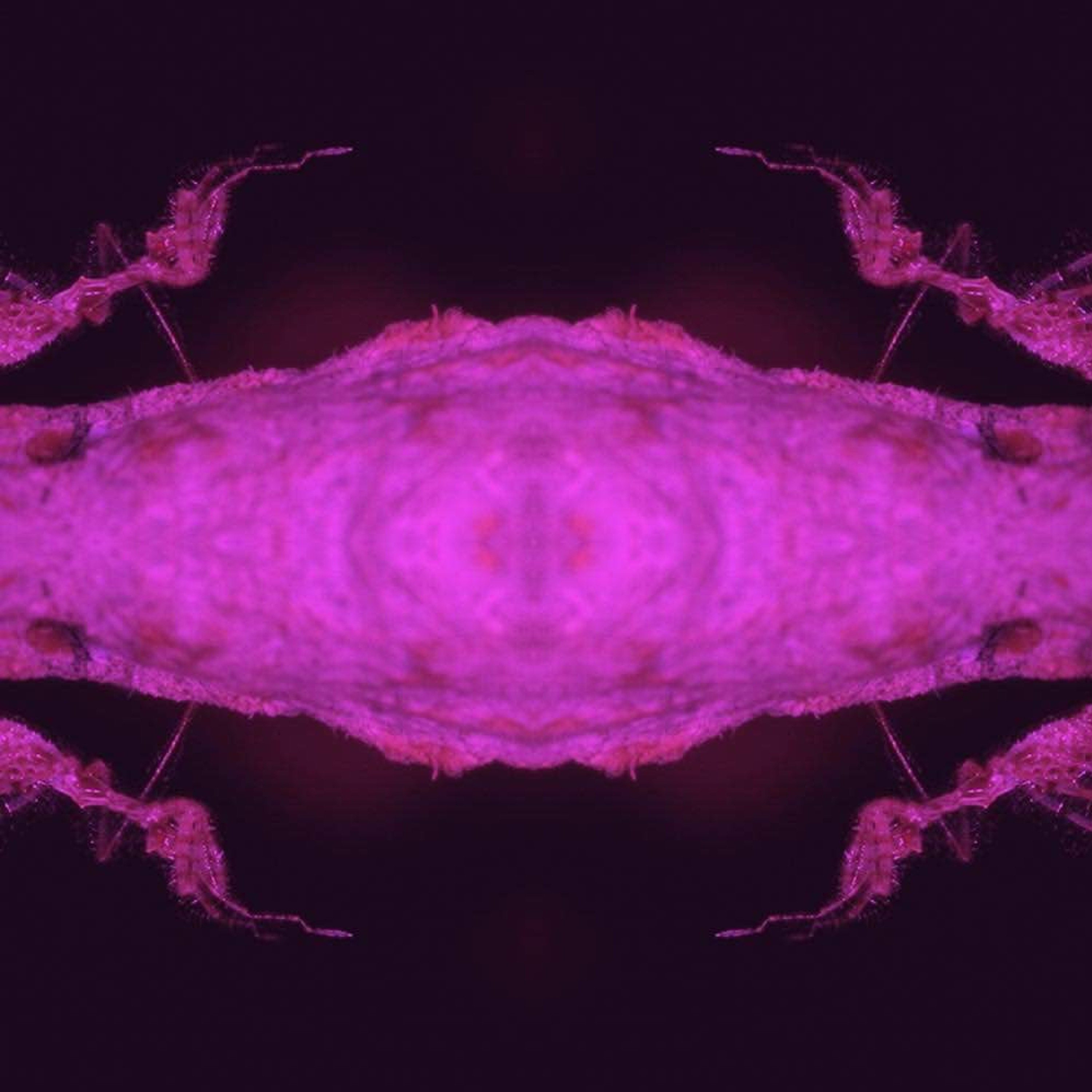 Linnean PodcastsLinnean Podcast #56: Assassin BugsPredators that hunt dangerous prey require specialized predatory tactics to avoid counter-attack. Usually, these predatory tactics reduce the probability of detection. The assassin bugs Stenolemus bituberus and S. giraffa rely on stealth or mimicry to prey on dangerous web-building spiders. Paradoxically, however, these assassin bugs tap the spiders with their antennae prior to attacking, leaving the bugs vulnerable to detection and counter-attack.
Interviewer and producer: Ross Ziegelmeier
Speaker: Anne Wignall2023-01-0917 min
Linnean PodcastsLinnean Podcast #56: Assassin BugsPredators that hunt dangerous prey require specialized predatory tactics to avoid counter-attack. Usually, these predatory tactics reduce the probability of detection. The assassin bugs Stenolemus bituberus and S. giraffa rely on stealth or mimicry to prey on dangerous web-building spiders. Paradoxically, however, these assassin bugs tap the spiders with their antennae prior to attacking, leaving the bugs vulnerable to detection and counter-attack.
Interviewer and producer: Ross Ziegelmeier
Speaker: Anne Wignall2023-01-0917 min Talking Beats with Daniel LelchukEp. 144: Sonic Marvels, Evolution's Creativity, and the Crisis of Sensory Extinction with David George Haskell“Going out and listening is one of the most enjoyable things we do—and fruitful. By paying attention, we feed our imagination, we feed our creativity, we renew ourselves. We bust out of the algorithms and the fake news into the sensory reality of the living earth.”
Biologist and writer David George Haksell joins the podcast, with his new book Sounds Wild and Broken: Sonic Marvels, Evolution's Creativity, and the Crisis of Sensory Extinction. For most of the history of the planet, the only sounds that were made came from the planet itself-- oceans, storms, rivers, rain. No ani...2022-12-0650 min
Talking Beats with Daniel LelchukEp. 144: Sonic Marvels, Evolution's Creativity, and the Crisis of Sensory Extinction with David George Haskell“Going out and listening is one of the most enjoyable things we do—and fruitful. By paying attention, we feed our imagination, we feed our creativity, we renew ourselves. We bust out of the algorithms and the fake news into the sensory reality of the living earth.”
Biologist and writer David George Haksell joins the podcast, with his new book Sounds Wild and Broken: Sonic Marvels, Evolution's Creativity, and the Crisis of Sensory Extinction. For most of the history of the planet, the only sounds that were made came from the planet itself-- oceans, storms, rivers, rain. No ani...2022-12-0650 min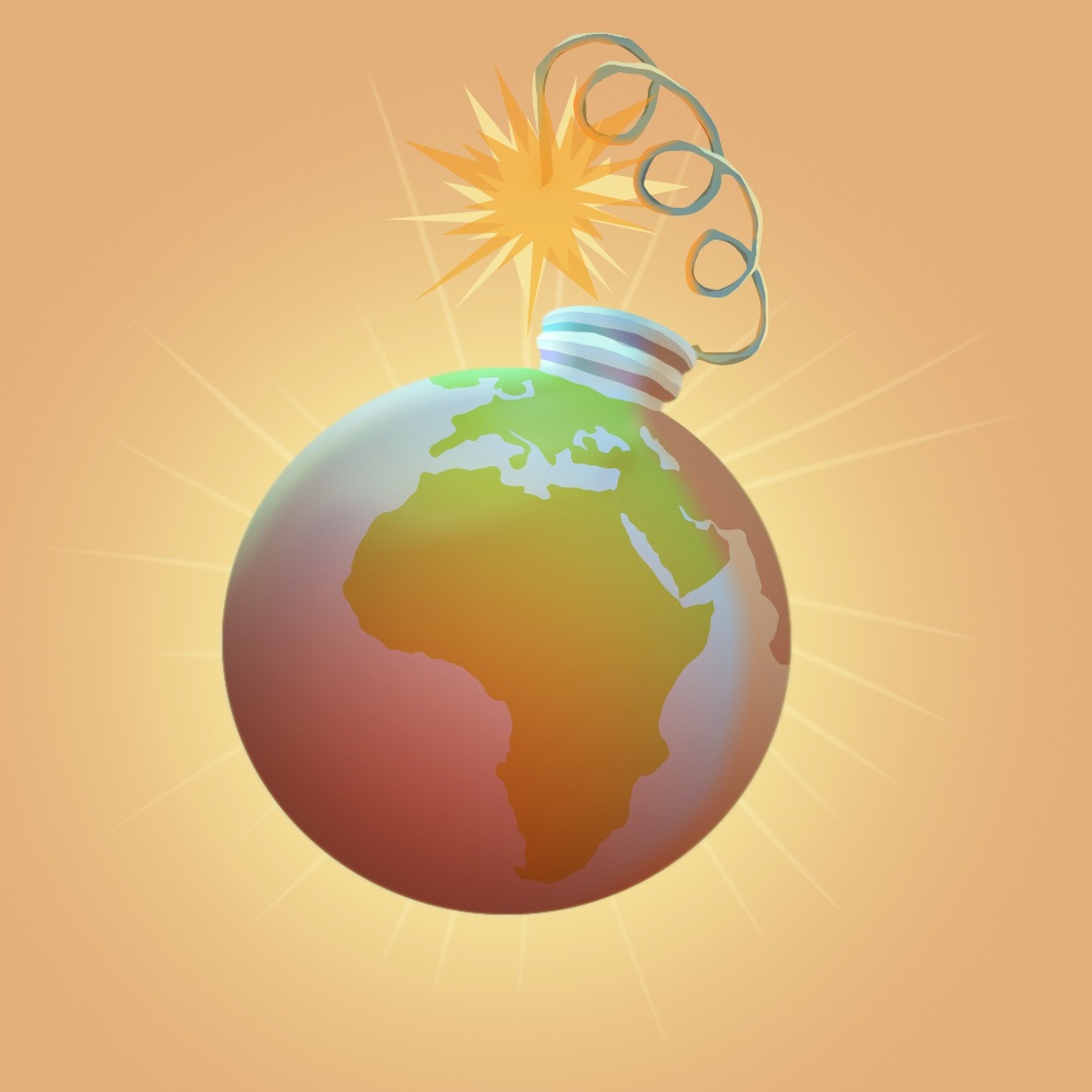 Linnean PodcastsLinnean Podcast #55: How Nations Cope With Crisis And ChangeJared diamond's latest book upheaval discusses "How Nations Cope With Crisis And Change". These individual nations stories act as evidence of how crises can be overcome and stand as evidence for how we might seek to resolve global issues, such as climate change.
Interviewer: Ross Ziegelmeier
Speaker: Jared diamond2022-12-0119 min
Linnean PodcastsLinnean Podcast #55: How Nations Cope With Crisis And ChangeJared diamond's latest book upheaval discusses "How Nations Cope With Crisis And Change". These individual nations stories act as evidence of how crises can be overcome and stand as evidence for how we might seek to resolve global issues, such as climate change.
Interviewer: Ross Ziegelmeier
Speaker: Jared diamond2022-12-0119 min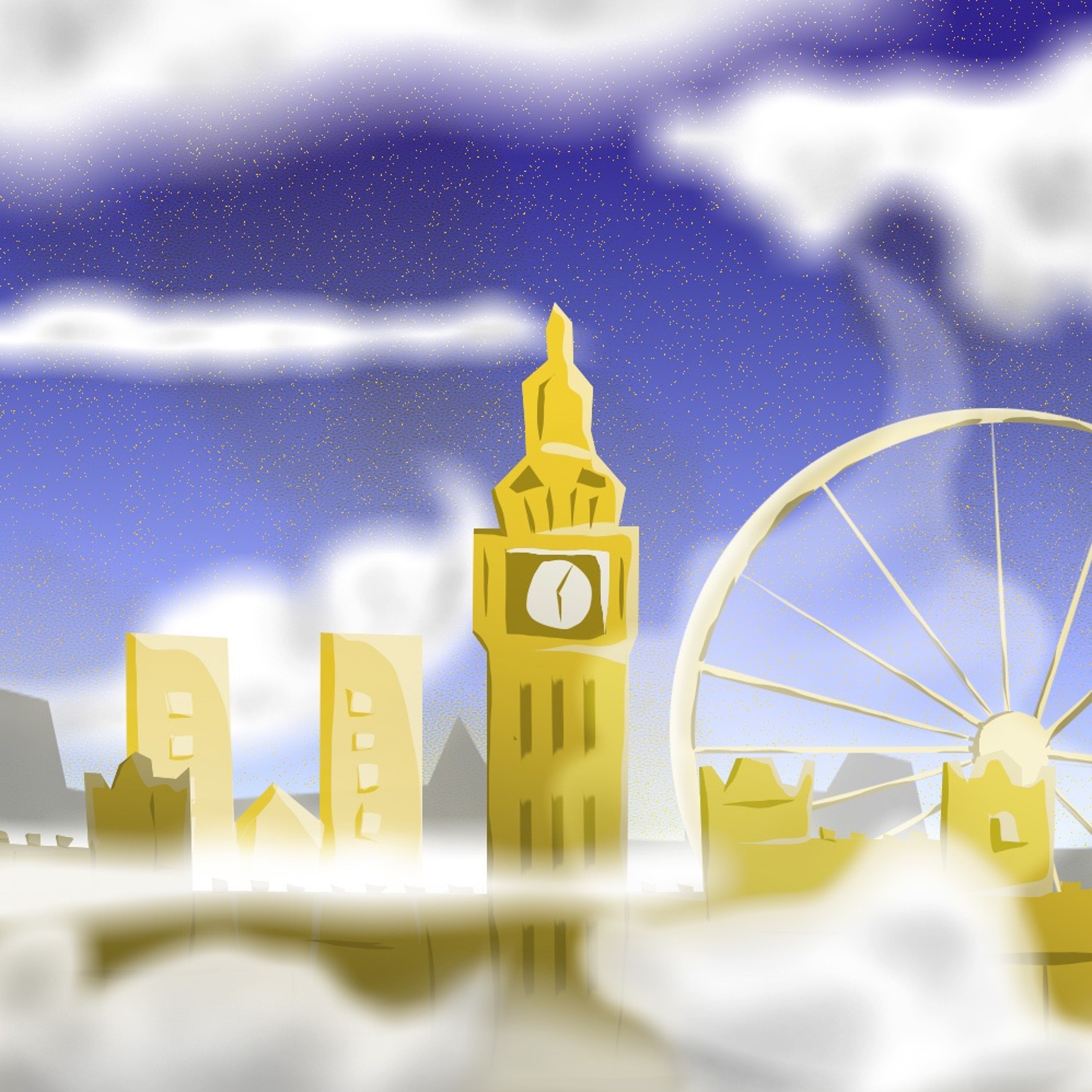 Linnean PodcastsLinnean Podcast #54: Luke Howard: The Namer of CloudsLook up - is there anything harder than trying to pin down a cloud? But a young chemist and future metereologist did the very exact thing - he categorised clouds for the world. His name was Luke Howard (1772-1864).
Through out his life, Howard, a quaker and self-taught naturalist, gazed at clouds - his cloud taxonomy still holds strong today for the millions of cloud lovers around the world.
Padma speaks with science historian and lecturer Dr Richard Hamblyn (Birkbeck University), who also wrote 'The Invention of Clouds: How an Amateur Meteorologist Forged the Language of the Skies', about Howard...2022-11-2532 min
Linnean PodcastsLinnean Podcast #54: Luke Howard: The Namer of CloudsLook up - is there anything harder than trying to pin down a cloud? But a young chemist and future metereologist did the very exact thing - he categorised clouds for the world. His name was Luke Howard (1772-1864).
Through out his life, Howard, a quaker and self-taught naturalist, gazed at clouds - his cloud taxonomy still holds strong today for the millions of cloud lovers around the world.
Padma speaks with science historian and lecturer Dr Richard Hamblyn (Birkbeck University), who also wrote 'The Invention of Clouds: How an Amateur Meteorologist Forged the Language of the Skies', about Howard...2022-11-2532 min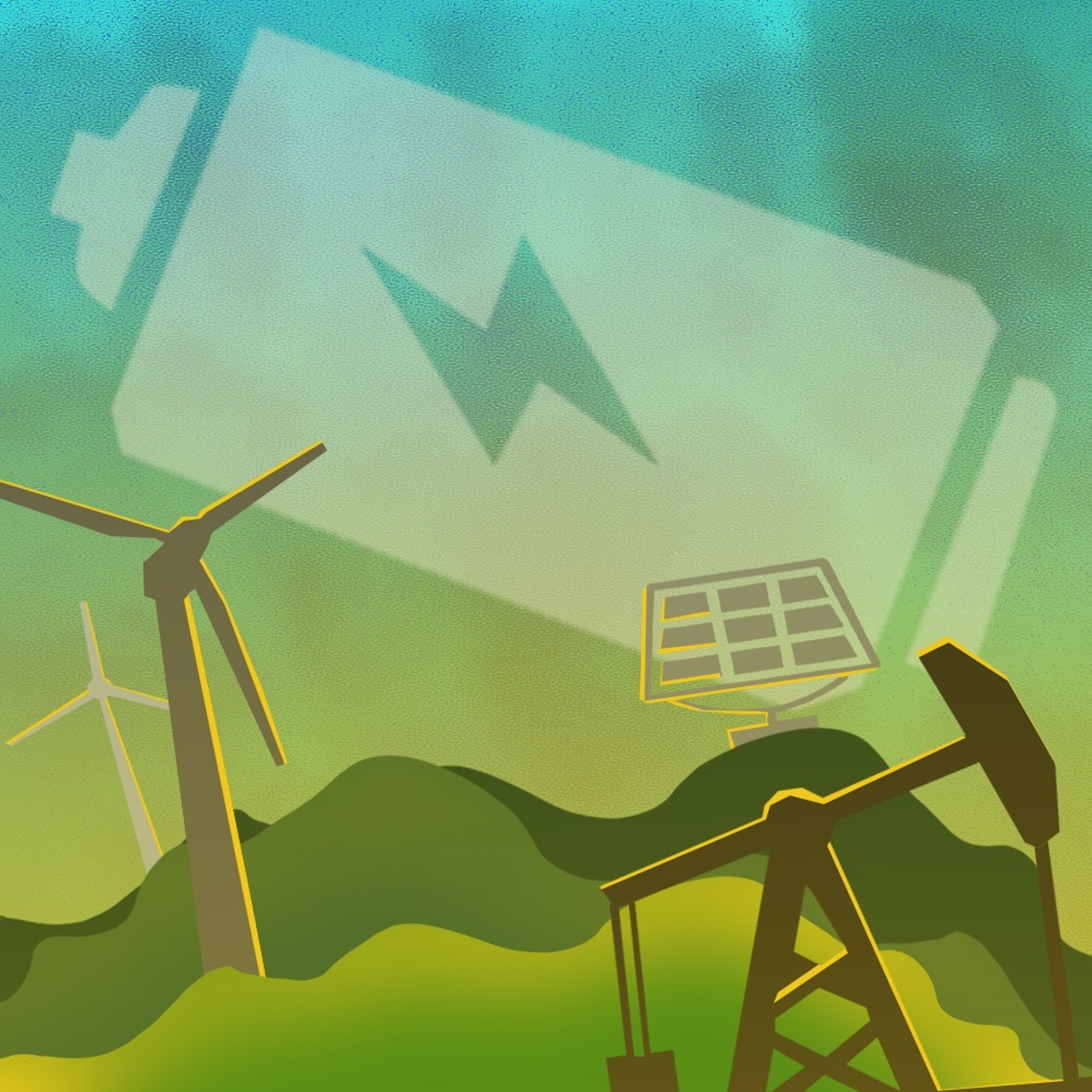 Linnean PodcastsLinnean Podcast #53: What's being done about the energy crisis?We are currently living through an energy crises, but what actually is an energy crises? What does it mean for our future? and what is being done to help us get through it? We speak with researcher, activist and climate change communicator, Peter Harper, who has spent his entire life thinking about these questions. We also speak with Elree Winnett Seelig, who is a Managing Director and Head of Environmental, Social and Governance for Citi's Markets business, to understand what is currently being done and what still could be done to resolve this crises.
To go deeper into this conversation...2022-11-1823 min
Linnean PodcastsLinnean Podcast #53: What's being done about the energy crisis?We are currently living through an energy crises, but what actually is an energy crises? What does it mean for our future? and what is being done to help us get through it? We speak with researcher, activist and climate change communicator, Peter Harper, who has spent his entire life thinking about these questions. We also speak with Elree Winnett Seelig, who is a Managing Director and Head of Environmental, Social and Governance for Citi's Markets business, to understand what is currently being done and what still could be done to resolve this crises.
To go deeper into this conversation...2022-11-1823 min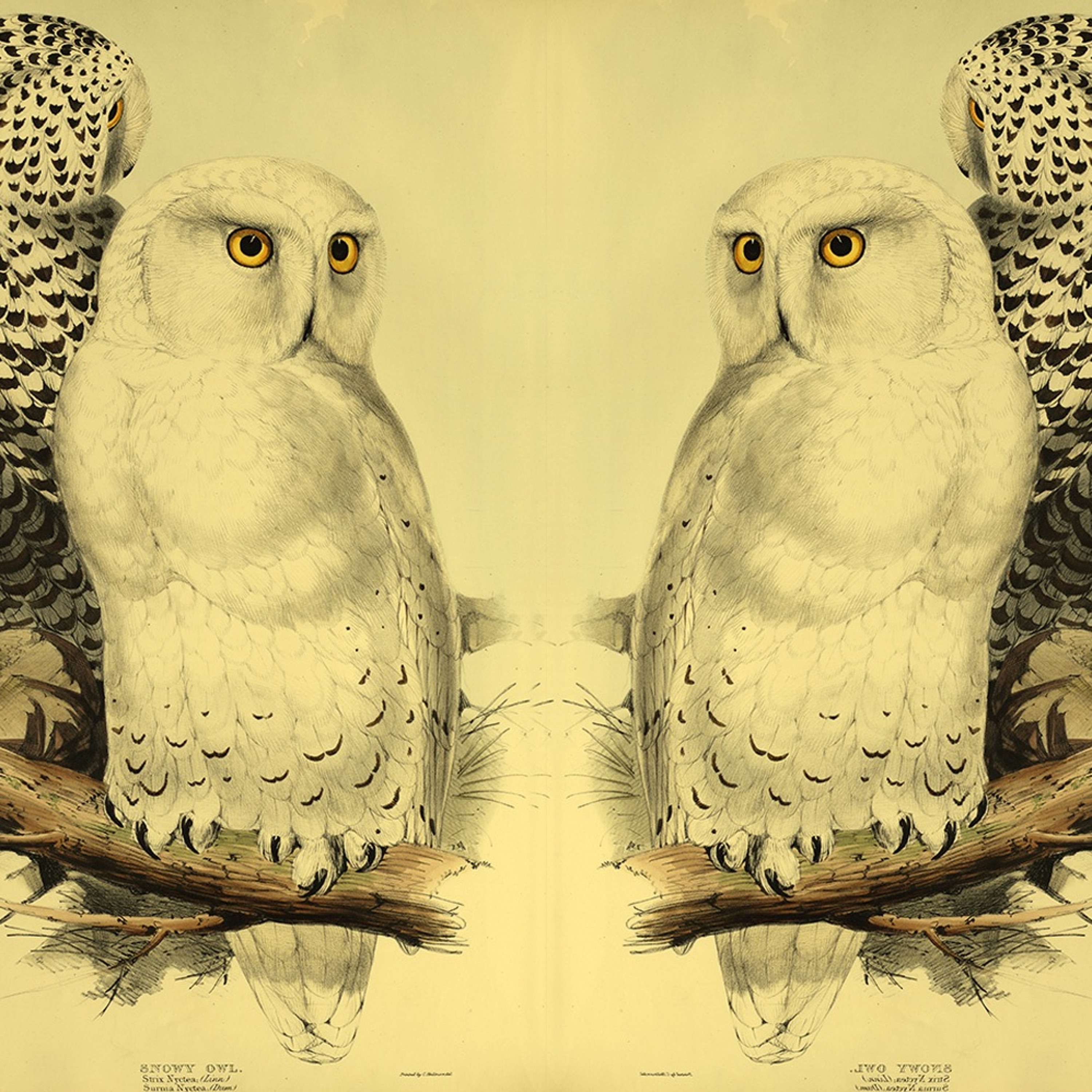 Linnean PodcastsLinnean Podcast #52: Quiet Flight and Silent KillersOwls have evolved sensitive hearing facilitated by a facial disc, and flight that is quieted in part by a leading-edge comb on their wing. This comb is a series of modified barbs, or serrations, which project up from the outermost primary feathers on the leading edge of the wing. Here we explore the evolution of comb and facial disc morphology.
Speaker: Christopher J. Clark
Interviewer and Producer: Ross Ziegelmeier2022-11-0113 min
Linnean PodcastsLinnean Podcast #52: Quiet Flight and Silent KillersOwls have evolved sensitive hearing facilitated by a facial disc, and flight that is quieted in part by a leading-edge comb on their wing. This comb is a series of modified barbs, or serrations, which project up from the outermost primary feathers on the leading edge of the wing. Here we explore the evolution of comb and facial disc morphology.
Speaker: Christopher J. Clark
Interviewer and Producer: Ross Ziegelmeier2022-11-0113 min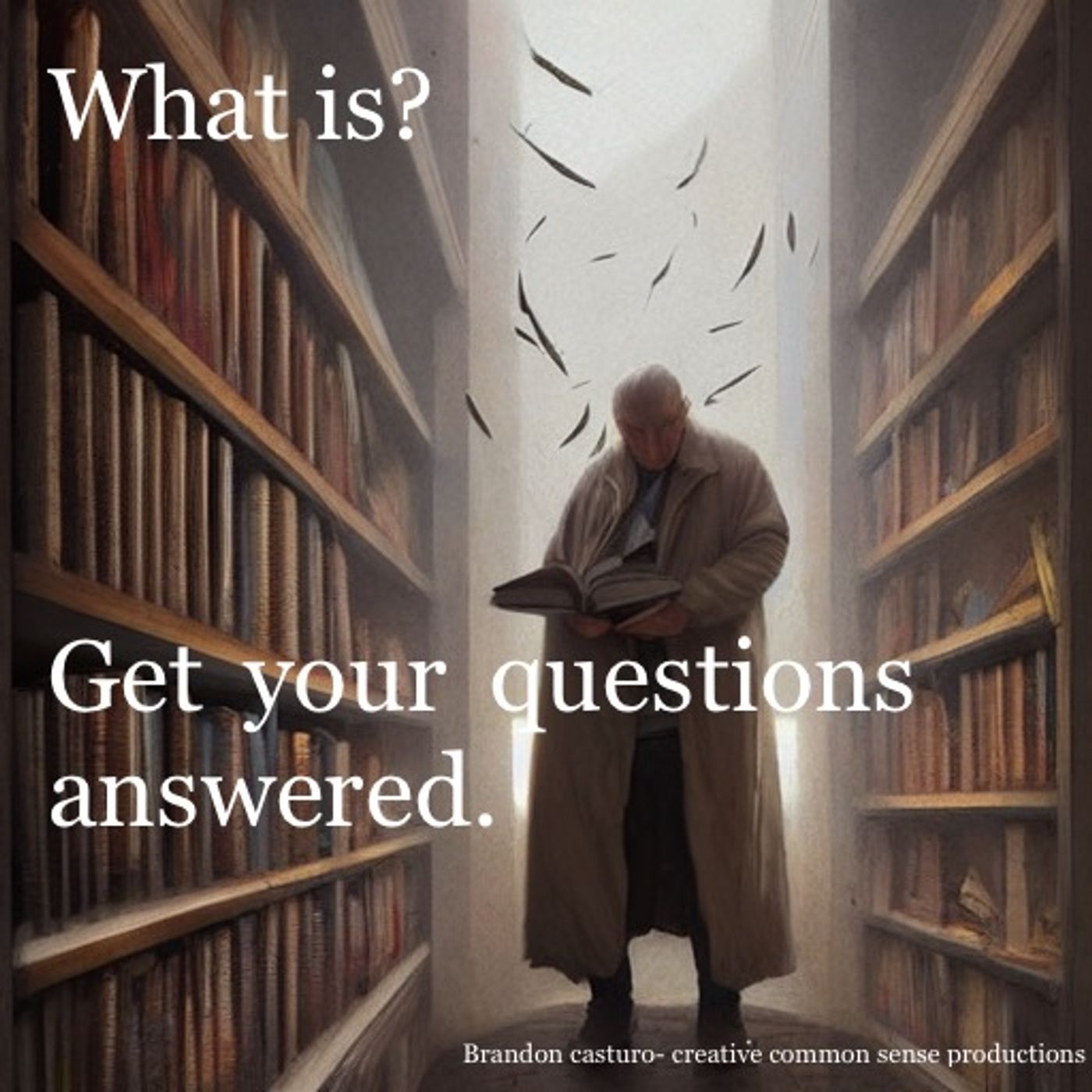 What is?What is Nymphaeaceae?NymphaeaceaeFrom Simple English Wikipedia, the free encyclopediaJump to navigationJump to searchNymphaeaceaeNymphaea tetragona.jpgWater Lily with FlowerScientific classificationKingdom:PlantaeDivision:MagnoliophytaClass:MagnoliopsidaOrder:NymphaealesFamily:NymphaeaceaeSalisb. (1805)In botany, Nymphaeaceae is the name of a family of plants which grow in water. The family is also called water-lily family.Their flowers suggest they are one of the earliest groups of angiosperms.[1] Modern genetic analyses by the Angiosperm Phylogeny Group researchers has confirmed its basal position among flowering plants.[2][3][4]2022-10-1600 min
What is?What is Nymphaeaceae?NymphaeaceaeFrom Simple English Wikipedia, the free encyclopediaJump to navigationJump to searchNymphaeaceaeNymphaea tetragona.jpgWater Lily with FlowerScientific classificationKingdom:PlantaeDivision:MagnoliophytaClass:MagnoliopsidaOrder:NymphaealesFamily:NymphaeaceaeSalisb. (1805)In botany, Nymphaeaceae is the name of a family of plants which grow in water. The family is also called water-lily family.Their flowers suggest they are one of the earliest groups of angiosperms.[1] Modern genetic analyses by the Angiosperm Phylogeny Group researchers has confirmed its basal position among flowering plants.[2][3][4]2022-10-1600 min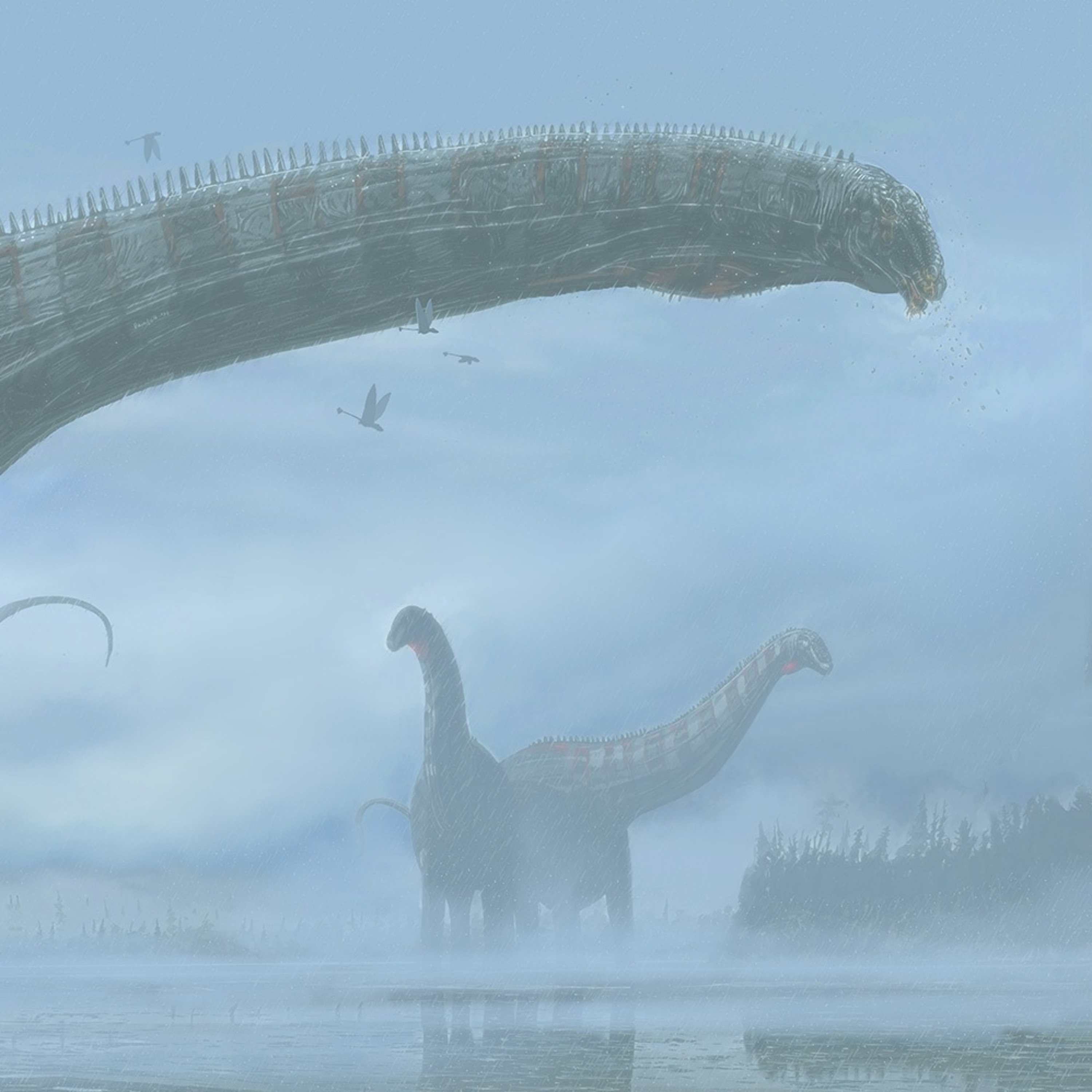 Linnean PodcastsLinnean Podcast #51: A dinosaur with a sore throatThe specimen, nicknamed “Dolly”, was discovered in southwest Montana, USA, and dates back to the Late Jurassic Period of the Mesozoic Era (approximately 150 million years ago). This specimen may provide the first evidence of a unique respiratory infection in a dinosaur.
In this podcast we dive deep into the dirt to discover the details of this dinosaur's sore throat.
Speakers: Cary Woodruff
Interviewer: Ross Ziegelmeier
Producer: Ross Ziegelmeier2022-10-1016 min
Linnean PodcastsLinnean Podcast #51: A dinosaur with a sore throatThe specimen, nicknamed “Dolly”, was discovered in southwest Montana, USA, and dates back to the Late Jurassic Period of the Mesozoic Era (approximately 150 million years ago). This specimen may provide the first evidence of a unique respiratory infection in a dinosaur.
In this podcast we dive deep into the dirt to discover the details of this dinosaur's sore throat.
Speakers: Cary Woodruff
Interviewer: Ross Ziegelmeier
Producer: Ross Ziegelmeier2022-10-1016 min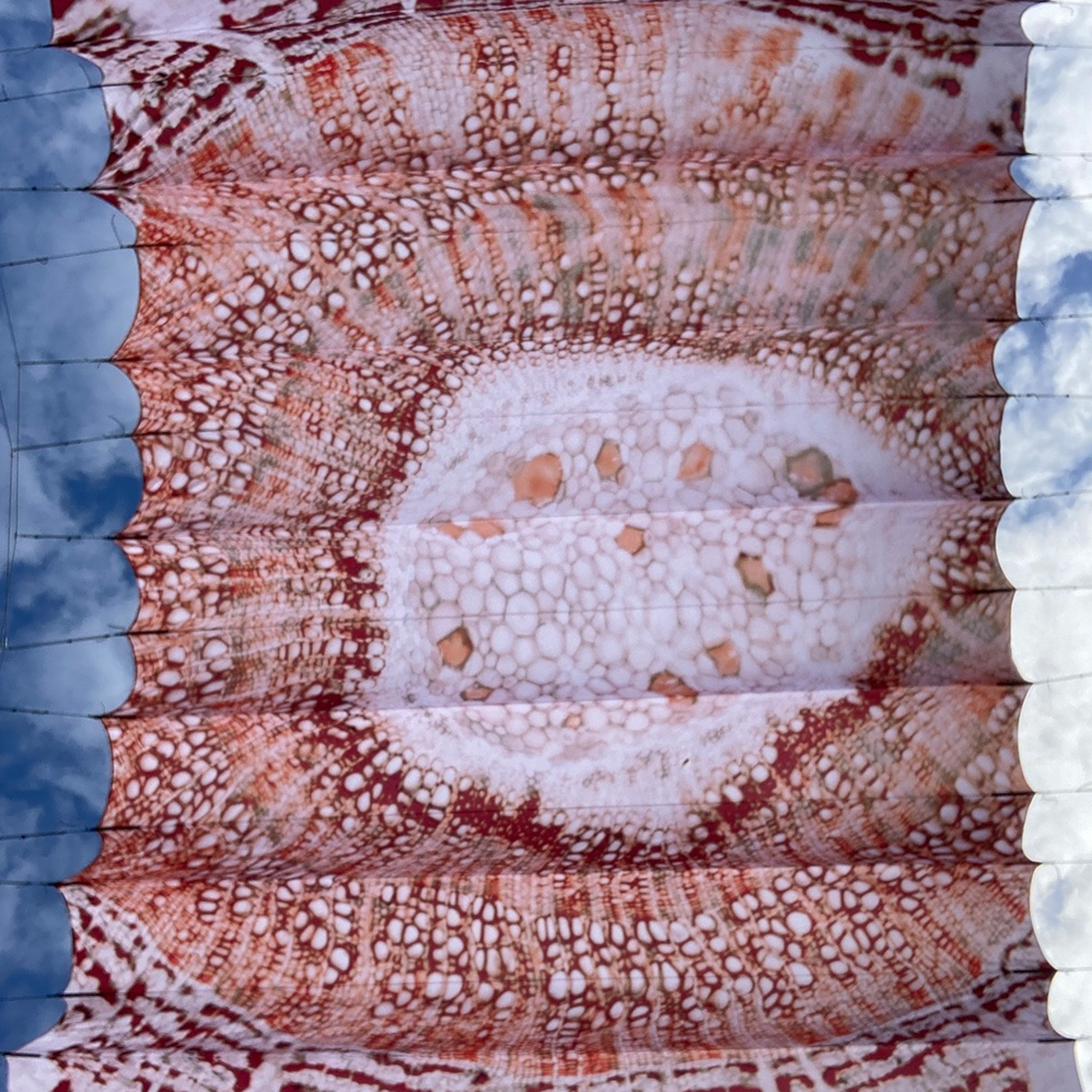 Linnean PodcastsLinnean Podcast #50: Overstory - when last did you connect with nature?Two temporarily sited artworks by leading contemporary artists Ivan Morison and Heather Peak were unveiled on 19 August in Bristol. Overstory, a pair of site-specific suspended structures featuring microscopic imagery of trees, will hang above Broadmead highlighting the importance of urban tree cover.
Overstory gives a view into the microscopic world of trees and asks visitors to celebrate and consider how they are folded into our lives through their presence around us, their functions within our shared ecosystems, the stories they tell, and the role we can all play in creating and protecting natural spaces in our cities.
The artwork has...2022-08-2612 min
Linnean PodcastsLinnean Podcast #50: Overstory - when last did you connect with nature?Two temporarily sited artworks by leading contemporary artists Ivan Morison and Heather Peak were unveiled on 19 August in Bristol. Overstory, a pair of site-specific suspended structures featuring microscopic imagery of trees, will hang above Broadmead highlighting the importance of urban tree cover.
Overstory gives a view into the microscopic world of trees and asks visitors to celebrate and consider how they are folded into our lives through their presence around us, their functions within our shared ecosystems, the stories they tell, and the role we can all play in creating and protecting natural spaces in our cities.
The artwork has...2022-08-2612 min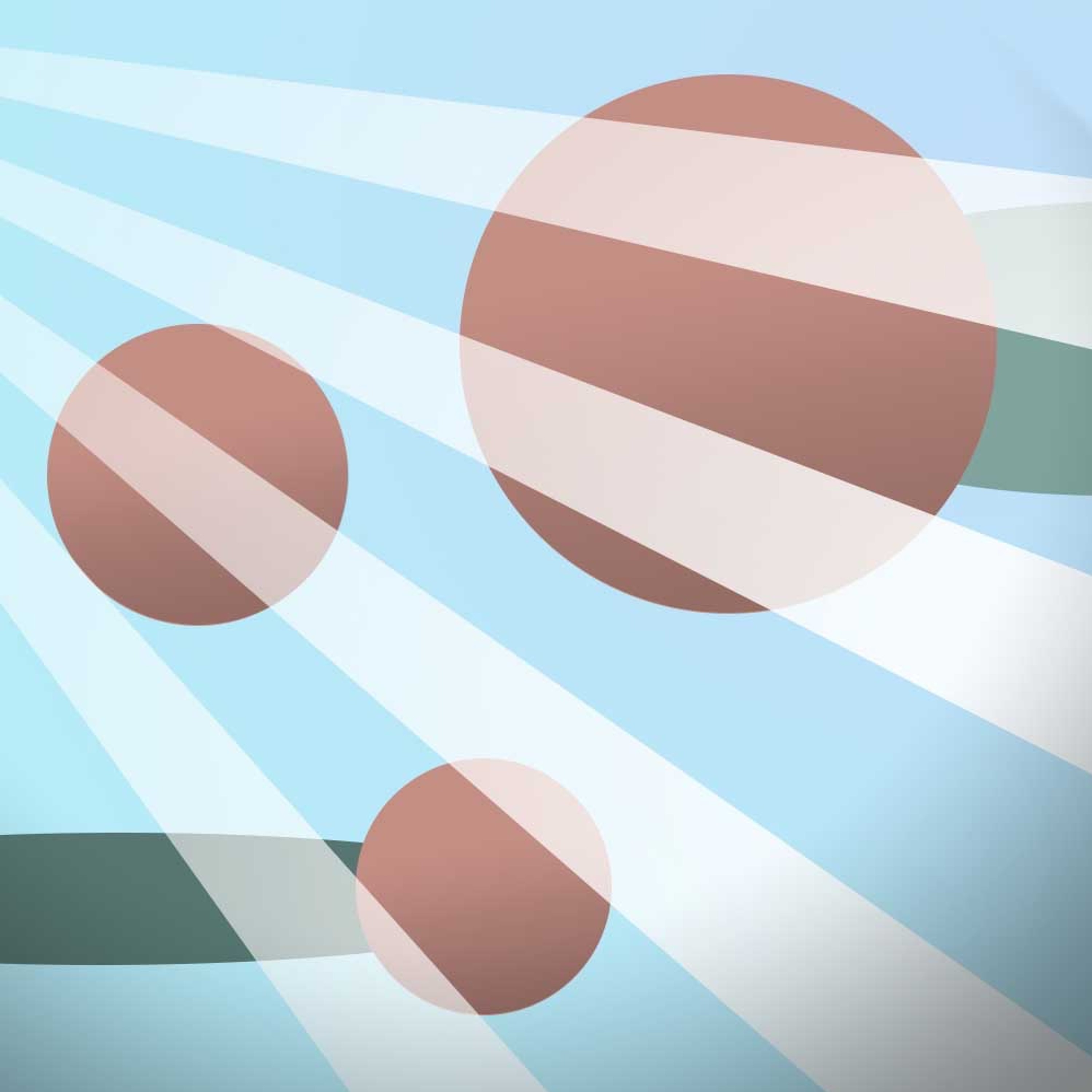 Linnean PodcastsLinnean Future Podcast #49: A Conversation with NatureCosmo Sheldrake, a multi-instrumentalist musician, composer and producer brings us into a musical conversation with nature. In this podcast, we explore how sound and music is not only a vehicle for us to communicate stories about the natural world, but can in itself be a method of investigation. Cosmo also shares with us his journey with climate activism, how it has shaped him and his subject matter of music.
This podcasts includes snippets of Cosmo’s music, that he has kindly shared with us. He hopes that it will inspire you to listen more closely to the natural world and fo...2022-08-0120 min
Linnean PodcastsLinnean Future Podcast #49: A Conversation with NatureCosmo Sheldrake, a multi-instrumentalist musician, composer and producer brings us into a musical conversation with nature. In this podcast, we explore how sound and music is not only a vehicle for us to communicate stories about the natural world, but can in itself be a method of investigation. Cosmo also shares with us his journey with climate activism, how it has shaped him and his subject matter of music.
This podcasts includes snippets of Cosmo’s music, that he has kindly shared with us. He hopes that it will inspire you to listen more closely to the natural world and fo...2022-08-0120 min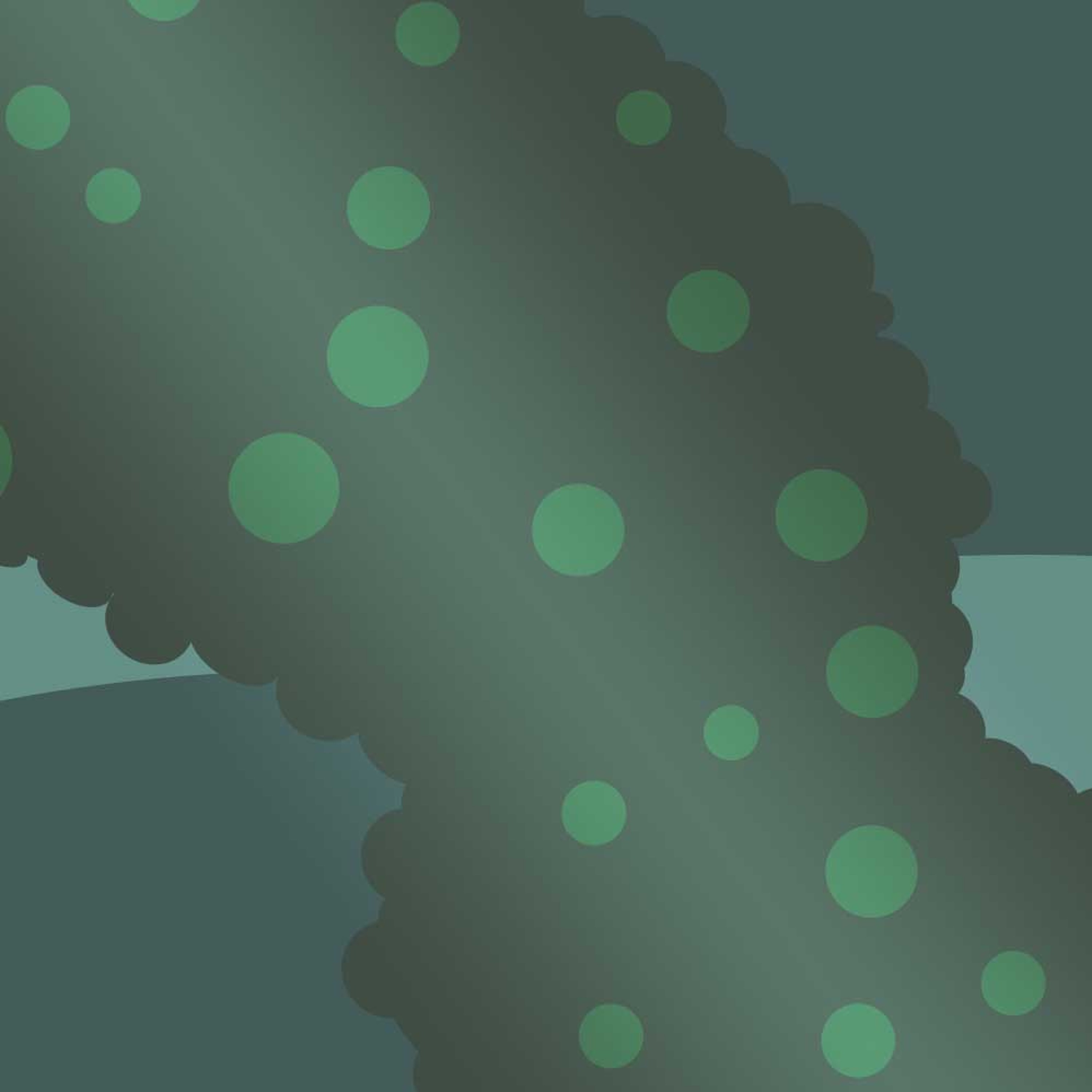 Linnean PodcastsLinnean Future Podcast #48: Is climate change a boon for parasites?What do parasites see when they look at the world around them? And how is a changing climate modifying the environments they thrive in? As our climate shifts and changes, parasites too are on the move constantly looking for new hosts and new prospects. For parasites, it is the gold rush.
We talk to Prof. Daniel Brooks about how climate change is expanding the reach of parasites and what options or tools we have to combat their impact us and ecosystems. As the COVID pandemic shows, there are many hidden ambushes waiting to happen.
The Linnean Future Podcast Series is...2022-07-0526 min
Linnean PodcastsLinnean Future Podcast #48: Is climate change a boon for parasites?What do parasites see when they look at the world around them? And how is a changing climate modifying the environments they thrive in? As our climate shifts and changes, parasites too are on the move constantly looking for new hosts and new prospects. For parasites, it is the gold rush.
We talk to Prof. Daniel Brooks about how climate change is expanding the reach of parasites and what options or tools we have to combat their impact us and ecosystems. As the COVID pandemic shows, there are many hidden ambushes waiting to happen.
The Linnean Future Podcast Series is...2022-07-0526 min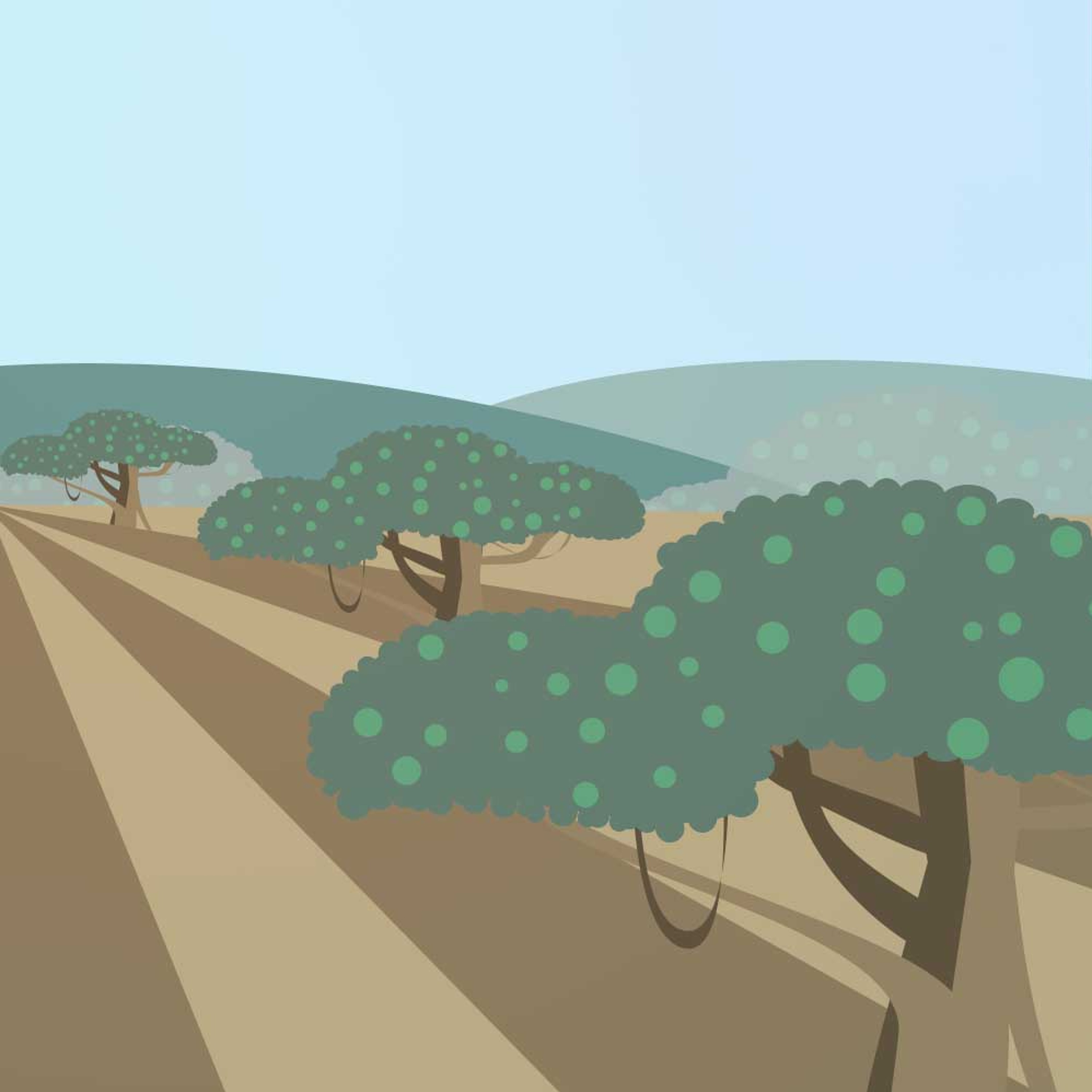 Linnean PodcastsLinnean Future Podcast #47: Food Security and Urban FarmingClimate change is already affecting our food security and will continue to do so for many years to come. Some have suggested that urban farming could be an actual viable alternative option to provide entire cities with enough food. Simply put, as things stand, this is probably not the case, but perhaps there are other reasons to consider it as a valuable practice.
We enter this podcast with an open mind to all possible options as we talk with Chris Smaje, author of A Small Farm Future, who offers an alternative to urban agriculture that could prove to be helpful...2022-06-0717 min
Linnean PodcastsLinnean Future Podcast #47: Food Security and Urban FarmingClimate change is already affecting our food security and will continue to do so for many years to come. Some have suggested that urban farming could be an actual viable alternative option to provide entire cities with enough food. Simply put, as things stand, this is probably not the case, but perhaps there are other reasons to consider it as a valuable practice.
We enter this podcast with an open mind to all possible options as we talk with Chris Smaje, author of A Small Farm Future, who offers an alternative to urban agriculture that could prove to be helpful...2022-06-0717 min WILDERNESS & WILDLIFEDr. Joanna Lambert, University of Colorado - Canids/DogsThis is our third interview with Dr. Joanna Lambert, Professor at the University of Colorado in Boulder – in the Department of Ecology and Evolutionary Biology. Lambert also serves as advisor to the United Nations Environmental Program and the International Union for the Conservation of Nature. Dr. Lambert is an elected Fellow of both the American Association for the Advancement of Science and the Linnean Society of London. She has published hundreds of scientific articles and several books and has spent the last 30 years of her career investigating mammal ecology in remote landscapes around the world. Most recently, she has be...2022-05-0530 min
WILDERNESS & WILDLIFEDr. Joanna Lambert, University of Colorado - Canids/DogsThis is our third interview with Dr. Joanna Lambert, Professor at the University of Colorado in Boulder – in the Department of Ecology and Evolutionary Biology. Lambert also serves as advisor to the United Nations Environmental Program and the International Union for the Conservation of Nature. Dr. Lambert is an elected Fellow of both the American Association for the Advancement of Science and the Linnean Society of London. She has published hundreds of scientific articles and several books and has spent the last 30 years of her career investigating mammal ecology in remote landscapes around the world. Most recently, she has be...2022-05-0530 min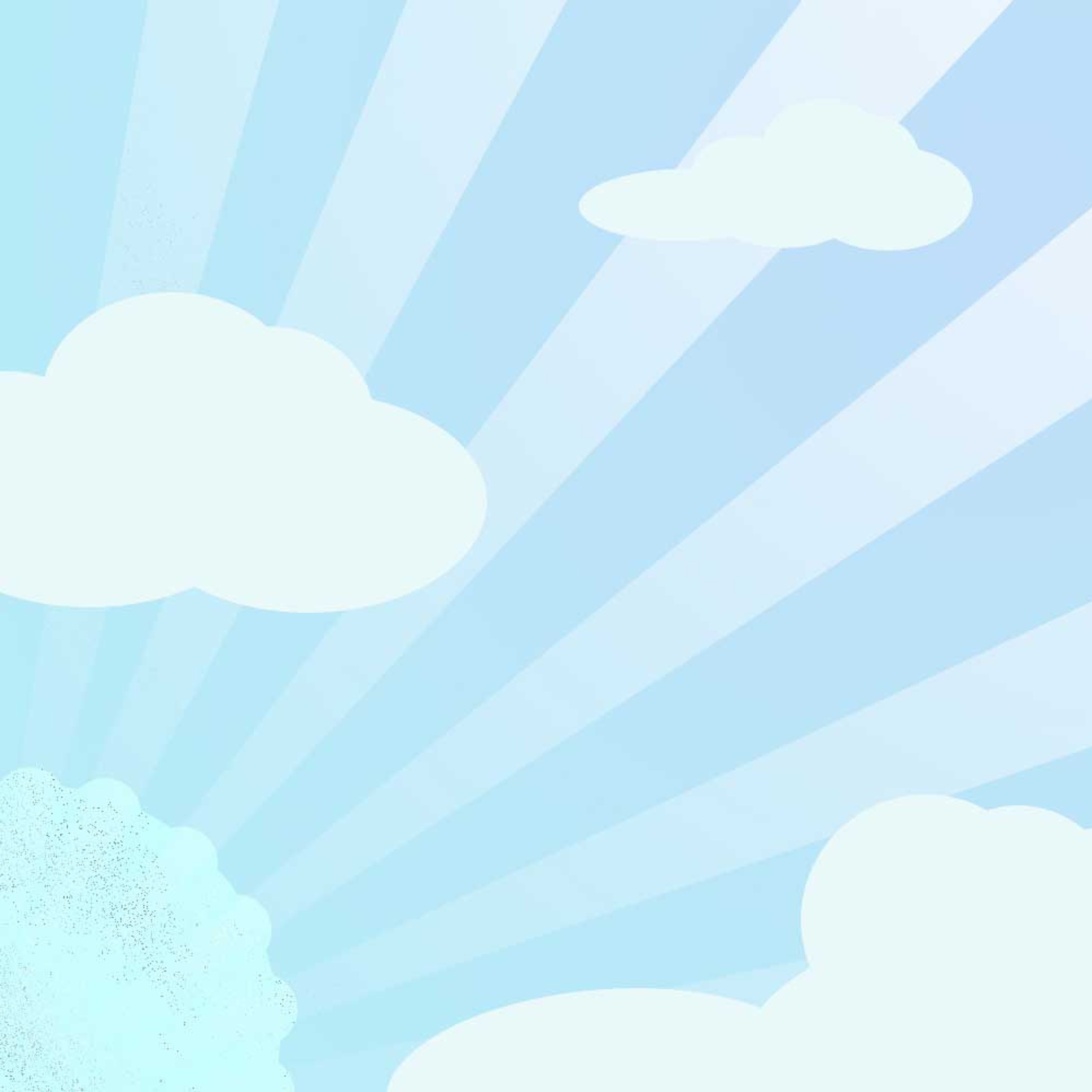 Linnean PodcastsLinnean Future Podcast #46: Revaluing NatureCapitalism has woven itself into every thread of our lives, including how we value nature. Today, money is how we transact, how we live, how we prosper, and to think that capitalism as an idea is really not that old. And yet, it is judging the value of our planet and everything within it. Its magnetic hold over the planet means that it is now a global belief system, which has its hand deep within climate and ecological crises.
In this podcast Mustafa Zaidi, who has spent three decades in the field of finance with experience from multiple angles - as...2022-05-0429 min
Linnean PodcastsLinnean Future Podcast #46: Revaluing NatureCapitalism has woven itself into every thread of our lives, including how we value nature. Today, money is how we transact, how we live, how we prosper, and to think that capitalism as an idea is really not that old. And yet, it is judging the value of our planet and everything within it. Its magnetic hold over the planet means that it is now a global belief system, which has its hand deep within climate and ecological crises.
In this podcast Mustafa Zaidi, who has spent three decades in the field of finance with experience from multiple angles - as...2022-05-0429 min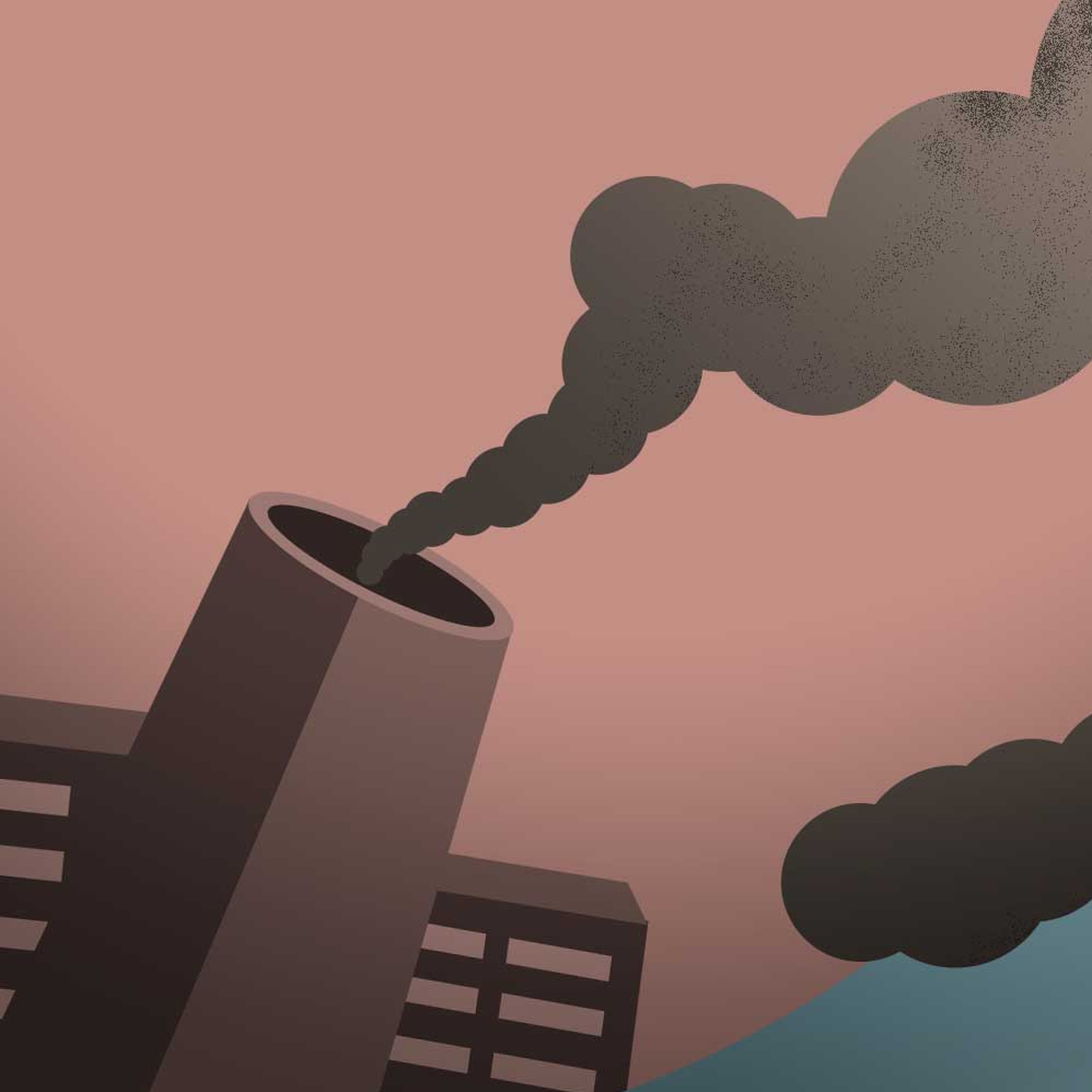 Linnean PodcastsLinnean Future Podcast #45: Climate & Community: How We Are All ConnectedThe impacts of climate change that are being felt around the world is a stark reminder that we are all connected. In this Linnean Future podcast, Prof. Tom Oliver, author of The Self Delusion: The surprising Science of How we are Connected and Why That Matters, explores how people, animals, plants and the planet we live on are all intimately linked, and that to resolve this confounding problem of severe climate change, we all need to be allies. The Linnean Future Podcast Series is an initiative by The Linnean Society of London in response to the ongoing planetary emergency. This se...2022-04-0419 min
Linnean PodcastsLinnean Future Podcast #45: Climate & Community: How We Are All ConnectedThe impacts of climate change that are being felt around the world is a stark reminder that we are all connected. In this Linnean Future podcast, Prof. Tom Oliver, author of The Self Delusion: The surprising Science of How we are Connected and Why That Matters, explores how people, animals, plants and the planet we live on are all intimately linked, and that to resolve this confounding problem of severe climate change, we all need to be allies. The Linnean Future Podcast Series is an initiative by The Linnean Society of London in response to the ongoing planetary emergency. This se...2022-04-0419 min Through the NoiseCrisis Prevention vs Crisis Response with Dr. Dan BrooksDaniel Brooks is a professor emeritus at the University of Toronto, a fellow of the Royal Society of Canada and the Linnean Society of London, and a Research Fellow of the Manter Laboratory of Parasitology, University of Nebraska State Museum. He has been working for the past decade as a free-lance consultant on the evolutionary biology of climate change and emerging disease. He is also an author of The Stockholm Paradigm, which we discussed in his first episode, during the beginning of the coronavirus lockdown. In his second episode, we discussed the COVID-19 vaccine. The Stockholm Paradigm ...2022-03-311h 12
Through the NoiseCrisis Prevention vs Crisis Response with Dr. Dan BrooksDaniel Brooks is a professor emeritus at the University of Toronto, a fellow of the Royal Society of Canada and the Linnean Society of London, and a Research Fellow of the Manter Laboratory of Parasitology, University of Nebraska State Museum. He has been working for the past decade as a free-lance consultant on the evolutionary biology of climate change and emerging disease. He is also an author of The Stockholm Paradigm, which we discussed in his first episode, during the beginning of the coronavirus lockdown. In his second episode, we discussed the COVID-19 vaccine. The Stockholm Paradigm ...2022-03-311h 12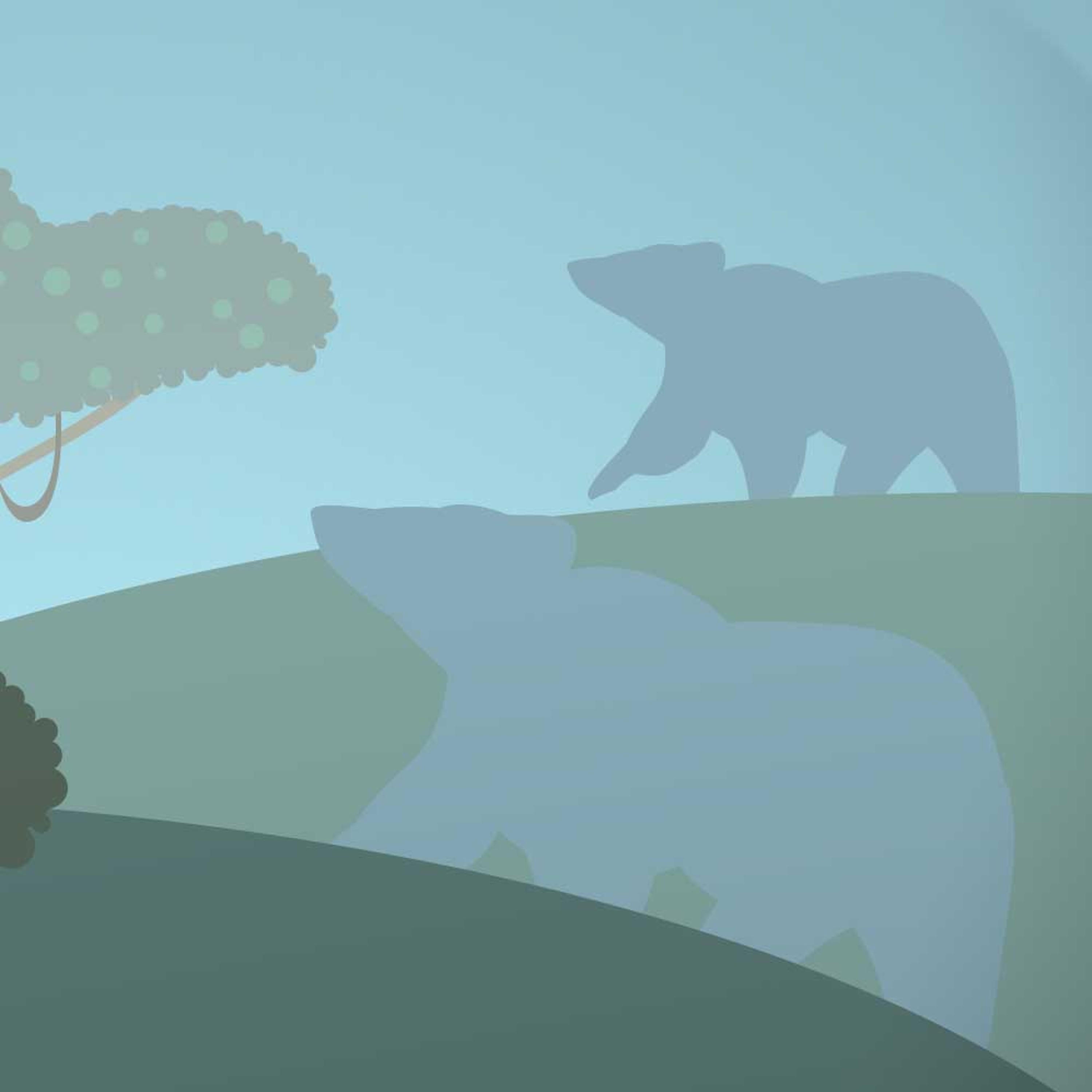 Linnean PodcastsLinnean Future Podcast #44: Noah’s ArkMany of us are familiar with the biblical story of Noah’s Ark, the wooden boat that preserved all life in Earth in ‘pairs’. Thanks to the floating rescue of all species in ‘reproductive twos’, Noah was able to repopulate Earth. But that was a fable. Or was it?
Many scientist have come to realise that we can no longer conserve many species of plants and animals in their natural habitats at the current rate of endangerment to their survival. So scientists have begun to create their own “arks”. In this podcast we speak with Prof. Mike Bruford and Dr. Elinor Breman...2022-03-0128 min
Linnean PodcastsLinnean Future Podcast #44: Noah’s ArkMany of us are familiar with the biblical story of Noah’s Ark, the wooden boat that preserved all life in Earth in ‘pairs’. Thanks to the floating rescue of all species in ‘reproductive twos’, Noah was able to repopulate Earth. But that was a fable. Or was it?
Many scientist have come to realise that we can no longer conserve many species of plants and animals in their natural habitats at the current rate of endangerment to their survival. So scientists have begun to create their own “arks”. In this podcast we speak with Prof. Mike Bruford and Dr. Elinor Breman...2022-03-0128 min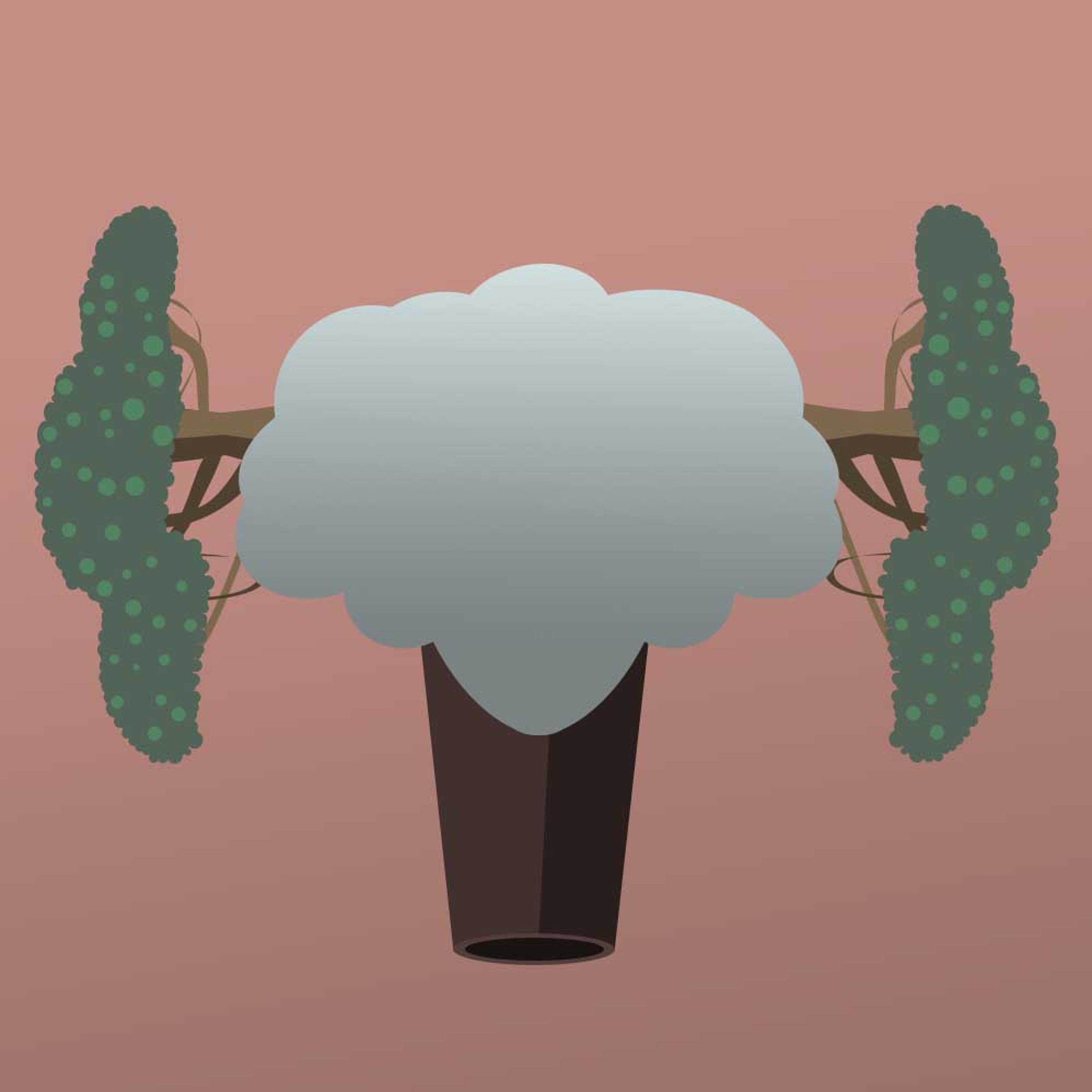 Linnean PodcastsLinnean Future Podcast #43: The End of SexClimate change is rapidly altering ecosystems around the world. This is resulting in many species becoming maladapted to the ecosystems in which they evolved.
How are organisms choosing their partners in such a rapidly changing world? Are the organisms able to predict what future ecosystem might be like? How would they do this, if they could? And, even if they could, would they be able to choose the “correct” mate accordingly?
This Linnean Future podcast episode asks Carlos Botero, assistant professor of biology who specializes in ‘Eco-evolutionary Dynamics of Extreme Environments’, how various organisms might cope with and adapt to repeated...2022-02-0122 min
Linnean PodcastsLinnean Future Podcast #43: The End of SexClimate change is rapidly altering ecosystems around the world. This is resulting in many species becoming maladapted to the ecosystems in which they evolved.
How are organisms choosing their partners in such a rapidly changing world? Are the organisms able to predict what future ecosystem might be like? How would they do this, if they could? And, even if they could, would they be able to choose the “correct” mate accordingly?
This Linnean Future podcast episode asks Carlos Botero, assistant professor of biology who specializes in ‘Eco-evolutionary Dynamics of Extreme Environments’, how various organisms might cope with and adapt to repeated...2022-02-0122 min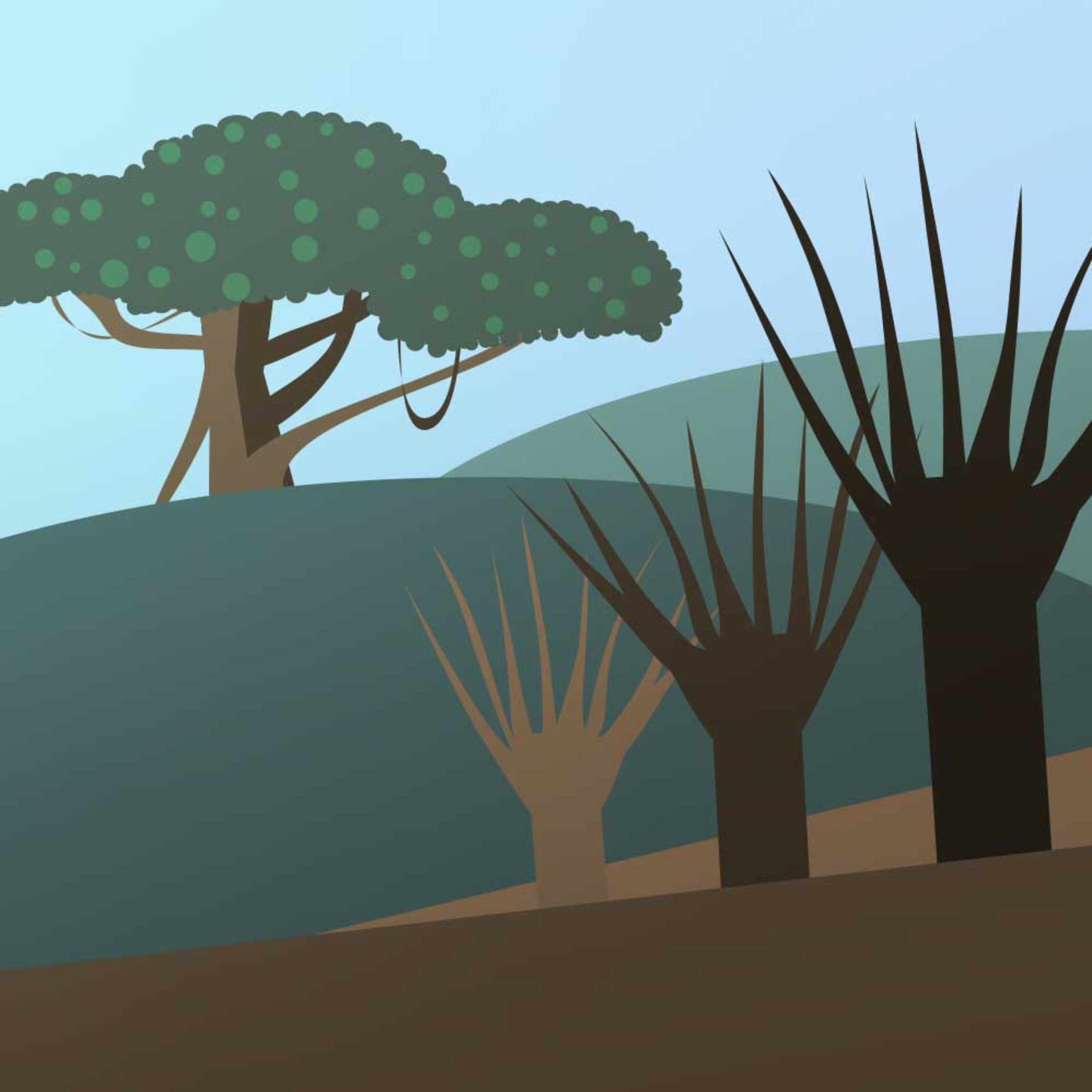 Linnean PodcastsLinnean Future Podcast #42: A Climate of JusticeOne size can never fit all. So, is it fair that all countries should have Net Zero carbon emissions by 2050? And if they have to, what is the most just path for the whole world to achieve Net Zero in the 28 years?
Join us as we discuss Net Zero 2050 with Prof. Navroz Dubash, who explores the complexities and specificities of different nations’ global efforts to reduce carbon emissions, and illustrates possibilities for innovation and collaboration within and between nations.
The Linnean Future Podcast Series is an initiative by The Linnean Society of London in response to the ongoing planetary emergency. Th...2021-12-2115 min
Linnean PodcastsLinnean Future Podcast #42: A Climate of JusticeOne size can never fit all. So, is it fair that all countries should have Net Zero carbon emissions by 2050? And if they have to, what is the most just path for the whole world to achieve Net Zero in the 28 years?
Join us as we discuss Net Zero 2050 with Prof. Navroz Dubash, who explores the complexities and specificities of different nations’ global efforts to reduce carbon emissions, and illustrates possibilities for innovation and collaboration within and between nations.
The Linnean Future Podcast Series is an initiative by The Linnean Society of London in response to the ongoing planetary emergency. Th...2021-12-2115 min Linnean PodcastsLinnean Future Podcast #41: Deep History of Climate ChangeHindsight is 20/20. In retrospect, we could have always done things better. But how does this play out in the case of climate change. Does our recorded history hold lessons for us? What and how did our ancestors do when faced with climatic changes and disasters? What can we learn?
In this episode, we chat with Dr. Dagomar Degroot who takes us all the way back to 1560, bridging the humanities and sciences to explore how societies have suffered – sometimes thrived - in the face of environmental changes.
The Linnean Future Podcast Series is an initiative by The Linnean Society of London in...2021-11-1817 min
Linnean PodcastsLinnean Future Podcast #41: Deep History of Climate ChangeHindsight is 20/20. In retrospect, we could have always done things better. But how does this play out in the case of climate change. Does our recorded history hold lessons for us? What and how did our ancestors do when faced with climatic changes and disasters? What can we learn?
In this episode, we chat with Dr. Dagomar Degroot who takes us all the way back to 1560, bridging the humanities and sciences to explore how societies have suffered – sometimes thrived - in the face of environmental changes.
The Linnean Future Podcast Series is an initiative by The Linnean Society of London in...2021-11-1817 min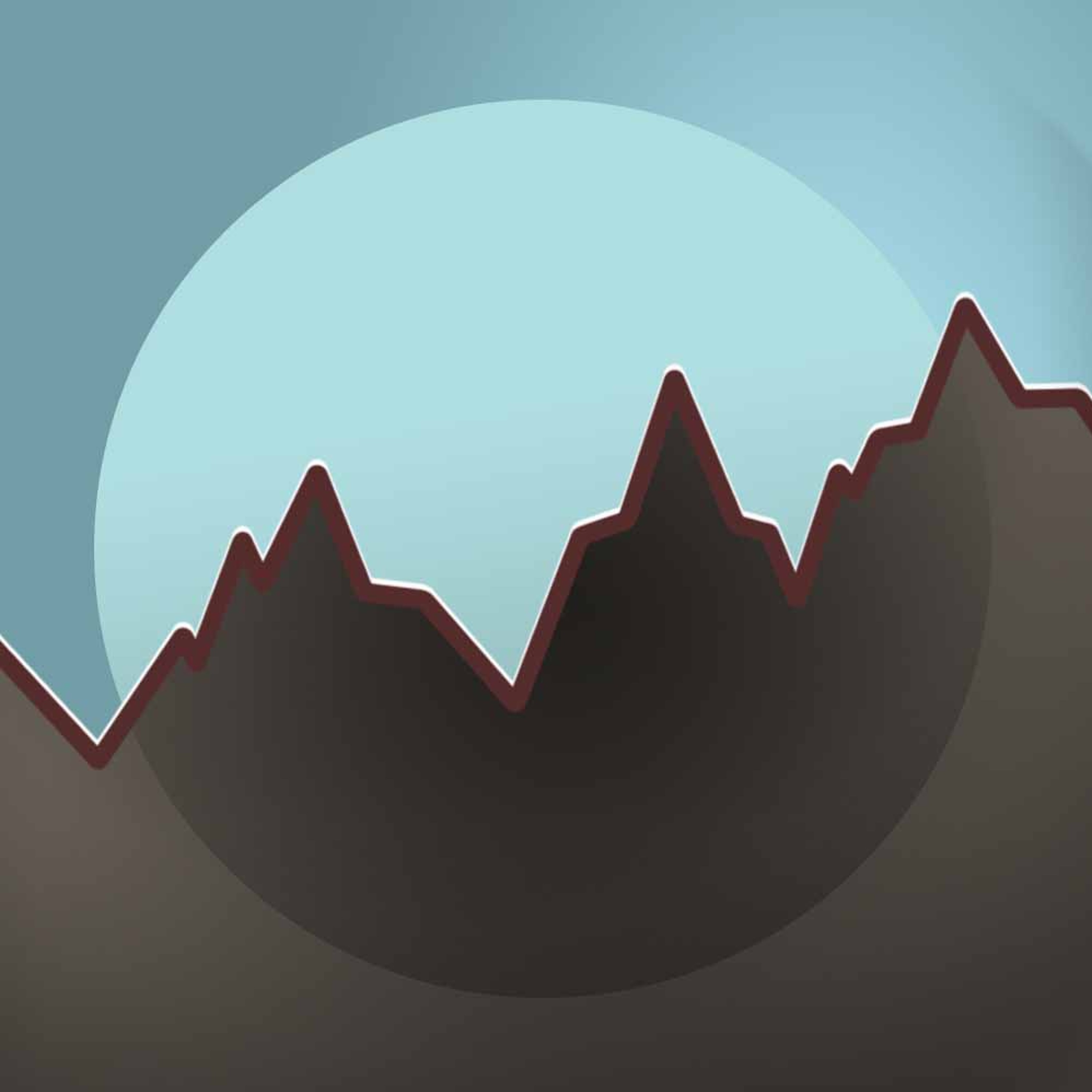 Linnean PodcastsLinnean Future Podcast #40: COP26About 20,000 heads of state, diplomats and activists will convene a critical conference in the Scottish city of Glasgow – popularly known as COP26 (Conference of the Parties).
In our launch episode of our Linnean Future podcast series, we hash out the long history of climate negotiations with Prof. Mark Maslin. We chart the political journey of international environmental negotiations, the challenges that COP26 faces, and what it hopes to achieve.
The Linnean Future podcast series is an initiative by The Linnean Society of London in response to the ongoing planetary emergency. Twelve episodes over twelve months will bring you stories from ar...2021-11-0129 min
Linnean PodcastsLinnean Future Podcast #40: COP26About 20,000 heads of state, diplomats and activists will convene a critical conference in the Scottish city of Glasgow – popularly known as COP26 (Conference of the Parties).
In our launch episode of our Linnean Future podcast series, we hash out the long history of climate negotiations with Prof. Mark Maslin. We chart the political journey of international environmental negotiations, the challenges that COP26 faces, and what it hopes to achieve.
The Linnean Future podcast series is an initiative by The Linnean Society of London in response to the ongoing planetary emergency. Twelve episodes over twelve months will bring you stories from ar...2021-11-0129 min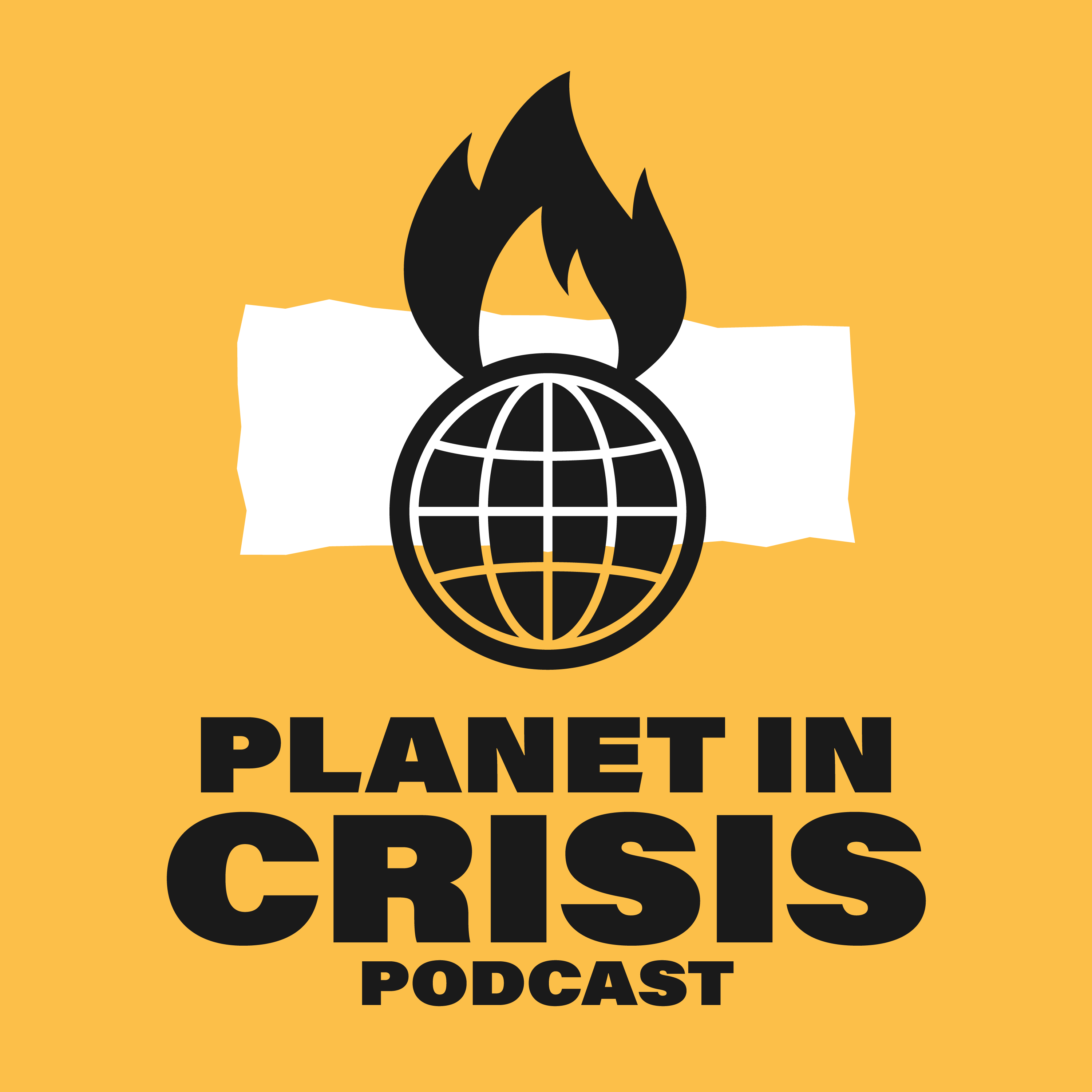 Planet in CrisisCovid-19, Fracking and the Global Oil SupplySince oil is a critical raw material for the running of global civilization, it is essential to anticipate how its supply may play out, against demand, in the coming decades. This must be considered in the broader context of our use of energy, overall, and of resources in general. The price of crude oil has crashed in the wake of the Covid-19 crisis and the consequent fall in demand for liquid transportation fuels. Ironically, it is the "success" of the shale industry, through fracking, that has provided much of the growth in overall global oil production during the past...2021-08-191h 08
Planet in CrisisCovid-19, Fracking and the Global Oil SupplySince oil is a critical raw material for the running of global civilization, it is essential to anticipate how its supply may play out, against demand, in the coming decades. This must be considered in the broader context of our use of energy, overall, and of resources in general. The price of crude oil has crashed in the wake of the Covid-19 crisis and the consequent fall in demand for liquid transportation fuels. Ironically, it is the "success" of the shale industry, through fracking, that has provided much of the growth in overall global oil production during the past...2021-08-191h 08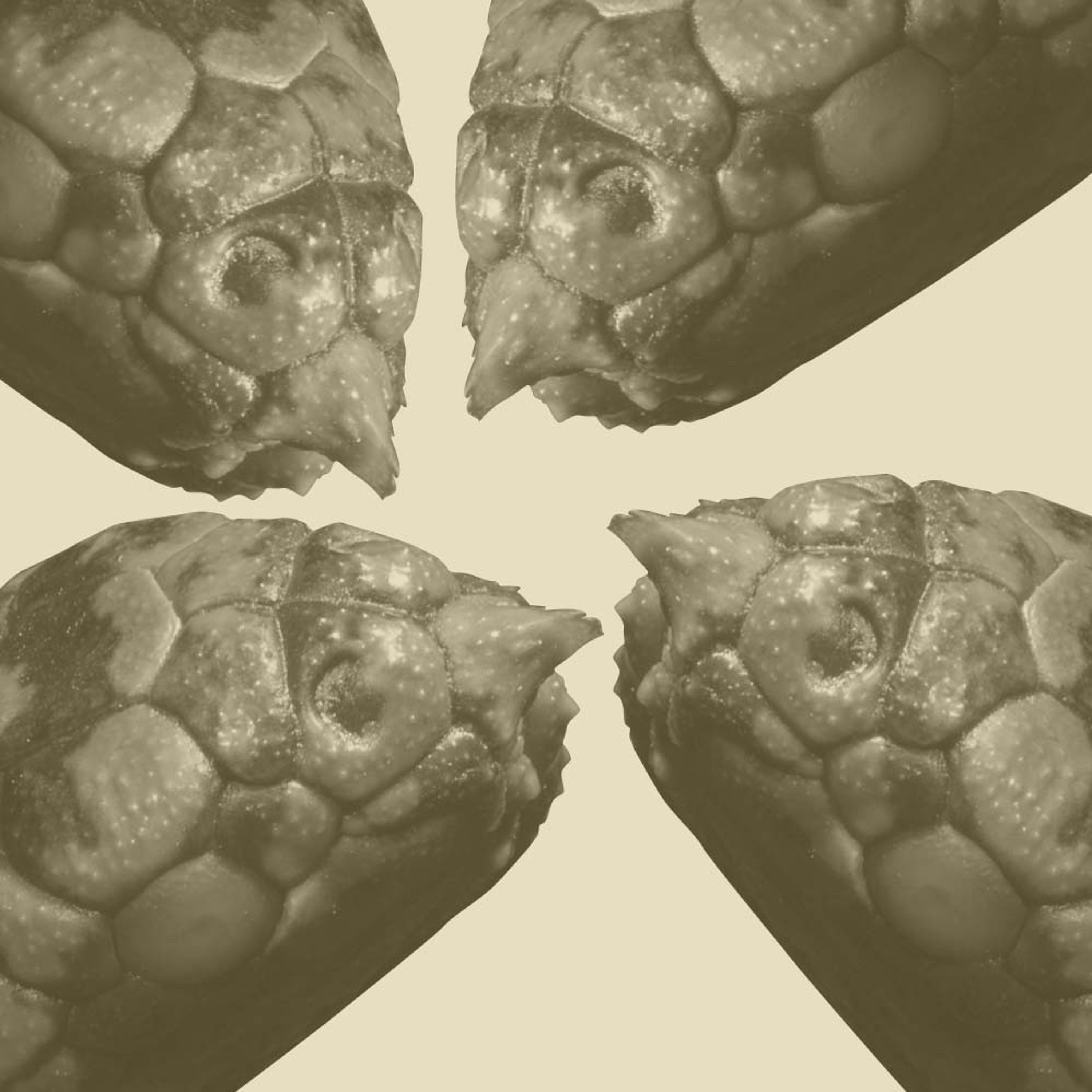 Linnean PodcastsLinnean Podcast #39: Sensitive Sea SnakeFor most of us we have never seen a sea snake or even perhaps heard of such a creature but in actual fact they are an incredibly diverse group of animals.
Dr. Jenna Crowe-Riddell from the School of Biological Sciences, University of Adelaide is helping us to understand these mysterious creatures. With terrestrial environments being entirely different from marine based environments one of the first questions to be answered about these water dwelling snakes is, how do they sense their world?
Interviewer: Ross Ziegelmeier
Produced by: Ross Ziegelmeier
Speaker: Dr. Jenna Crowe-Riddell2021-08-0511 min
Linnean PodcastsLinnean Podcast #39: Sensitive Sea SnakeFor most of us we have never seen a sea snake or even perhaps heard of such a creature but in actual fact they are an incredibly diverse group of animals.
Dr. Jenna Crowe-Riddell from the School of Biological Sciences, University of Adelaide is helping us to understand these mysterious creatures. With terrestrial environments being entirely different from marine based environments one of the first questions to be answered about these water dwelling snakes is, how do they sense their world?
Interviewer: Ross Ziegelmeier
Produced by: Ross Ziegelmeier
Speaker: Dr. Jenna Crowe-Riddell2021-08-0511 min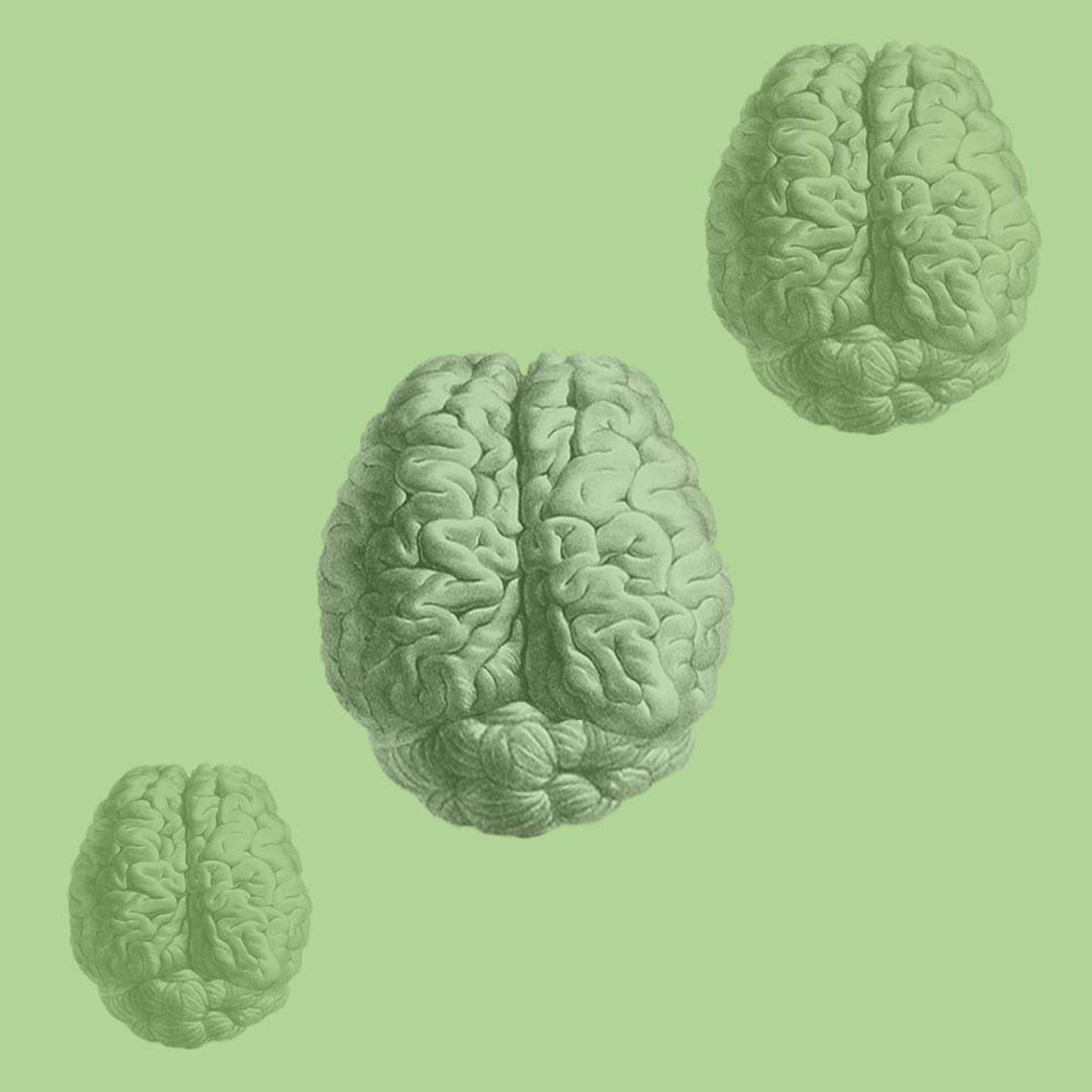 Linnean PodcastsLinnean Podcast #38: Whale Pop Culture and IntelligenceWhy have whales evolved to have such incredibly large brains? This is a question that has puzzled researchers for a very long time. New research published in the Biological Journal of The Linnean Society has shed some new light on this question and perhaps got us a little closer to the answer. In this podcast we will hear from Matthew McCurry about this research, and dive a little deeper with Hal Whitehead, into some of the more complex behaviours of whales that have contributed to these incredible creatures large brains.
Interviewer: Ross Ziegelmeier
Produced by: Ross Ziegelmeier
Speaker: Prof. Hal...2021-07-0822 min
Linnean PodcastsLinnean Podcast #38: Whale Pop Culture and IntelligenceWhy have whales evolved to have such incredibly large brains? This is a question that has puzzled researchers for a very long time. New research published in the Biological Journal of The Linnean Society has shed some new light on this question and perhaps got us a little closer to the answer. In this podcast we will hear from Matthew McCurry about this research, and dive a little deeper with Hal Whitehead, into some of the more complex behaviours of whales that have contributed to these incredible creatures large brains.
Interviewer: Ross Ziegelmeier
Produced by: Ross Ziegelmeier
Speaker: Prof. Hal...2021-07-0822 min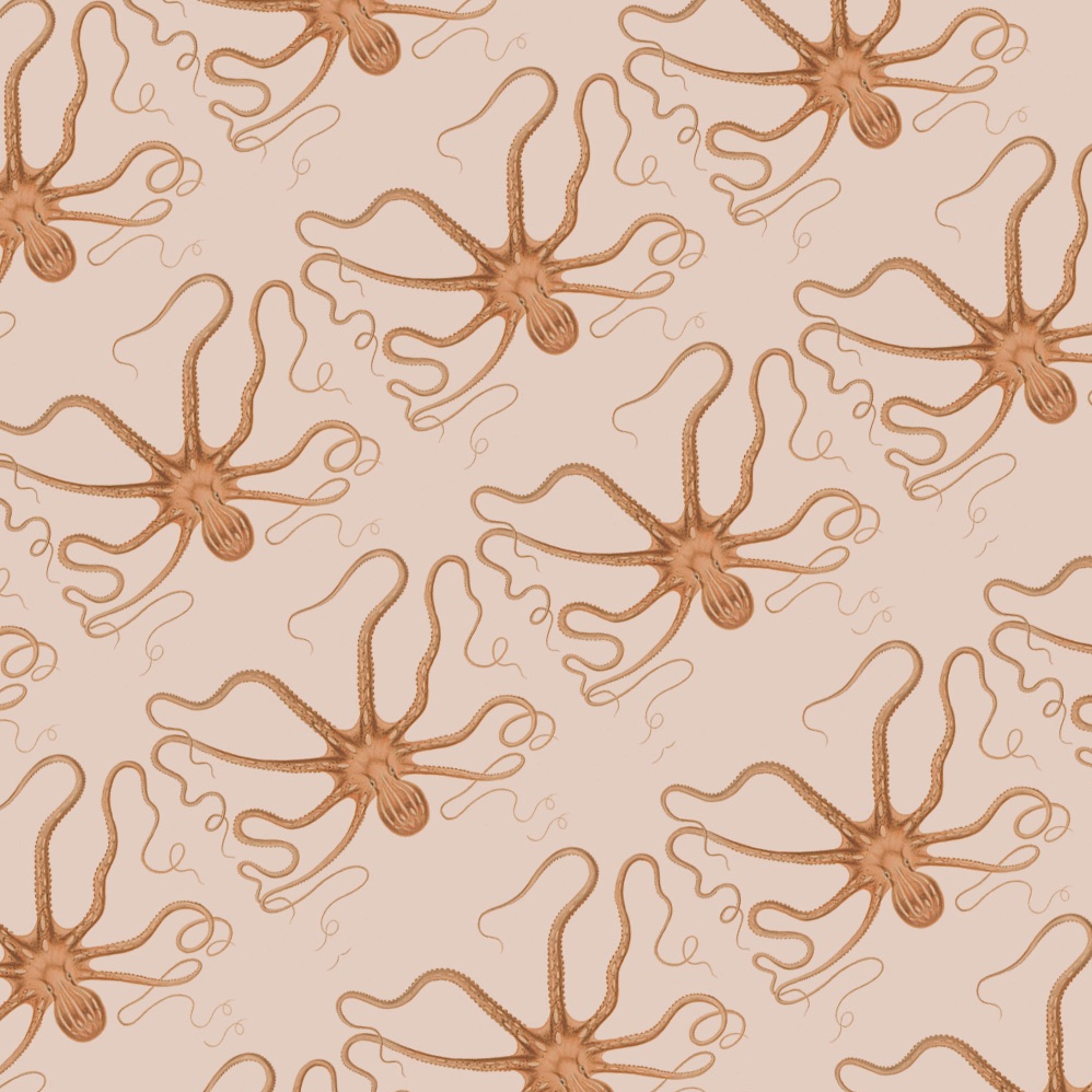 Linnean PodcastsLinnean Podcast #37: The Octopus: Drilling Through TimeOctopoda appear to be from another planet with their entirely unrelatable anatomy and way of being, yet, we are uncontrollably drawn to them. In this podcast we explore what makes them "human", why we relate to them and discover that they are far older than we might have ever previously thought.
Interviewer: Padmaparna Ghosh, Ross Ziegelmeier
Produced by: Ross Ziegelmeier
Speaker: Sy Montgomery, Dr. Adiël Klompmaker2021-04-1214 min
Linnean PodcastsLinnean Podcast #37: The Octopus: Drilling Through TimeOctopoda appear to be from another planet with their entirely unrelatable anatomy and way of being, yet, we are uncontrollably drawn to them. In this podcast we explore what makes them "human", why we relate to them and discover that they are far older than we might have ever previously thought.
Interviewer: Padmaparna Ghosh, Ross Ziegelmeier
Produced by: Ross Ziegelmeier
Speaker: Sy Montgomery, Dr. Adiël Klompmaker2021-04-1214 min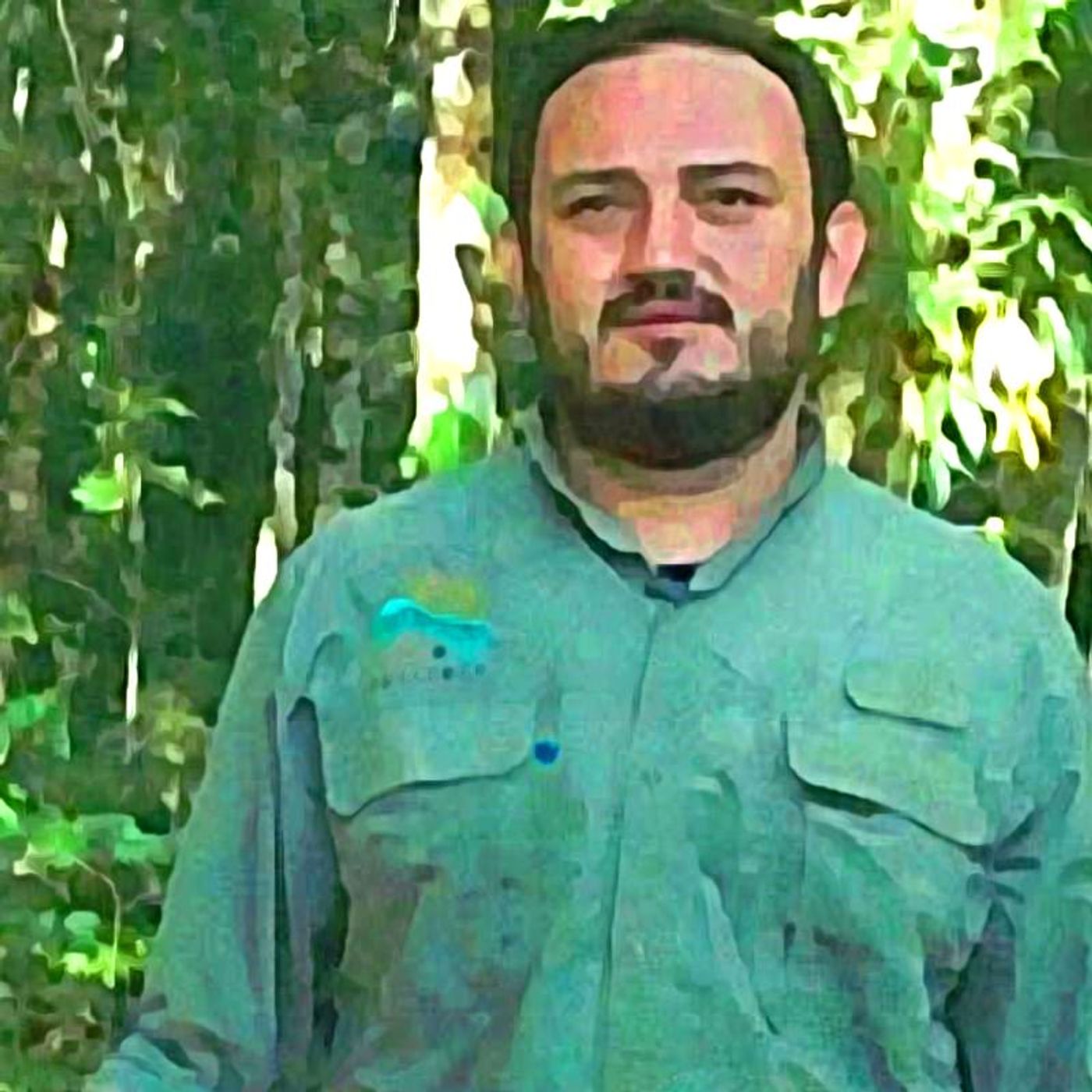 Natural RadioJosé Fernando González-Maya PhDEl reconocido científico y miembro de The Linnean Society of London habla sobre el vinculo directo entre la propagación de enfermedades que se convierten en Pandemias y el Tráfico de Fauna. ¿Qué perdemos al debilitar la biodiversidad y los ecosistemas?2021-04-0210 min
Natural RadioJosé Fernando González-Maya PhDEl reconocido científico y miembro de The Linnean Society of London habla sobre el vinculo directo entre la propagación de enfermedades que se convierten en Pandemias y el Tráfico de Fauna. ¿Qué perdemos al debilitar la biodiversidad y los ecosistemas?2021-04-0210 min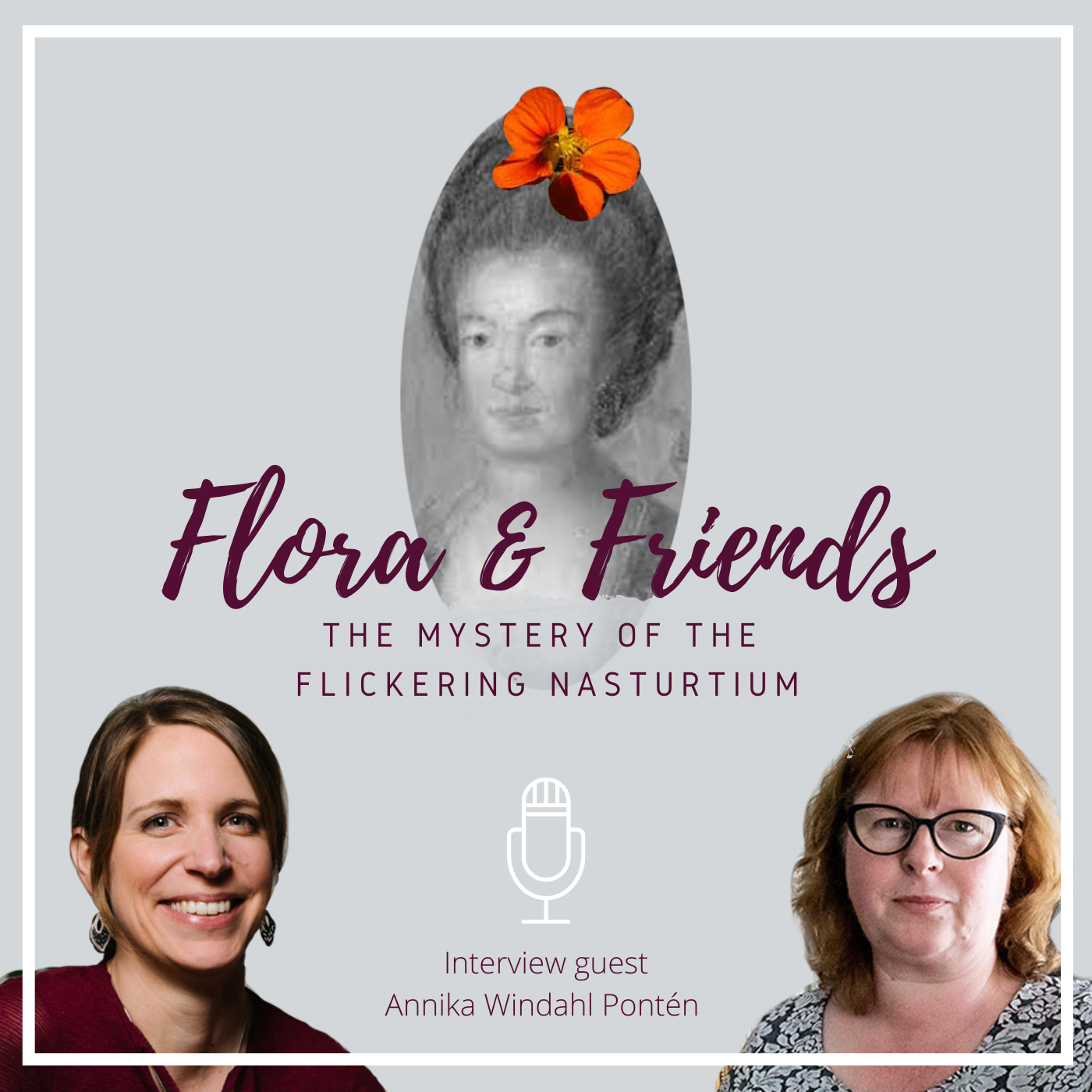 Flora and Friends - Your botanical cup of teaThe mystery of the flickering nasturtiumNasturtium Episode 1
Find out more about your Flora&Friends hostess Judith via the Flora-L website.
The original publication by Elisabeth Christina Linné in the Transactions of the Royal Swedish Academy of Sciences
Annika Windahl Ponténs PhD thesis about the Identity and materiality in the household of Linné
Other resources about the Linné family:
Biography: Gunnar Brobergs "Mannen som ordnade naturen. En biografi över Carl von Linné", Natur&Kultur, 2019.
Fiction: Christina Wahldéns "Den som jag trodde skulle göra mig lycklig"
And for visiting Linné Hammarby and the Linnean g...2021-02-2424 min
Flora and Friends - Your botanical cup of teaThe mystery of the flickering nasturtiumNasturtium Episode 1
Find out more about your Flora&Friends hostess Judith via the Flora-L website.
The original publication by Elisabeth Christina Linné in the Transactions of the Royal Swedish Academy of Sciences
Annika Windahl Ponténs PhD thesis about the Identity and materiality in the household of Linné
Other resources about the Linné family:
Biography: Gunnar Brobergs "Mannen som ordnade naturen. En biografi över Carl von Linné", Natur&Kultur, 2019.
Fiction: Christina Wahldéns "Den som jag trodde skulle göra mig lycklig"
And for visiting Linné Hammarby and the Linnean g...2021-02-2424 min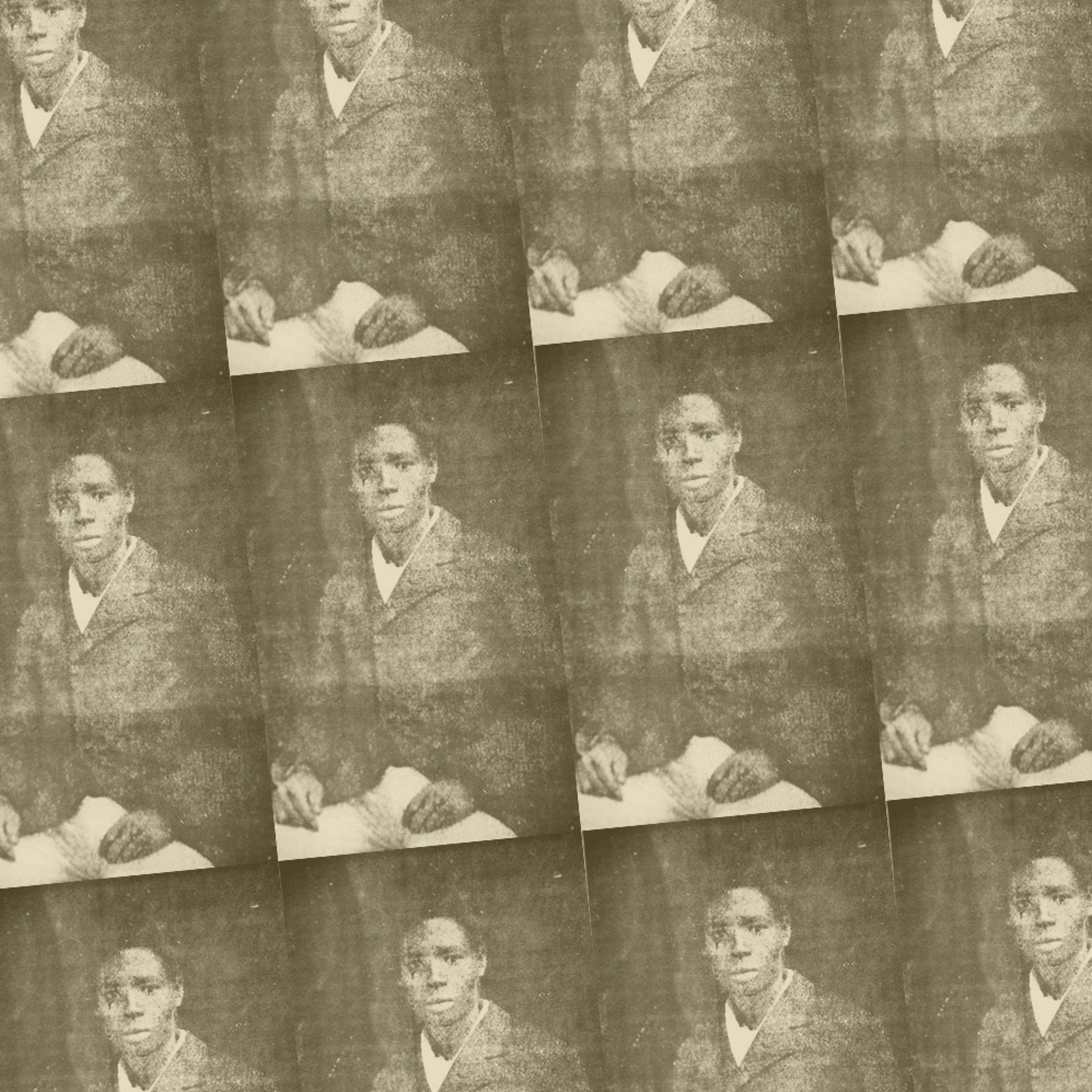 Linnean PodcastsLinnean Podcast #36: Pick of the Month - The Vanilla WizardEvery month Padma, our Events and Communications Manager, will highlight a historical object, personality or quirky tale from our Collections as the "Pick of the Month" episode. The full stories can be found on our website in “News” section. We hope that these short narratives will serve as trailers to the longer essays that are meticulously researched put together by our Collections staff.
This month Padma goes in search of Edmond Albius (1829–80), who ought to be remembered and honoured for his critical contribution to the production of vanilla - a plant many of us know, love and can't do without!
Presen...2021-02-0204 min
Linnean PodcastsLinnean Podcast #36: Pick of the Month - The Vanilla WizardEvery month Padma, our Events and Communications Manager, will highlight a historical object, personality or quirky tale from our Collections as the "Pick of the Month" episode. The full stories can be found on our website in “News” section. We hope that these short narratives will serve as trailers to the longer essays that are meticulously researched put together by our Collections staff.
This month Padma goes in search of Edmond Albius (1829–80), who ought to be remembered and honoured for his critical contribution to the production of vanilla - a plant many of us know, love and can't do without!
Presen...2021-02-0204 min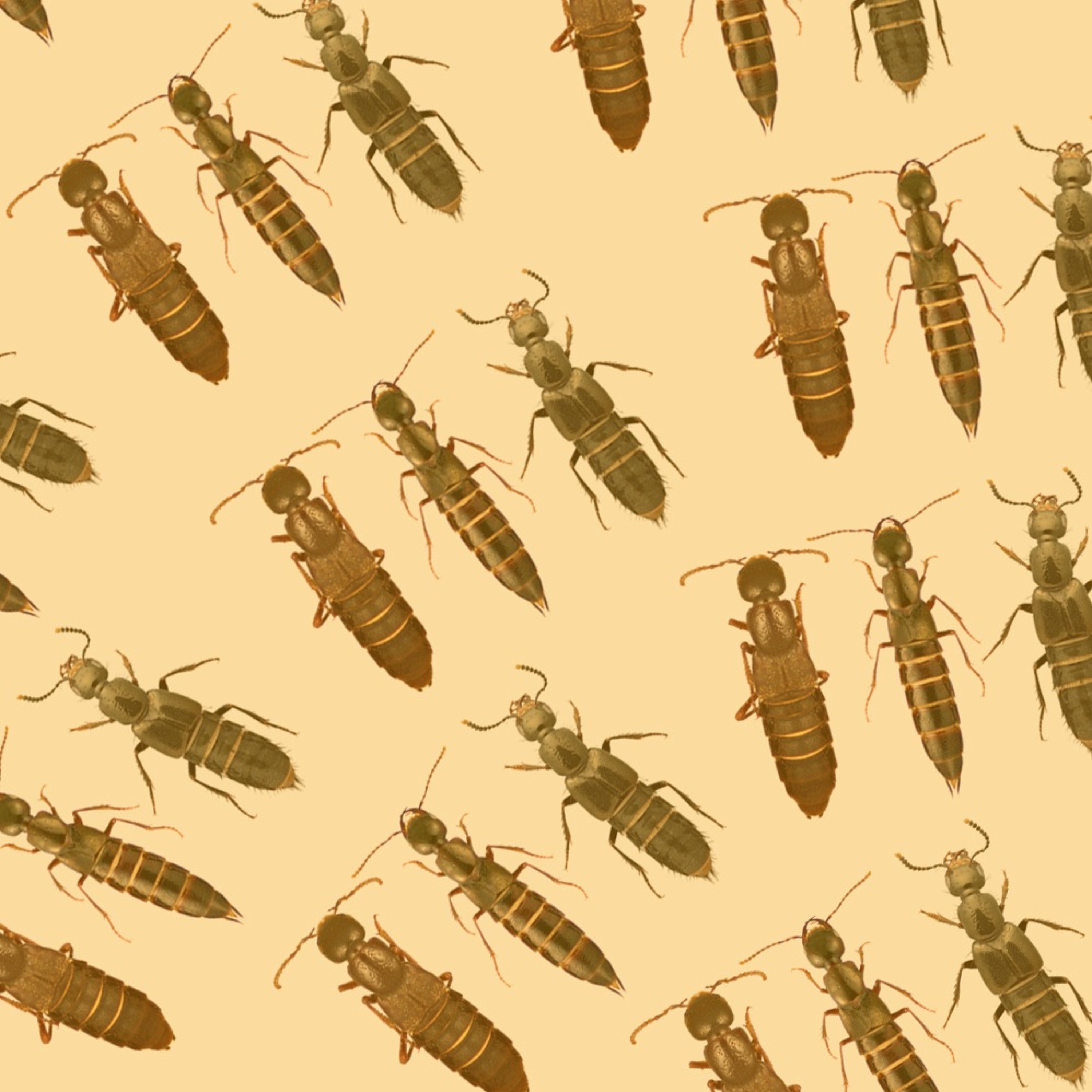 Linnean PodcastsLinnean Podcast #35: Beetles of Lord Howe IslandLord Howe Island is a tiny dot in the Tasman Sea. But home to a curious bunch of beetles. Come and scan the forests of this island with Professor Alexey Solodovnikov and our new host, Padma. Alexey helps us trace the history of beetle study on this island and how important island biogeography is to understanding evolution.
Presenter: Padmaparna Ghosh
Produced by: Ross Ziegelmeier
Guest Speaker: Prof. Alexey Solodovnikov2021-01-1412 min
Linnean PodcastsLinnean Podcast #35: Beetles of Lord Howe IslandLord Howe Island is a tiny dot in the Tasman Sea. But home to a curious bunch of beetles. Come and scan the forests of this island with Professor Alexey Solodovnikov and our new host, Padma. Alexey helps us trace the history of beetle study on this island and how important island biogeography is to understanding evolution.
Presenter: Padmaparna Ghosh
Produced by: Ross Ziegelmeier
Guest Speaker: Prof. Alexey Solodovnikov2021-01-1412 min Through the NoiseDr. Daniel Brooks on the Covid-19 VaccineDaniel Brooks is a professor emeritus at the University of Toronto, a fellow of the Royal Society of Canada and the Linnean Society of London, and a Research Fellow of the Manter Laboratory of Parasitology, University of Nebraska State Museum. He has been working for the past decade as a free-lance consultant on the evolutionary biology of climate change and emerging disease. He is also an author of The Stockholm Paradigm, which we discussed in his first episode, during the beginning of the coronavirus lockdown. Find his last episode here.2020-12-281h 11
Through the NoiseDr. Daniel Brooks on the Covid-19 VaccineDaniel Brooks is a professor emeritus at the University of Toronto, a fellow of the Royal Society of Canada and the Linnean Society of London, and a Research Fellow of the Manter Laboratory of Parasitology, University of Nebraska State Museum. He has been working for the past decade as a free-lance consultant on the evolutionary biology of climate change and emerging disease. He is also an author of The Stockholm Paradigm, which we discussed in his first episode, during the beginning of the coronavirus lockdown. Find his last episode here.2020-12-281h 11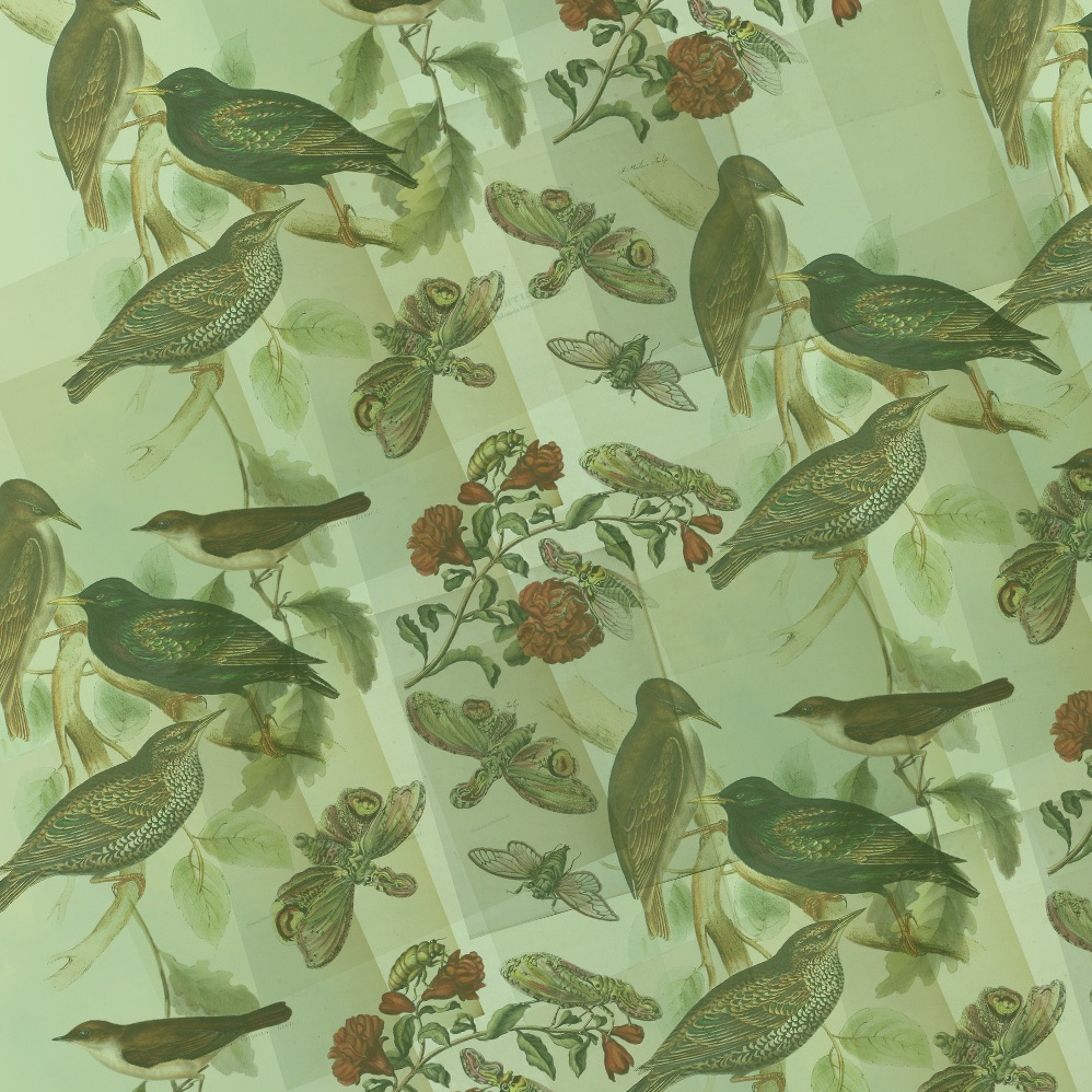 Linnean PodcastsLinnean Podcast #34: Field Recording Archives - An Animal SoundscapeSounds are used by animals for a large variety of purposes, from finding prey and recognising mates to communicating with each other about food, threats and territories. Many animals, from mammals, birds and fish to insects and numerous groups in between, use acoustics, vocalisation and other ways to make and hear sound. It is without doubt that sound is an important driver in evolution, but has often been overlooked in taxonomy for the simple reason that it does not preserve well in traditional natural history collections.
We still wonder what the song of the dodo would have been like.
With...2020-11-2314 min
Linnean PodcastsLinnean Podcast #34: Field Recording Archives - An Animal SoundscapeSounds are used by animals for a large variety of purposes, from finding prey and recognising mates to communicating with each other about food, threats and territories. Many animals, from mammals, birds and fish to insects and numerous groups in between, use acoustics, vocalisation and other ways to make and hear sound. It is without doubt that sound is an important driver in evolution, but has often been overlooked in taxonomy for the simple reason that it does not preserve well in traditional natural history collections.
We still wonder what the song of the dodo would have been like.
With...2020-11-2314 min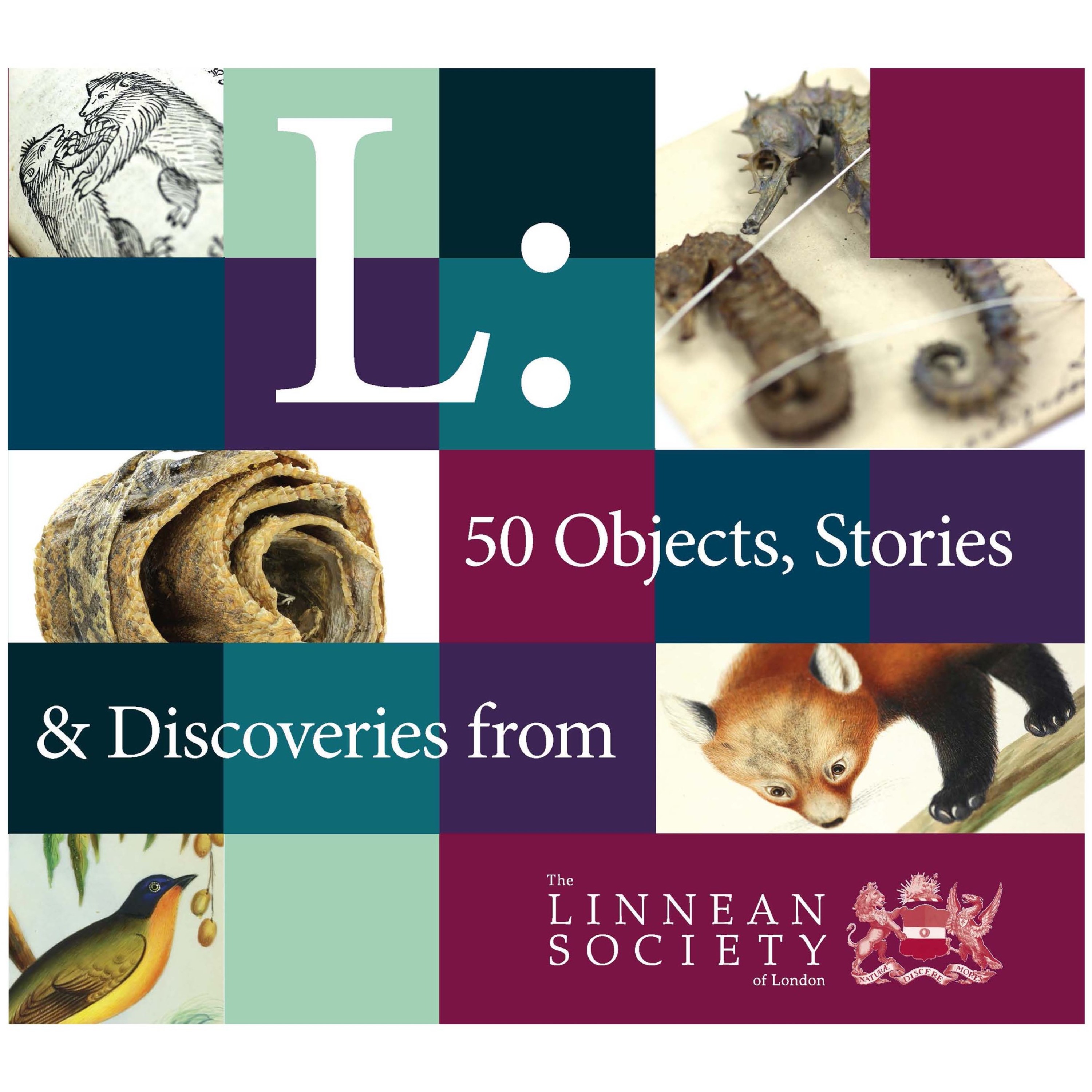 Linnean PodcastsLinnean Podcast #33: L: 50 Objects, Stories & Discoveries from the Linnean Society of London.Take a tour through the Society’s historic collections with our book, L: 50 Objects, Stories & Discoveries from the Linnean Society of London. Written by staff, curators, researchers and Fellows of the Linnean Society, the book showcases 50 of the Society’s most well-known and rarer treasures, including books, manuscripts, specimens and artwork dating from the late 15th century to today.
Produced by: Ross Ziegelmeier
Interviewer: Padmaparna Ghosh
Speakers: Leonie Berwick & Isabelle Charmantier2020-10-1912 min
Linnean PodcastsLinnean Podcast #33: L: 50 Objects, Stories & Discoveries from the Linnean Society of London.Take a tour through the Society’s historic collections with our book, L: 50 Objects, Stories & Discoveries from the Linnean Society of London. Written by staff, curators, researchers and Fellows of the Linnean Society, the book showcases 50 of the Society’s most well-known and rarer treasures, including books, manuscripts, specimens and artwork dating from the late 15th century to today.
Produced by: Ross Ziegelmeier
Interviewer: Padmaparna Ghosh
Speakers: Leonie Berwick & Isabelle Charmantier2020-10-1912 min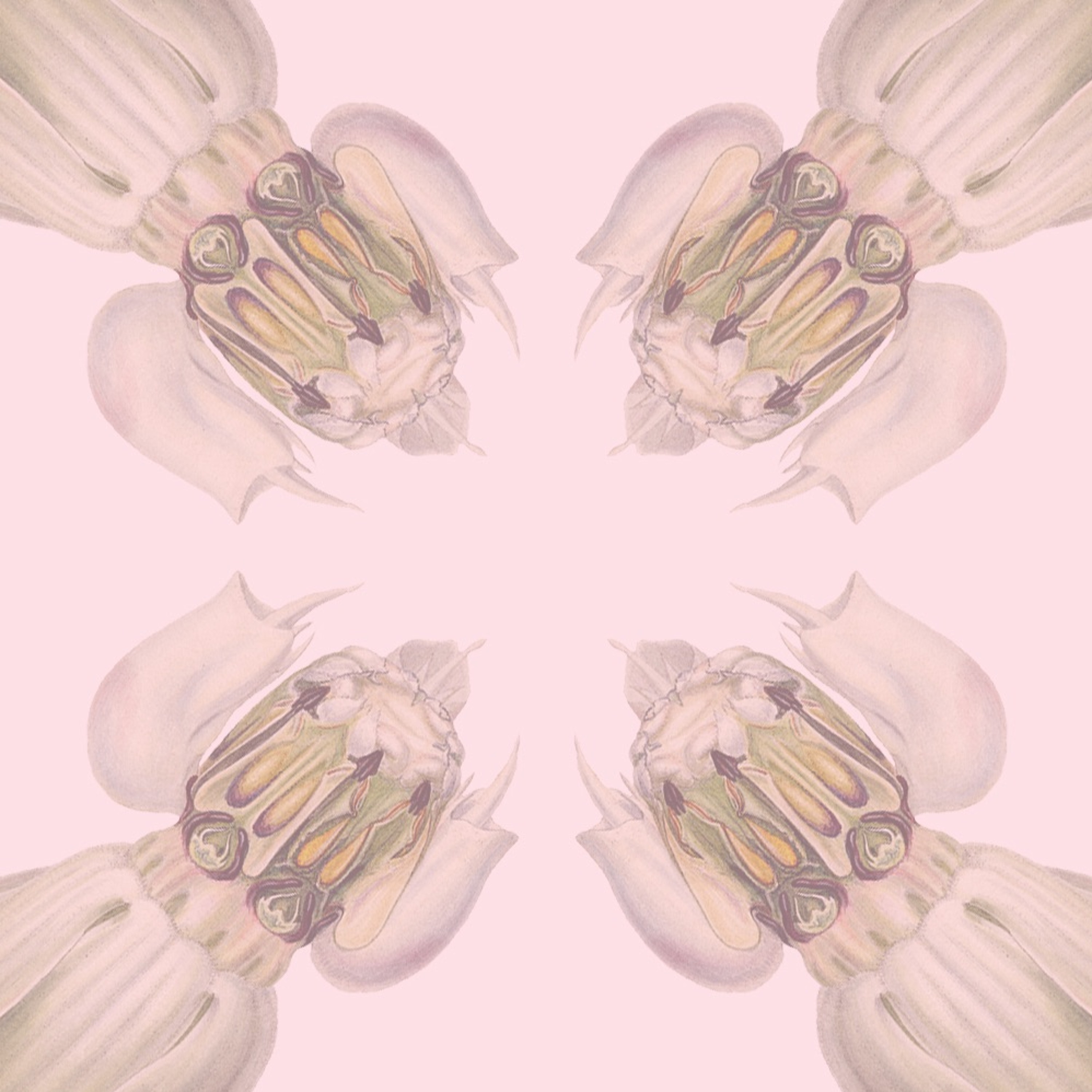 Linnean PodcastsLinnean Podcast #32: Slipper OrchidsIn this podcast, Mark Spencer tells us about the work being done to combat the illegal trade of orchids.
This podcast is part of a larger series that asks each of our curators to share stories with us about our precious natural history collection.
Produced by: Ross Ziegelmeier
Speaker: Mark Spencer (Curator of Botany at The Linnean Society of London)2020-10-1206 min
Linnean PodcastsLinnean Podcast #32: Slipper OrchidsIn this podcast, Mark Spencer tells us about the work being done to combat the illegal trade of orchids.
This podcast is part of a larger series that asks each of our curators to share stories with us about our precious natural history collection.
Produced by: Ross Ziegelmeier
Speaker: Mark Spencer (Curator of Botany at The Linnean Society of London)2020-10-1206 min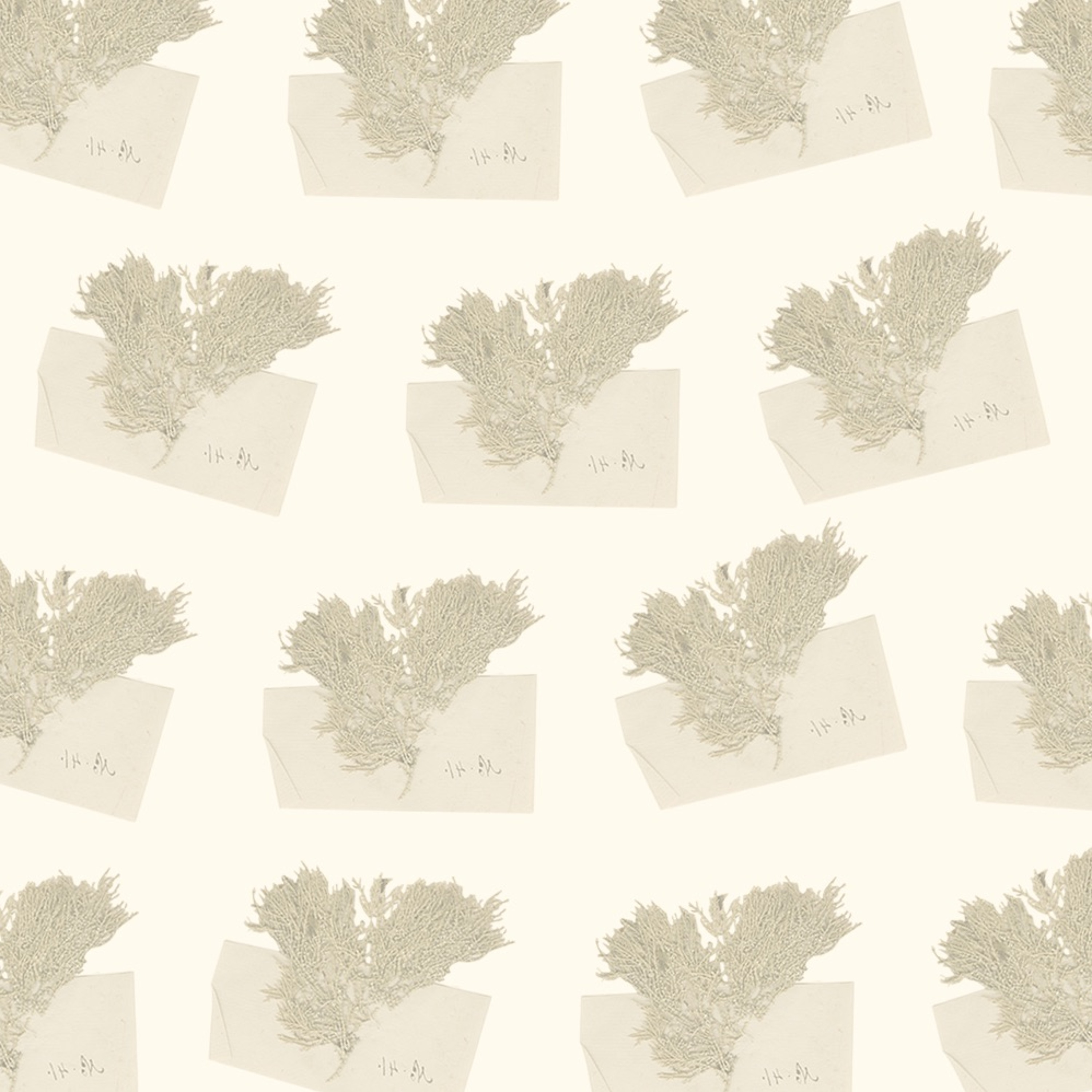 Linnean PodcastsLinnean Podcast #31: The Sea CanariesIn this podcast, Mark Spencer tells us about Coralline Algae, the canaries of the sea. He explains what indicator species are and their importance to us in trying to understand our changing planet.
This podcast is part of a larger series that asks each of our curators to share stories with us about our precious natural history collection.
Produced by: Ross Ziegelmeier
Speaker: Mark Spencer (Curator of Botany at The Linnean Society of London)2020-09-0106 min
Linnean PodcastsLinnean Podcast #31: The Sea CanariesIn this podcast, Mark Spencer tells us about Coralline Algae, the canaries of the sea. He explains what indicator species are and their importance to us in trying to understand our changing planet.
This podcast is part of a larger series that asks each of our curators to share stories with us about our precious natural history collection.
Produced by: Ross Ziegelmeier
Speaker: Mark Spencer (Curator of Botany at The Linnean Society of London)2020-09-0106 min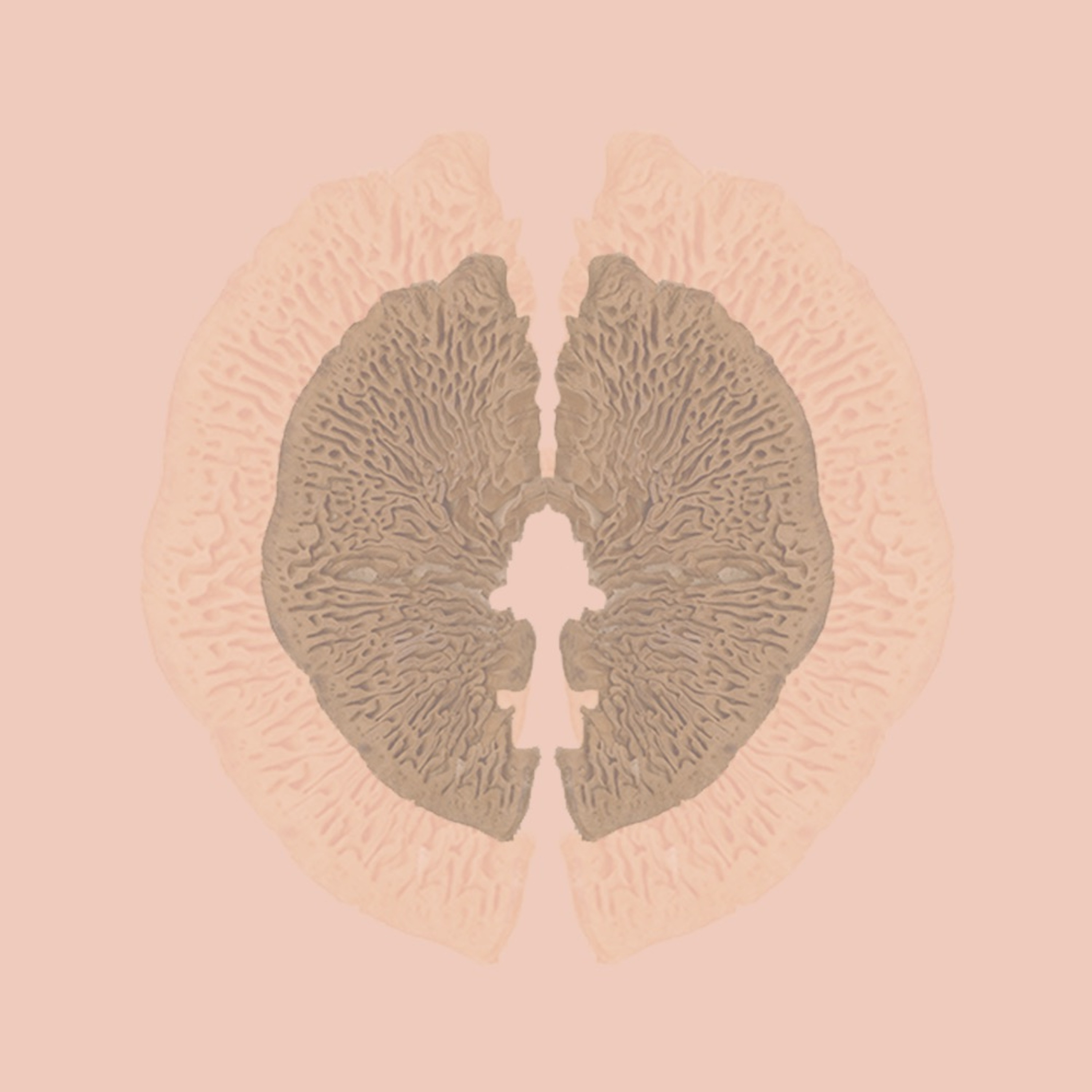 Linnean PodcastsLinnean Podcast #30: It's Not a Pretty FungusIn this podcast, Mark Spencer tells us about Linnaeus' issues with fungi. He also shares a story with us about a fungus that is not pretty but is fascinating.
This podcast is part of a larger series that asks each of our curators to share stories with us about our precious natural history collection.
Produced by: Ross Ziegelmeier
Speaker: Mark Spencer (Curator of Botany at The Linnean Society of London)2020-08-0507 min
Linnean PodcastsLinnean Podcast #30: It's Not a Pretty FungusIn this podcast, Mark Spencer tells us about Linnaeus' issues with fungi. He also shares a story with us about a fungus that is not pretty but is fascinating.
This podcast is part of a larger series that asks each of our curators to share stories with us about our precious natural history collection.
Produced by: Ross Ziegelmeier
Speaker: Mark Spencer (Curator of Botany at The Linnean Society of London)2020-08-0507 min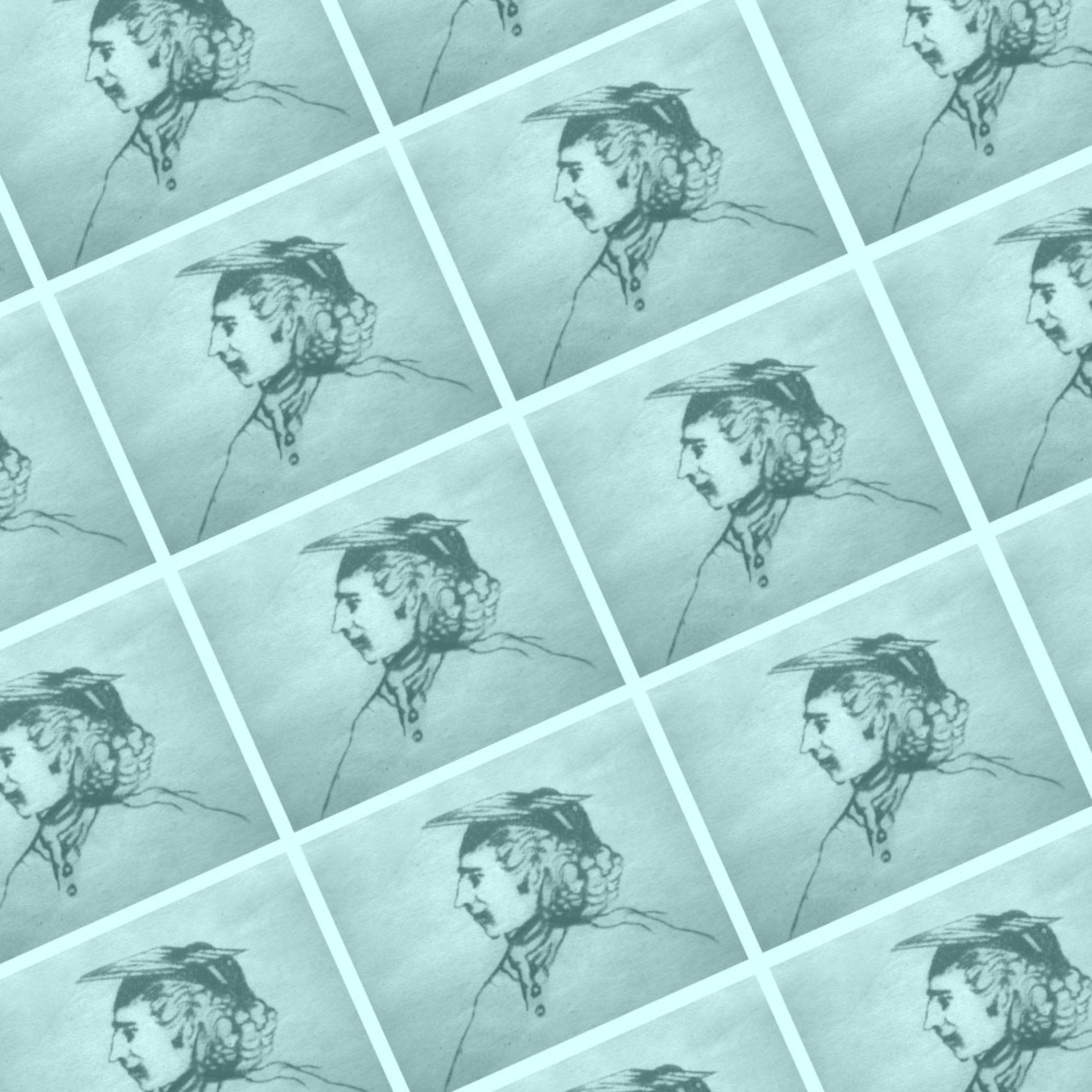 Linnean PodcastsLinnean Podcast #29: Gilbert WhiteIt's Gilbert White's 300th birthday this year and to celebrate his contribution to our understanding and love of nature, Stephanie West shares a short story with us about this great naturalist's work and some of the connections he made throughout his life.
Produced by: Ross Ziegelmeier
Speaker: Stephanie West (UK Biodiversity Training Manager, Angela Marmont Centre, NHM)2020-07-1606 min
Linnean PodcastsLinnean Podcast #29: Gilbert WhiteIt's Gilbert White's 300th birthday this year and to celebrate his contribution to our understanding and love of nature, Stephanie West shares a short story with us about this great naturalist's work and some of the connections he made throughout his life.
Produced by: Ross Ziegelmeier
Speaker: Stephanie West (UK Biodiversity Training Manager, Angela Marmont Centre, NHM)2020-07-1606 min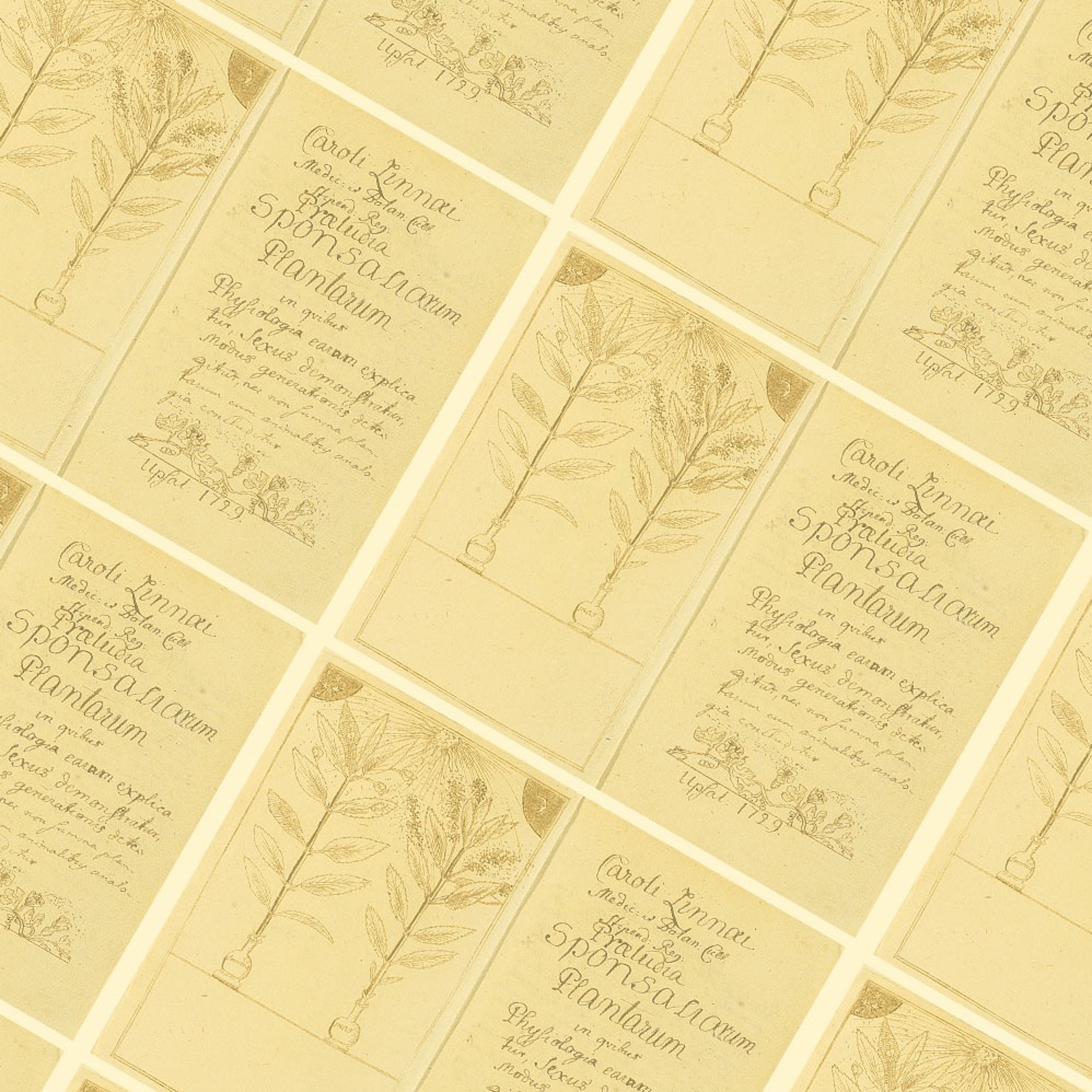 Linnean PodcastsLinnean Podcast #28: The "Obvious" Truth about Plant SexualityProfessor Stella Sandford asks "Is it obvious that what is ‘obvious’ is always true?". In this Podcast Stella explores the history of the knowledge of plant sex to see if things really were as obvious as Linnaeus suggested.
Produced by: Ross Ziegelmeier
Speaker: Prof. Stella Sandford (Professor of Modern European Philosophy at Kingston University)2020-06-1712 min
Linnean PodcastsLinnean Podcast #28: The "Obvious" Truth about Plant SexualityProfessor Stella Sandford asks "Is it obvious that what is ‘obvious’ is always true?". In this Podcast Stella explores the history of the knowledge of plant sex to see if things really were as obvious as Linnaeus suggested.
Produced by: Ross Ziegelmeier
Speaker: Prof. Stella Sandford (Professor of Modern European Philosophy at Kingston University)2020-06-1712 min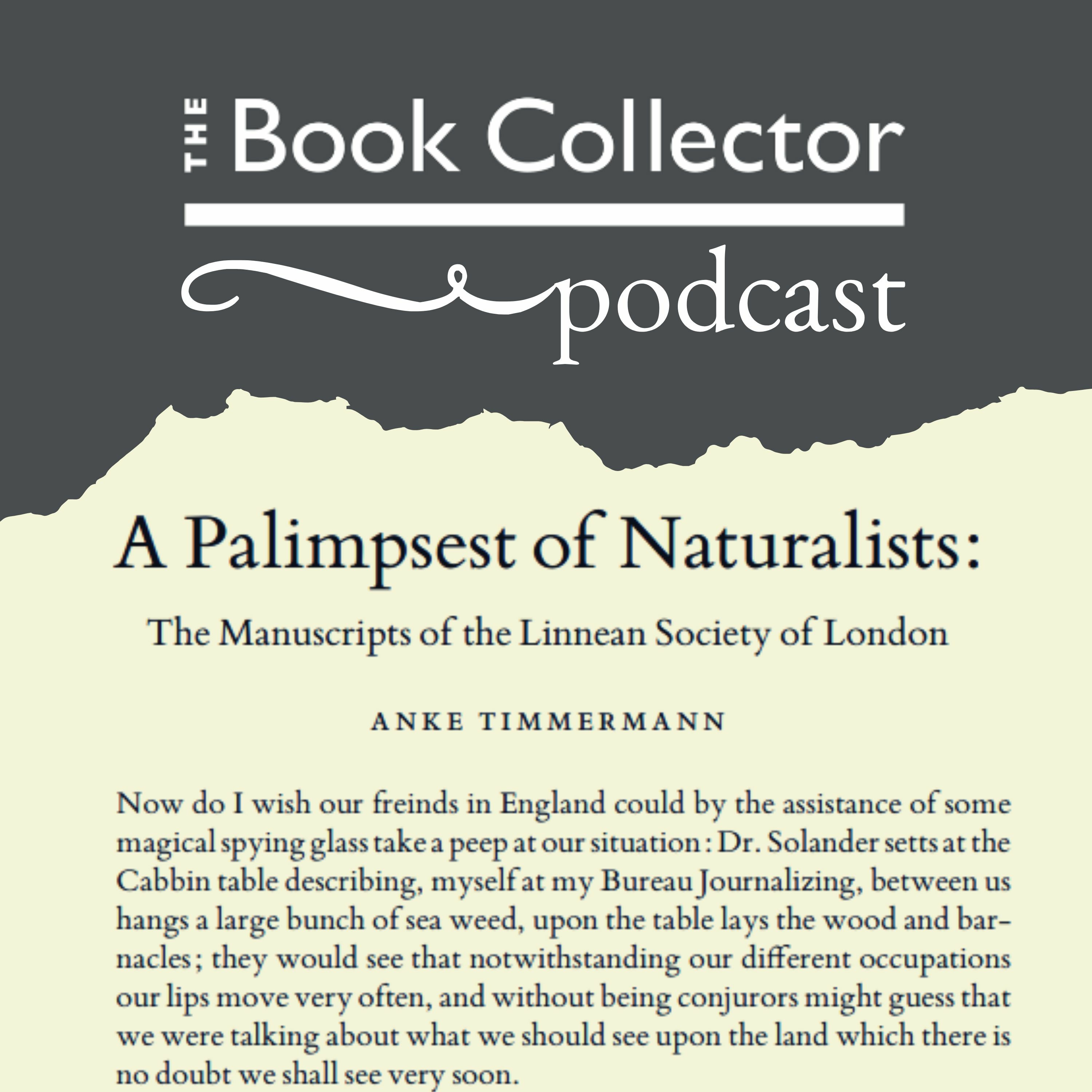 The Book Collector PodcastA Palimpsest of Naturalists, by Anke TimmermannAll The Book Collector Podcasts are special, but this one may be more special than others.
It is Mark James, reading Anke Timmerman's article relating to Joseph Banks, the famous explorer and naturalist whose death 200 years ago is being remembered worldwide.
'A Palimpsest of Naturalists: The Manuscripts of the Linnean Society of London' was published in our Summer 2020 issue, in conjunction with the Linnean Society of London. A catalogue of Banks' engravings is available at www.typeandforme.com2020-06-1024 min
The Book Collector PodcastA Palimpsest of Naturalists, by Anke TimmermannAll The Book Collector Podcasts are special, but this one may be more special than others.
It is Mark James, reading Anke Timmerman's article relating to Joseph Banks, the famous explorer and naturalist whose death 200 years ago is being remembered worldwide.
'A Palimpsest of Naturalists: The Manuscripts of the Linnean Society of London' was published in our Summer 2020 issue, in conjunction with the Linnean Society of London. A catalogue of Banks' engravings is available at www.typeandforme.com2020-06-1024 min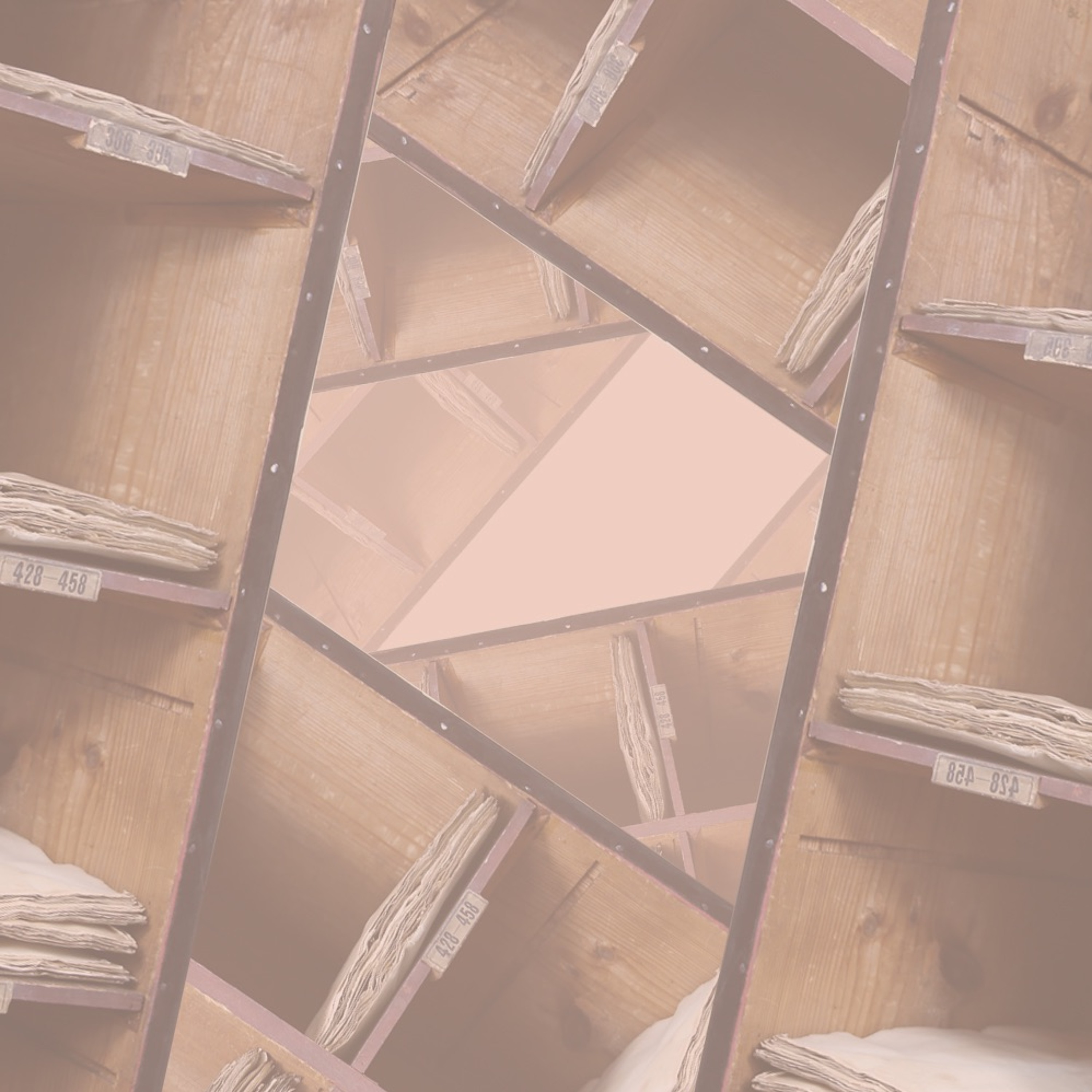 Linnean PodcastsLinnean Podcast #27: Linnean HerbariumIn this podcast, Mark Spencer tells us about the first time he worked with the plant specimens from the Linnean herbarium.
This podcast is part of a larger series that asks each of our curators to share stories with us about our precious natural history collection.
Produced by: Ross Ziegelmeier
Speaker: Mark Spencer (Curator of Botany at The Linnean Society of London)2020-06-0105 min
Linnean PodcastsLinnean Podcast #27: Linnean HerbariumIn this podcast, Mark Spencer tells us about the first time he worked with the plant specimens from the Linnean herbarium.
This podcast is part of a larger series that asks each of our curators to share stories with us about our precious natural history collection.
Produced by: Ross Ziegelmeier
Speaker: Mark Spencer (Curator of Botany at The Linnean Society of London)2020-06-0105 min Through the NoiseWhat We Knew About the Coronavirus Outbreak Before & the Future of PandemicsDaniel Brooks is a professor emeritus at the University of Toronto, a fellow of the Royal Society of Canada and the Linnean Society of London, and a Research Fellow of the Manter Laboratory of Parasitology, University of Nebraska State Museum. He has been working for the past decade as a free-lance consultant on the evolutionary biology of climate change and emerging disease. He is also an author of The Stockholm Paradigm, which we discussed in his previous episode, during the beginning of the coronavirus lockdown. Daniel Brooks joined us again on Through The Noise to talk about...2020-05-261h 16
Through the NoiseWhat We Knew About the Coronavirus Outbreak Before & the Future of PandemicsDaniel Brooks is a professor emeritus at the University of Toronto, a fellow of the Royal Society of Canada and the Linnean Society of London, and a Research Fellow of the Manter Laboratory of Parasitology, University of Nebraska State Museum. He has been working for the past decade as a free-lance consultant on the evolutionary biology of climate change and emerging disease. He is also an author of The Stockholm Paradigm, which we discussed in his previous episode, during the beginning of the coronavirus lockdown. Daniel Brooks joined us again on Through The Noise to talk about...2020-05-261h 16 Roots and All - Gardening PodcastEpisode 90: I Ate Sunshine for Breakfast with Michael HollandThis week I’m chatting to author of the book I Ate Sunshine for Breakfast, Michael Holland. The book is a botanical and environmental textbook for children that makes learning about even quite complex topics such as plant scientific names seem like fun. I talk to Michael about activities you can do with children using stuff you can find in your cupboard, about some of the most engaging horticultural concepts for kids and how you can make learning entertaining. About Michael Holland: Expert ecologist, educator and author, Michael Holland FLS is on a mission to edu...2020-05-1927 min
Roots and All - Gardening PodcastEpisode 90: I Ate Sunshine for Breakfast with Michael HollandThis week I’m chatting to author of the book I Ate Sunshine for Breakfast, Michael Holland. The book is a botanical and environmental textbook for children that makes learning about even quite complex topics such as plant scientific names seem like fun. I talk to Michael about activities you can do with children using stuff you can find in your cupboard, about some of the most engaging horticultural concepts for kids and how you can make learning entertaining. About Michael Holland: Expert ecologist, educator and author, Michael Holland FLS is on a mission to edu...2020-05-1927 min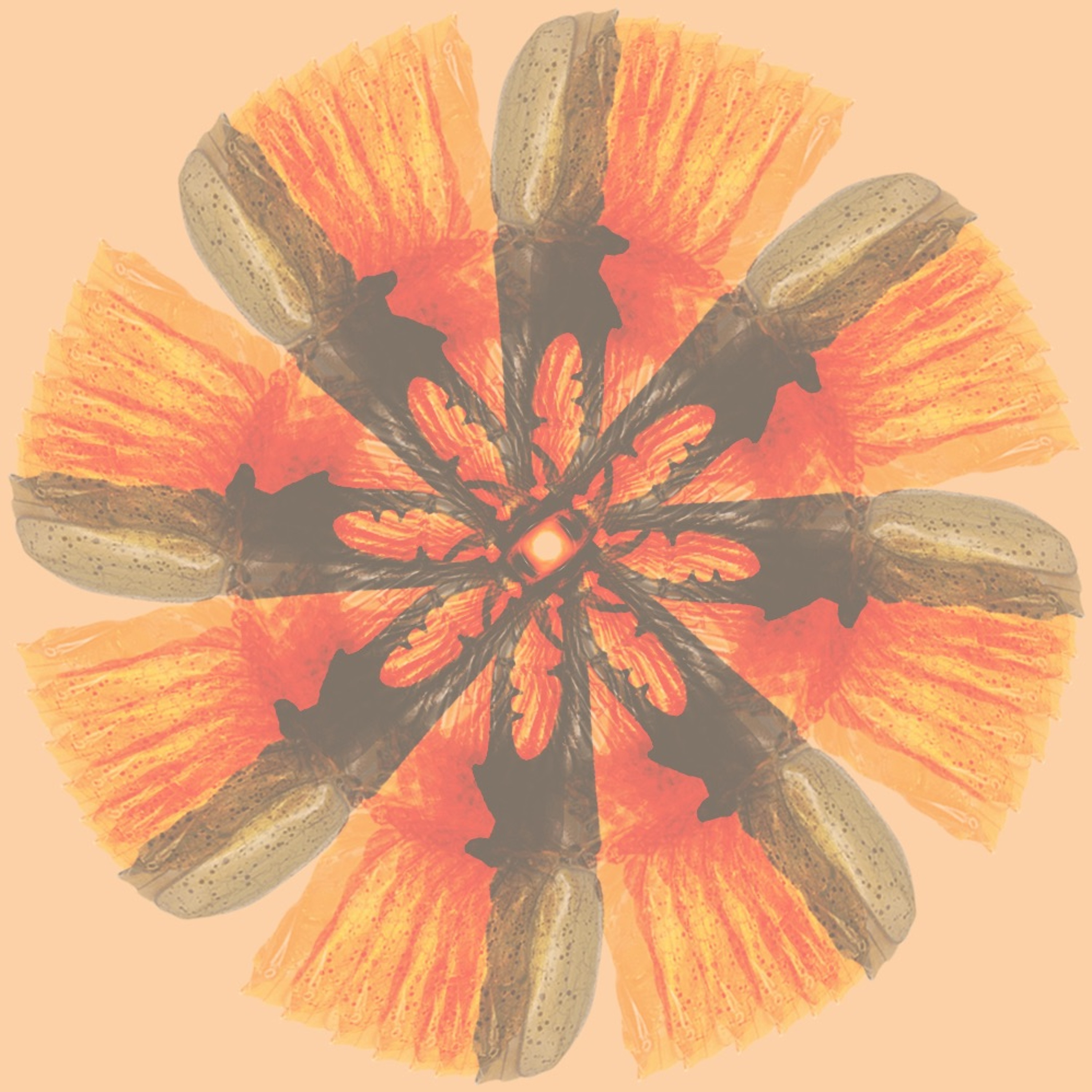 Linnean PodcastsLinnean Podcast #26: The Giant Hercules BeetleIn this podcast, Suzanne Ryder tells us about a Giant beetle, Dynastes hercules!
This podcast is part of a larger series that asks each of our curators to share stories with us about our precious natural history collection.
Produced by: Ross Ziegelmeier
Speaker: Suzanne Ryder (Curator of Insects at The Linnean Society of London)2020-05-0703 min
Linnean PodcastsLinnean Podcast #26: The Giant Hercules BeetleIn this podcast, Suzanne Ryder tells us about a Giant beetle, Dynastes hercules!
This podcast is part of a larger series that asks each of our curators to share stories with us about our precious natural history collection.
Produced by: Ross Ziegelmeier
Speaker: Suzanne Ryder (Curator of Insects at The Linnean Society of London)2020-05-0703 min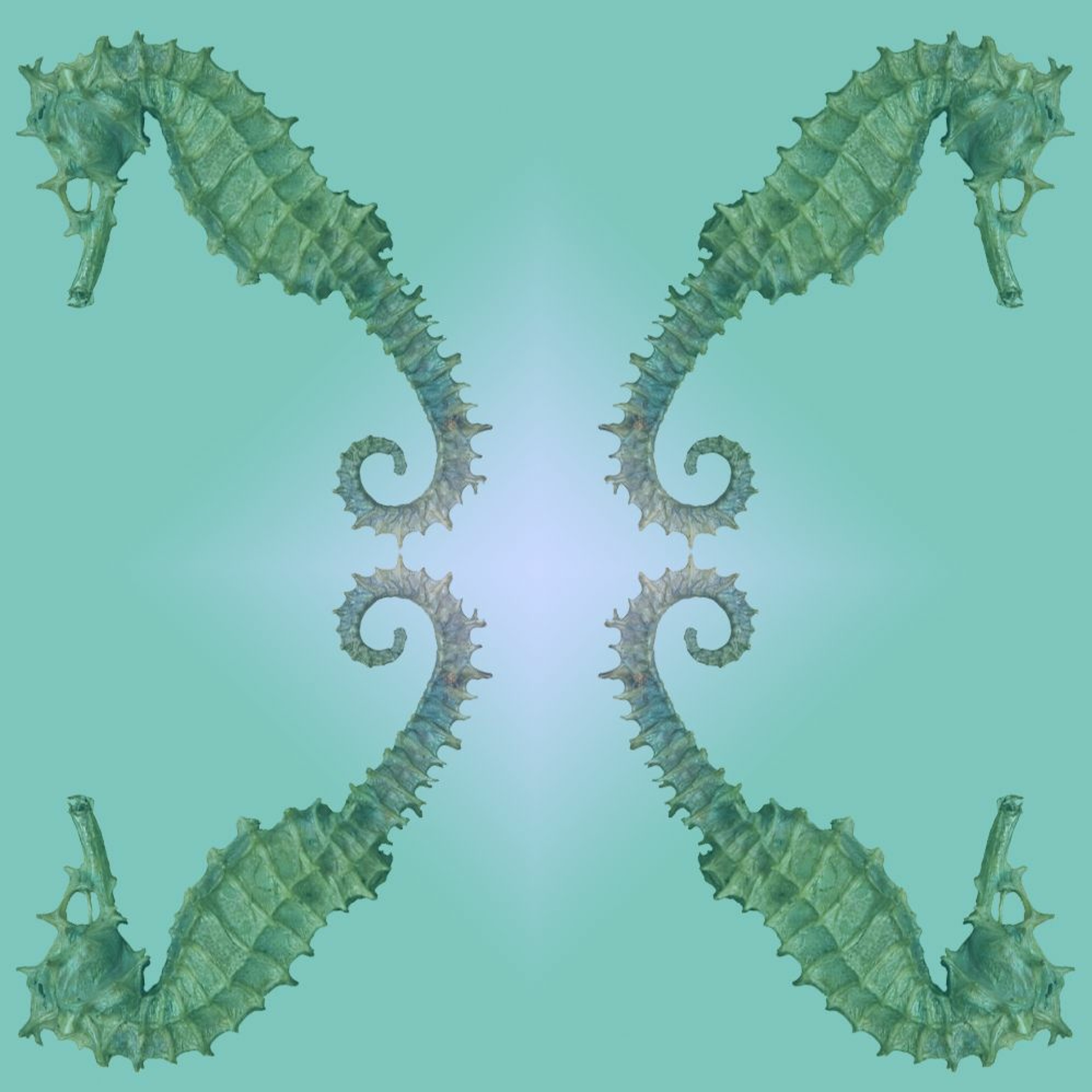 Linnean PodcastsLinnean Podcast #25: The Curious Case of Peter ArtediIn this podcast, Mark Spencer tells us about the work of Peter Artedi and his connection to Carl Linnaeus.
This podcast is part of a larger series that asks each of our curators to share stories with us about our precious natural history collection.
Produced by: Ross Ziegelmeier
Speaker: Mark Spencer (Curator of Botany at The Linnean Society of London)2020-04-1705 min
Linnean PodcastsLinnean Podcast #25: The Curious Case of Peter ArtediIn this podcast, Mark Spencer tells us about the work of Peter Artedi and his connection to Carl Linnaeus.
This podcast is part of a larger series that asks each of our curators to share stories with us about our precious natural history collection.
Produced by: Ross Ziegelmeier
Speaker: Mark Spencer (Curator of Botany at The Linnean Society of London)2020-04-1705 min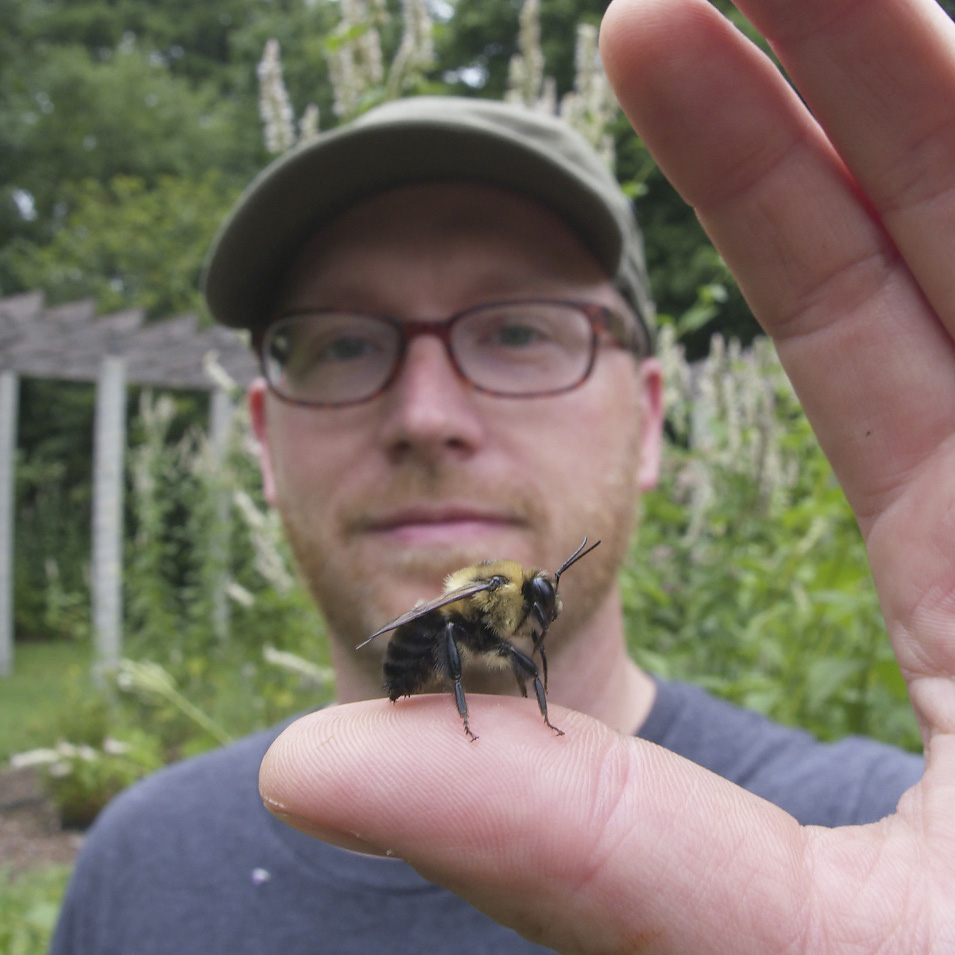 F-Stop Collaborate and Listen155: Clay Bolt - Using Photography as a Tool for CommunicationWelcome to Episode 155 of the F-Stop Collaborate and Listen podcast.
This week's episode features one of the most inspirational photographers of our generation, in my opinion. He has focused the attention of his lens on things that matter.
Welcome Clay Bolt to the podcast.
Clay Bolt is a Natural History and Conservation Photographer specializing in the world’s smaller creatures who regularly partners with organizations such as the National Geographic Society and the Xerces Society for Invertebrate Conservation. His current major focus is on North America’s native bees and the important roles that they pl...2020-04-081h 11
F-Stop Collaborate and Listen155: Clay Bolt - Using Photography as a Tool for CommunicationWelcome to Episode 155 of the F-Stop Collaborate and Listen podcast.
This week's episode features one of the most inspirational photographers of our generation, in my opinion. He has focused the attention of his lens on things that matter.
Welcome Clay Bolt to the podcast.
Clay Bolt is a Natural History and Conservation Photographer specializing in the world’s smaller creatures who regularly partners with organizations such as the National Geographic Society and the Xerces Society for Invertebrate Conservation. His current major focus is on North America’s native bees and the important roles that they pl...2020-04-081h 11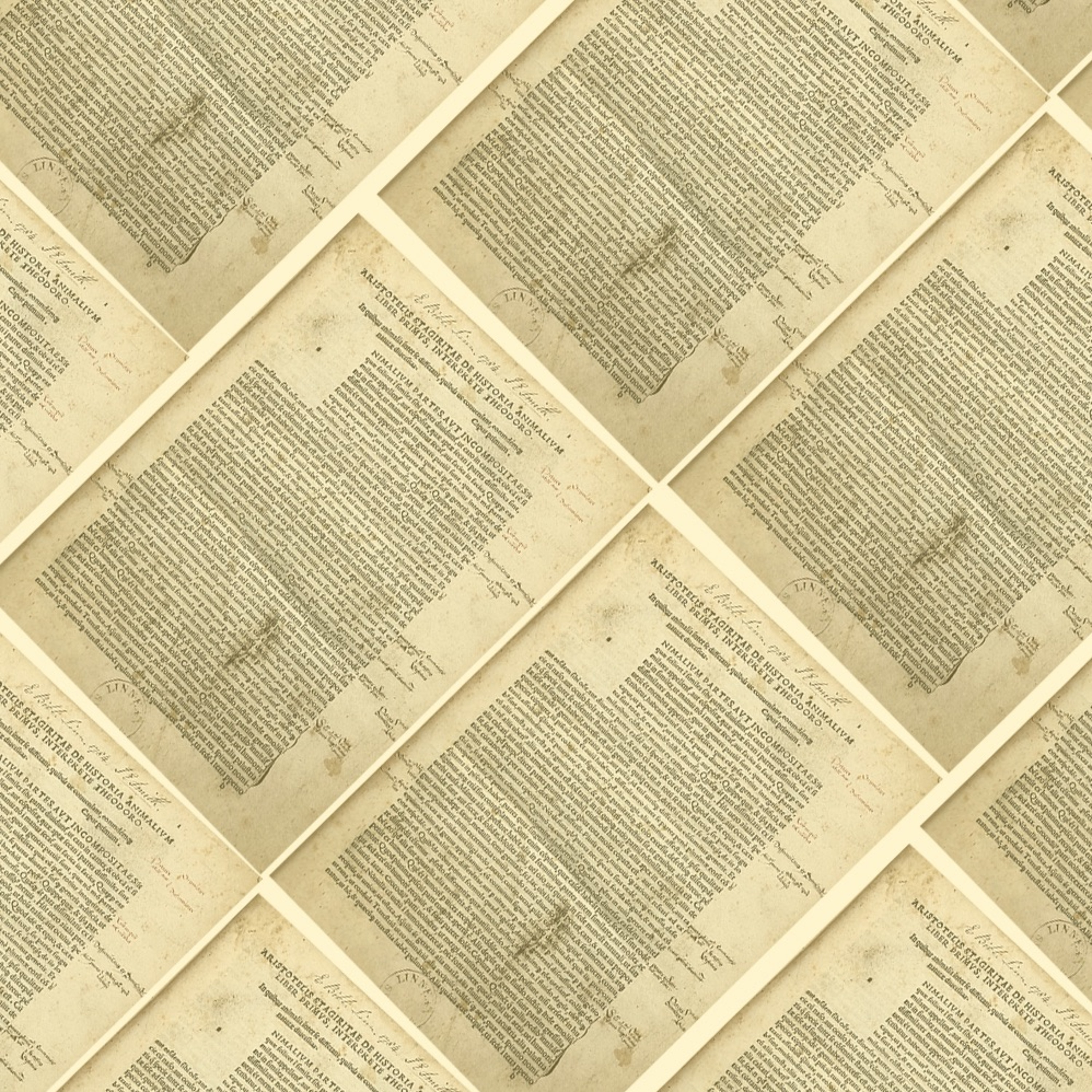 Linnean PodcastsLinnean Podcast #24: Aristotle and Linnaeus' Private LibraryProfessor Stella Sandford visits Linnaeus' private library to find his book on Aristotle's writings about animals. In this podcast Stella explains the importance of Aristotle's writings and explores what his work means to us now.
Produced by: Ross Ziegelmeier
Speaker: Prof. Stella Sandford (Professor of Modern European Philosophy at Kingston University)2020-03-2612 min
Linnean PodcastsLinnean Podcast #24: Aristotle and Linnaeus' Private LibraryProfessor Stella Sandford visits Linnaeus' private library to find his book on Aristotle's writings about animals. In this podcast Stella explains the importance of Aristotle's writings and explores what his work means to us now.
Produced by: Ross Ziegelmeier
Speaker: Prof. Stella Sandford (Professor of Modern European Philosophy at Kingston University)2020-03-2612 min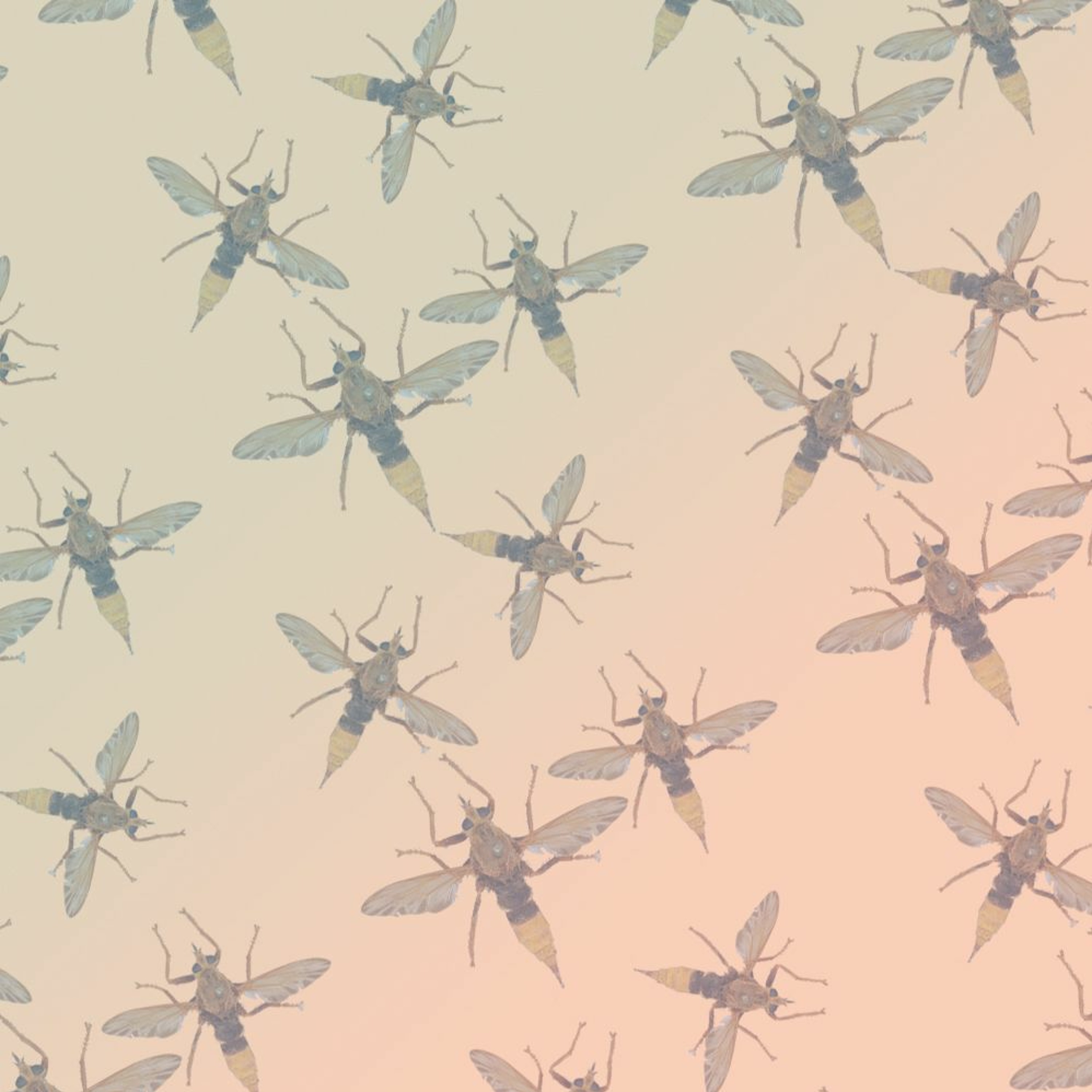 Linnean PodcastsLinnean Podcast #23: The Hornet RobberflyIn this podcast, Suzanne Ryder tells us about a deadly killer, The Hornet Robberfly!
This podcast is part of a larger series that asks each of our curators to share stories with us about our precious natural history collection.
Produced by: Ross Ziegelmeier
Speaker: Suzanne Ryder (Curator of Insects at The Linnean Society of London)2020-03-0903 min
Linnean PodcastsLinnean Podcast #23: The Hornet RobberflyIn this podcast, Suzanne Ryder tells us about a deadly killer, The Hornet Robberfly!
This podcast is part of a larger series that asks each of our curators to share stories with us about our precious natural history collection.
Produced by: Ross Ziegelmeier
Speaker: Suzanne Ryder (Curator of Insects at The Linnean Society of London)2020-03-0903 min Science History PodcastBiodiversity: Thomas LovejoyGlobal biodiversity is in the midst of a mass extinction driven by rapid human population growth and over-consumption of resources. These forces drive habitat loss, pollution, invasive species, climate change, and the many other proximate causes of species losses. The study of these forces, and how they can be mitigated to preserve biodiversity, is the responsibility of scientists engaged in the field of conservation biology. My guest, Thomas Lovejoy, is a founding scientist of this field, and often referred to as the Godfather of Biodiversity. Tom received B.S. and Ph.D. degrees in biology at Yale. He then...2020-02-1141 min
Science History PodcastBiodiversity: Thomas LovejoyGlobal biodiversity is in the midst of a mass extinction driven by rapid human population growth and over-consumption of resources. These forces drive habitat loss, pollution, invasive species, climate change, and the many other proximate causes of species losses. The study of these forces, and how they can be mitigated to preserve biodiversity, is the responsibility of scientists engaged in the field of conservation biology. My guest, Thomas Lovejoy, is a founding scientist of this field, and often referred to as the Godfather of Biodiversity. Tom received B.S. and Ph.D. degrees in biology at Yale. He then...2020-02-1141 min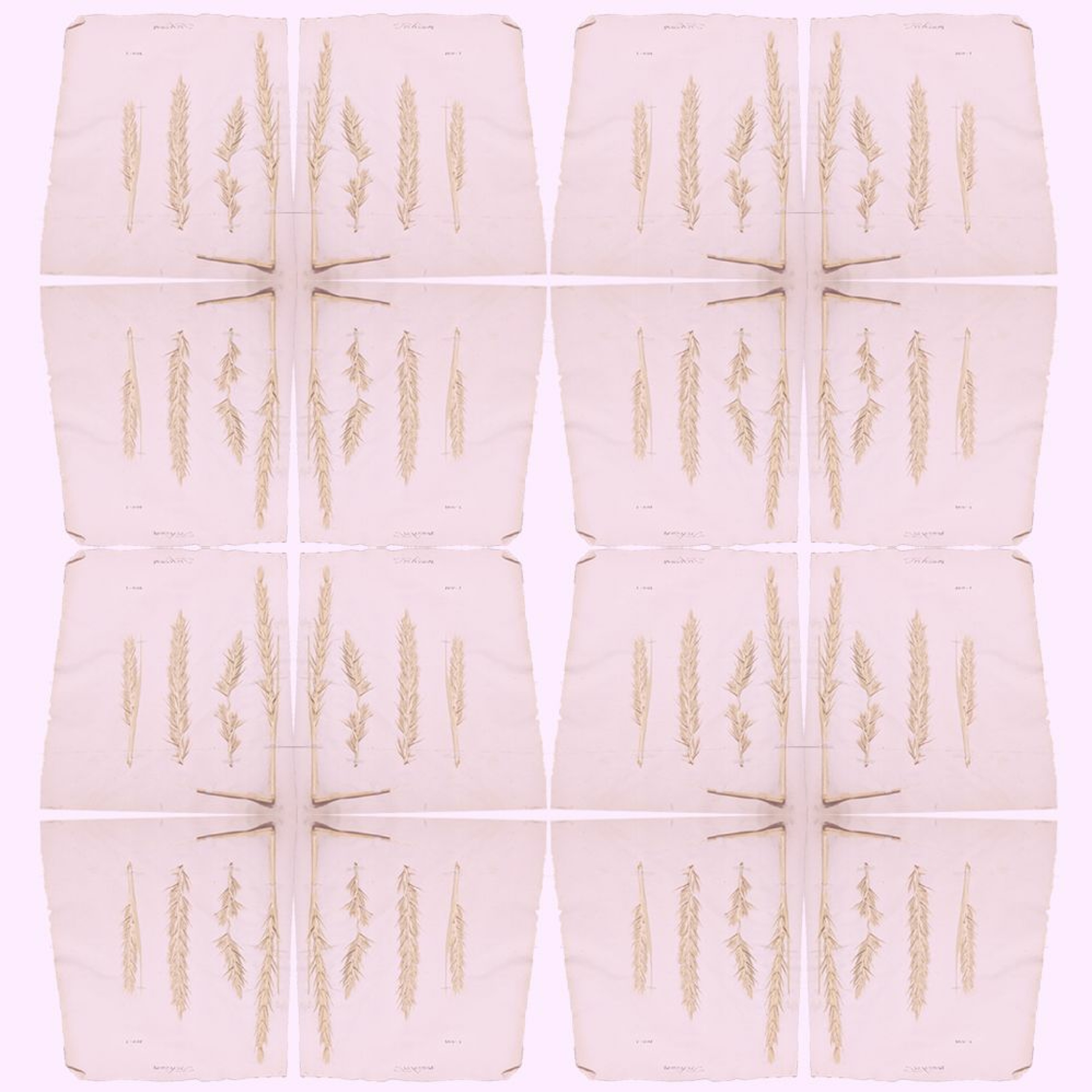 Linnean PodcastsLinnean Podcast #22: Linnaeus In Lapland 3In the summer of 1732, the Swedish botanist and physician Carl Linnaeus journeyed through Lapland. His travel account is not only often cited as the earliest first-hand account of Lapland by a naturalist and ethnographer, but also known as a founding piece of Swedish literature. With its lively first-person narrative, keen eye for empirical detail and animated portrayal of rural and nomadic life, it gives the impression of entering a new world. But Linnaeus was far from being the first to report on Lapland. Nor was he alone during his trip.
In this three part podcast series we learn about this...2020-02-0704 min
Linnean PodcastsLinnean Podcast #22: Linnaeus In Lapland 3In the summer of 1732, the Swedish botanist and physician Carl Linnaeus journeyed through Lapland. His travel account is not only often cited as the earliest first-hand account of Lapland by a naturalist and ethnographer, but also known as a founding piece of Swedish literature. With its lively first-person narrative, keen eye for empirical detail and animated portrayal of rural and nomadic life, it gives the impression of entering a new world. But Linnaeus was far from being the first to report on Lapland. Nor was he alone during his trip.
In this three part podcast series we learn about this...2020-02-0704 min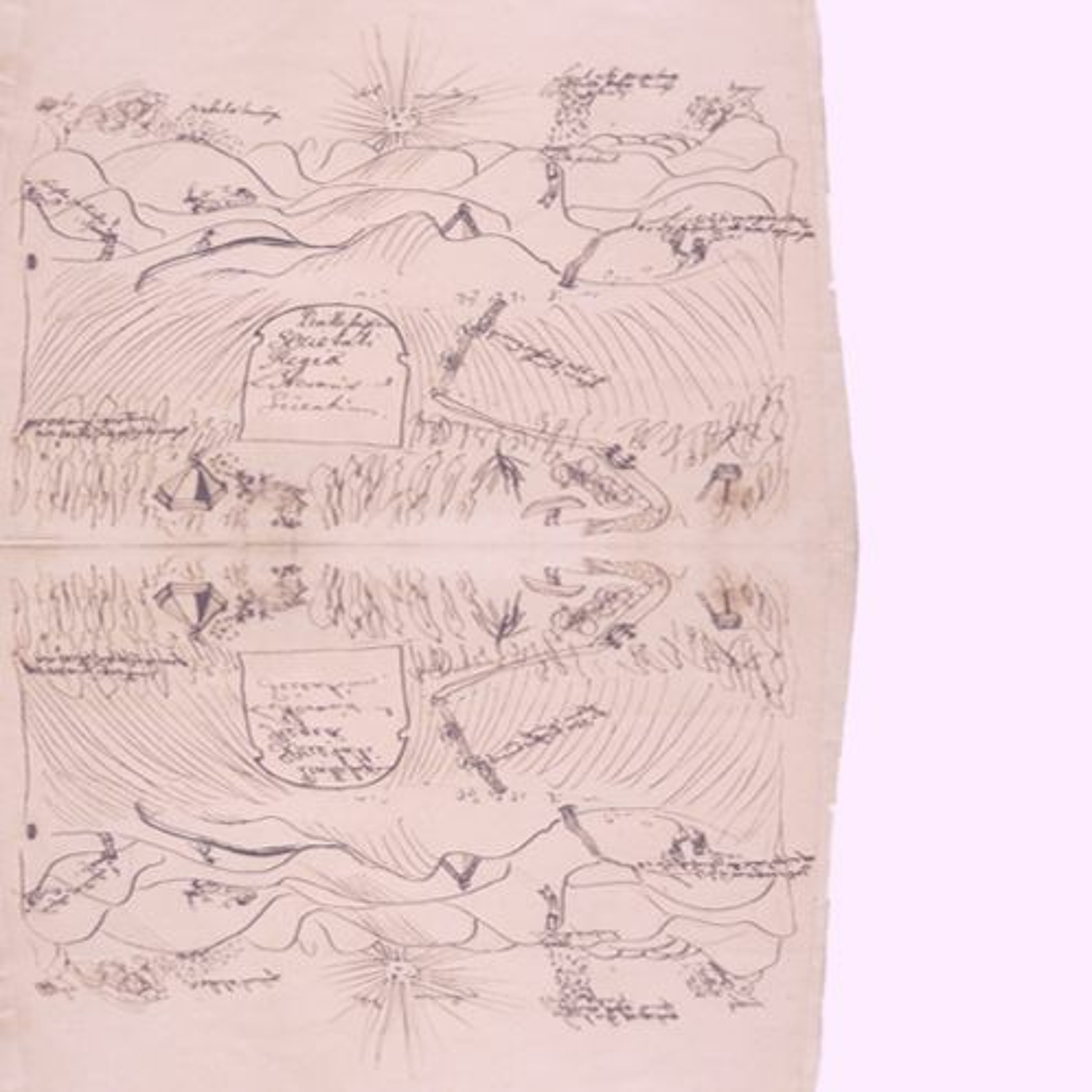 Linnean PodcastsLinnean Podcast #21: Linnaeus In Lapland 2In the summer of 1732, the Swedish botanist and physician Carl Linnaeus journeyed through Lapland. His travel account is not only often cited as the earliest first-hand account of Lapland by a naturalist and ethnographer, but also known as a founding piece of Swedish literature. With its lively first-person narrative, keen eye for empirical detail and animated portrayal of rural and nomadic life, it gives the impression of entering a new world. But Linnaeus was far from being the first to report on Lapland. Nor was he alone during his trip.
In this three part podcast series we learn about this...2020-02-0704 min
Linnean PodcastsLinnean Podcast #21: Linnaeus In Lapland 2In the summer of 1732, the Swedish botanist and physician Carl Linnaeus journeyed through Lapland. His travel account is not only often cited as the earliest first-hand account of Lapland by a naturalist and ethnographer, but also known as a founding piece of Swedish literature. With its lively first-person narrative, keen eye for empirical detail and animated portrayal of rural and nomadic life, it gives the impression of entering a new world. But Linnaeus was far from being the first to report on Lapland. Nor was he alone during his trip.
In this three part podcast series we learn about this...2020-02-0704 min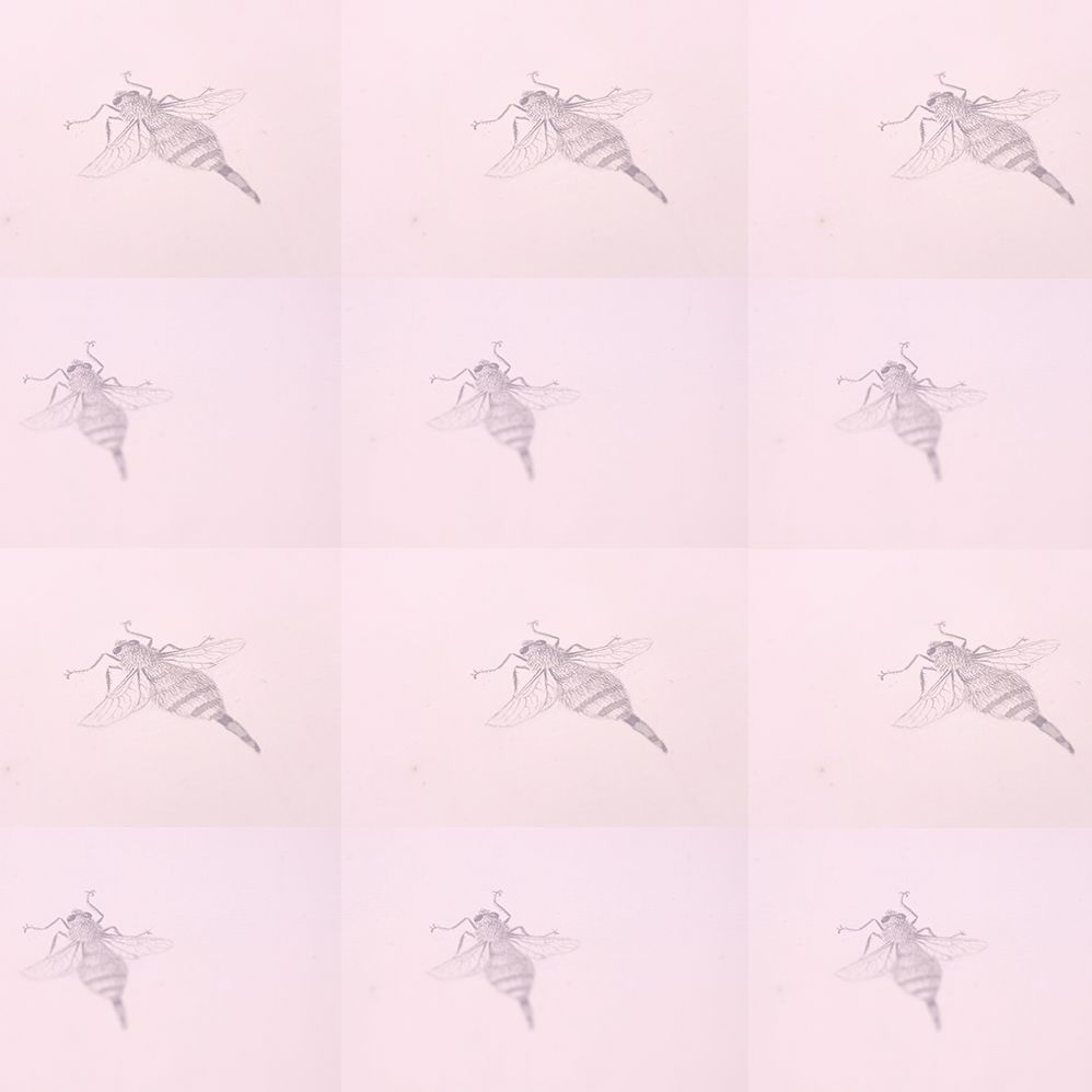 Linnean PodcastsLinnean Podcast #20: Linnaeus In Lapland 1In the summer of 1732, the Swedish botanist and physician Carl Linnaeus journeyed through Lapland. His travel account is not only often cited as the earliest first-hand account of Lapland by a naturalist and ethnographer, but also known as a founding piece of Swedish literature. With its lively first-person narrative, keen eye for empirical detail and animated portrayal of rural and nomadic life, it gives the impression of entering a new world. But Linnaeus was far from being the first to report on Lapland. Nor was he alone during his trip.
In this three part podcast series we learn about this...2020-02-0703 min
Linnean PodcastsLinnean Podcast #20: Linnaeus In Lapland 1In the summer of 1732, the Swedish botanist and physician Carl Linnaeus journeyed through Lapland. His travel account is not only often cited as the earliest first-hand account of Lapland by a naturalist and ethnographer, but also known as a founding piece of Swedish literature. With its lively first-person narrative, keen eye for empirical detail and animated portrayal of rural and nomadic life, it gives the impression of entering a new world. But Linnaeus was far from being the first to report on Lapland. Nor was he alone during his trip.
In this three part podcast series we learn about this...2020-02-0703 min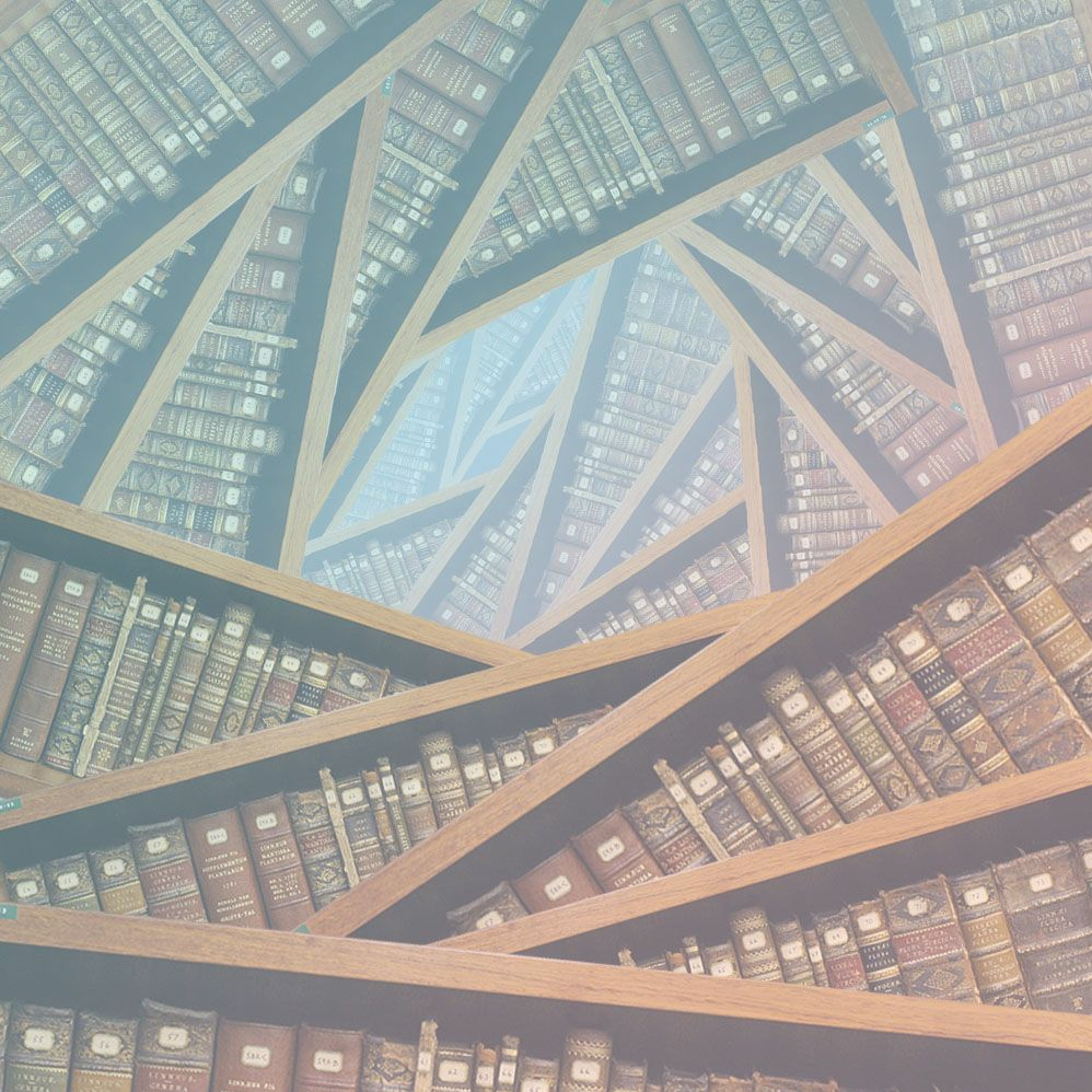 Linnean PodcastsLinnean Podcast #19: Importance Of Historical CollectionsIn this podcast, Suzanne Ryder explains the importance of museum collections and why the collections held by The Linnean Society are of particularly importance.
This podcast is part of a larger series that asks each of our curators to share stories with us about our precious natural history collection.
Produced by: Ross Ziegelmeier
Speaker: Suzanne Ryder (Curator of Insects at The Linnean Society of London)2020-01-2803 min
Linnean PodcastsLinnean Podcast #19: Importance Of Historical CollectionsIn this podcast, Suzanne Ryder explains the importance of museum collections and why the collections held by The Linnean Society are of particularly importance.
This podcast is part of a larger series that asks each of our curators to share stories with us about our precious natural history collection.
Produced by: Ross Ziegelmeier
Speaker: Suzanne Ryder (Curator of Insects at The Linnean Society of London)2020-01-2803 min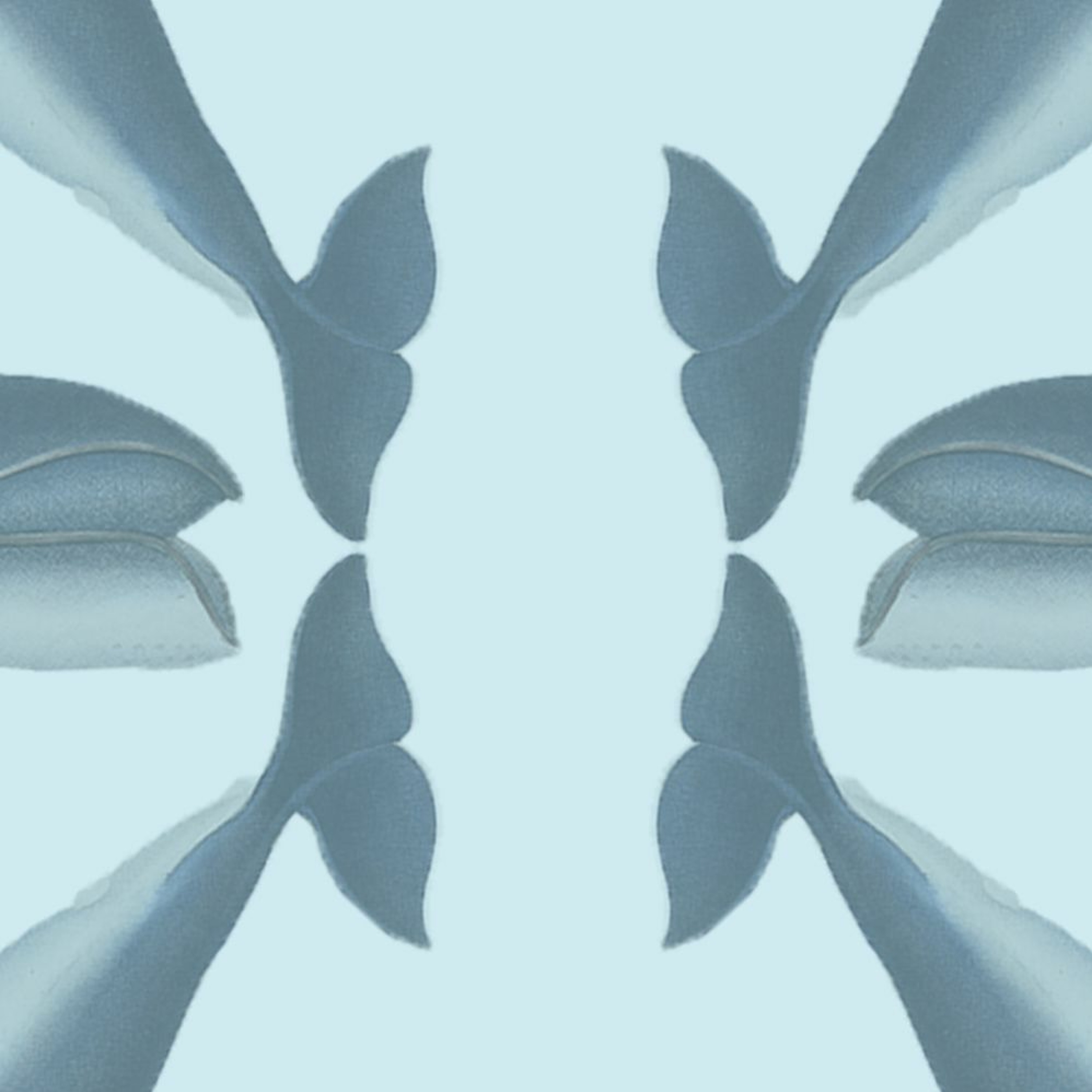 Linnean PodcastsLinnean Podcast #18: F. Edwards, A Whaler's Lesson Learnt In TimeIn the late 1800s, Frank Edwards, a Victorian gentlemen, found himself shanghaied aboard the whaling ship the Abram Barker. Frank kept a daily diary of his year out at sea, in which he gives a detailed account of the ship’s activities and his own personal struggles. Given to us by his descendants, the diary is now in the safe keeping of The Linnean Society of London’s collections.
This podcast outlines the historical views held about whales as ‘monsters’ and as a valuable Victorian commodity. It also delves into the worrying impact whaling has had on global whale populations, lingerin...2020-01-0920 min
Linnean PodcastsLinnean Podcast #18: F. Edwards, A Whaler's Lesson Learnt In TimeIn the late 1800s, Frank Edwards, a Victorian gentlemen, found himself shanghaied aboard the whaling ship the Abram Barker. Frank kept a daily diary of his year out at sea, in which he gives a detailed account of the ship’s activities and his own personal struggles. Given to us by his descendants, the diary is now in the safe keeping of The Linnean Society of London’s collections.
This podcast outlines the historical views held about whales as ‘monsters’ and as a valuable Victorian commodity. It also delves into the worrying impact whaling has had on global whale populations, lingerin...2020-01-0920 min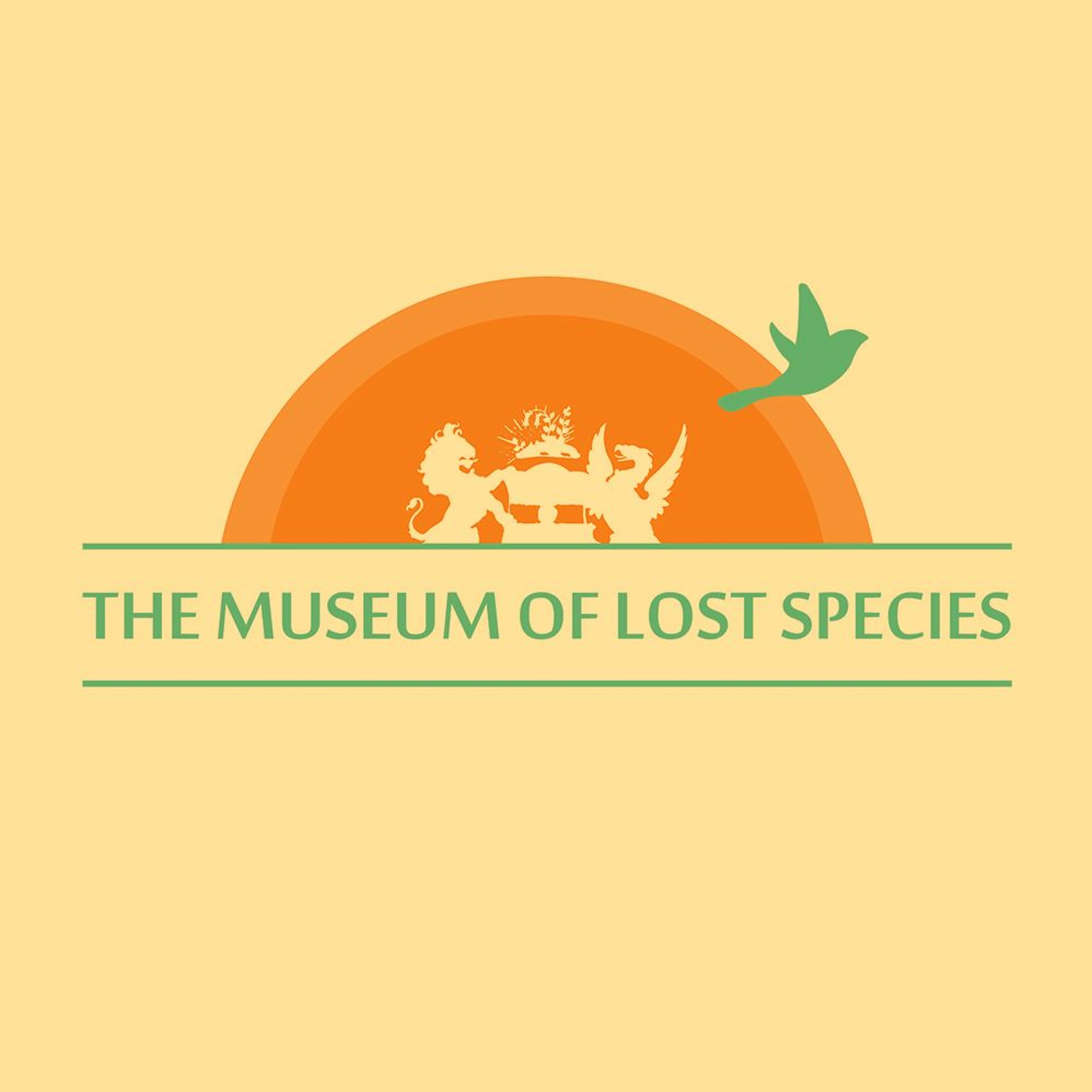 Linnean PodcastsLinnean Podcast #17: Museum Of Lost SpeciesLast summer, Linnean Learning visited the Green Man Festival in Wales to showcase the Museum of Lost Species. This fictional museum contains the life stories of different species that have become extinct due to human activity. We asked happy festival goers to listen to the stories and tell us how it made them feel.
This podcast contains the stories of the Bramble Cay Melomys, the West African Rhino and the Rabbs Fringe-Limbed Tree Frog, as well as the reactions of the people at Green Man Festival.
Produced by: Ross Ziegelmeier
Script written by: Joe Burton
Voice artist: Elisa Jones2019-09-2009 min
Linnean PodcastsLinnean Podcast #17: Museum Of Lost SpeciesLast summer, Linnean Learning visited the Green Man Festival in Wales to showcase the Museum of Lost Species. This fictional museum contains the life stories of different species that have become extinct due to human activity. We asked happy festival goers to listen to the stories and tell us how it made them feel.
This podcast contains the stories of the Bramble Cay Melomys, the West African Rhino and the Rabbs Fringe-Limbed Tree Frog, as well as the reactions of the people at Green Man Festival.
Produced by: Ross Ziegelmeier
Script written by: Joe Burton
Voice artist: Elisa Jones2019-09-2009 min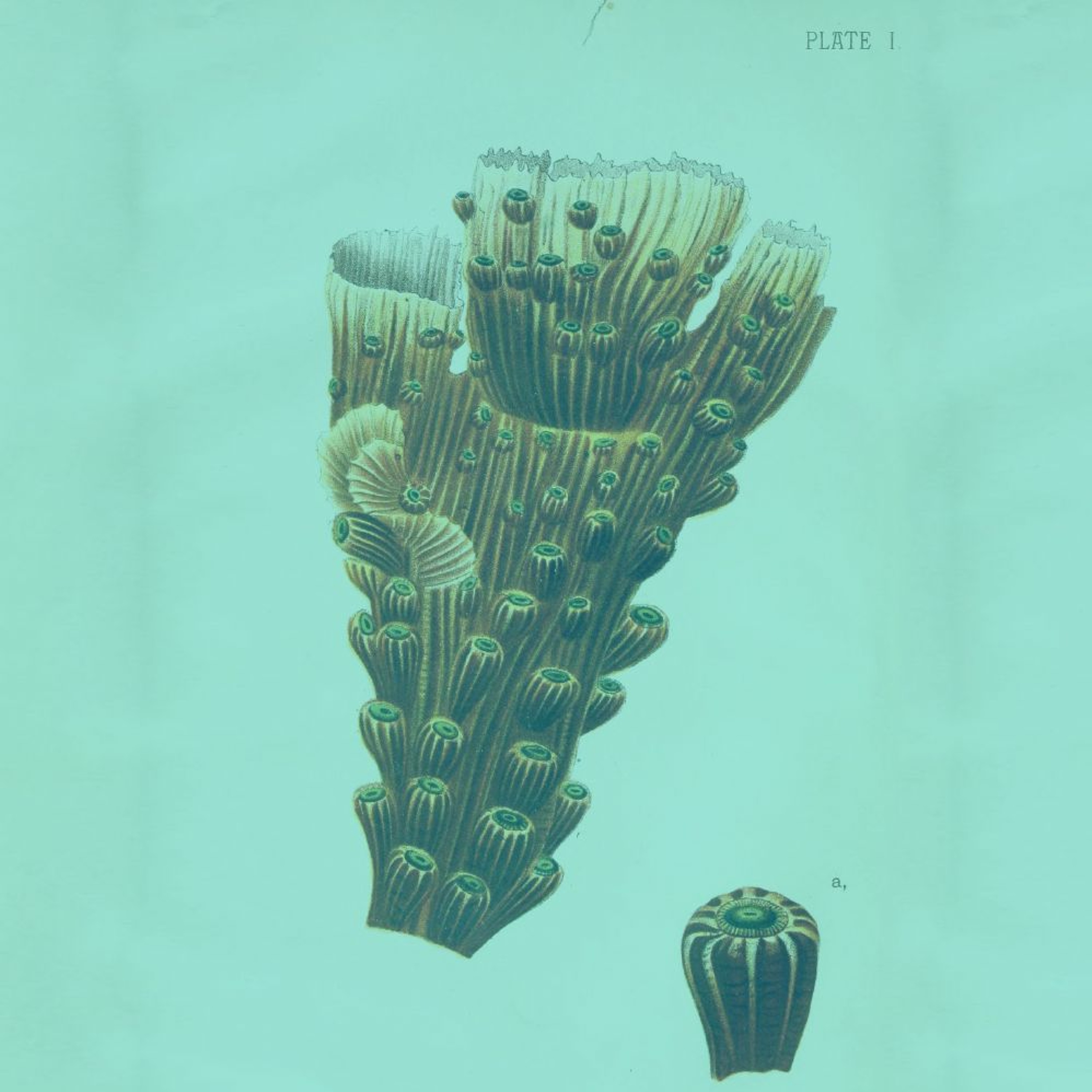 Linnean PodcastsLinnean Podcast #16: The Coral Reef HerosCoral reefs are crucial for both the survival of humans and marine organisms. However, due to climate change, coral reefs are now under threat and are on the brink of collapsing. This podcast takes us on a journey around the world to find out more about these amazing organisms, their importance to the planet and what is being done to try and save them.
Speakers: Zack Rago, Prof. James Crabbe, Prof. Peter Harrison, Prof. Madeleine Van Oppen
Presented by: Ross Ziegelmeier
Produce by: Ross Ziegelmeier2019-08-2218 min
Linnean PodcastsLinnean Podcast #16: The Coral Reef HerosCoral reefs are crucial for both the survival of humans and marine organisms. However, due to climate change, coral reefs are now under threat and are on the brink of collapsing. This podcast takes us on a journey around the world to find out more about these amazing organisms, their importance to the planet and what is being done to try and save them.
Speakers: Zack Rago, Prof. James Crabbe, Prof. Peter Harrison, Prof. Madeleine Van Oppen
Presented by: Ross Ziegelmeier
Produce by: Ross Ziegelmeier2019-08-2218 min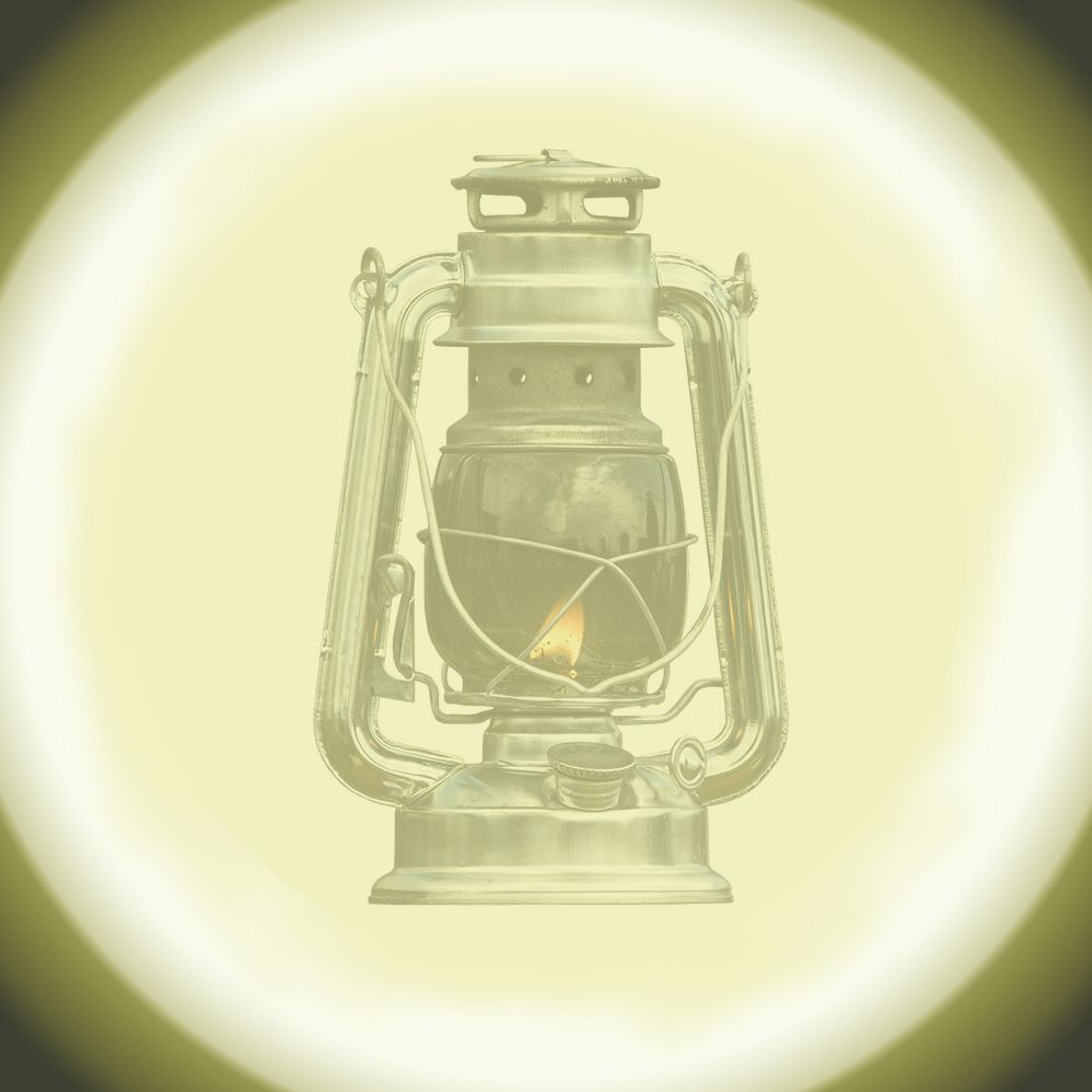 Linnean PodcastsLinnean Podcast #15: Movile CaveThis podcast was produced for an escape room activity for the 2019 Burlington House Summer courtyard late:
"Experience life in Movile Cave, Romania. Be careful, if you don't successfully answer the series of clues, you may be locked in forever...."
In this podcast Dr Rich Boden walks us through this mysterious cave and explains why it is so important in helping us to understand the history of our planet’s chemistry.
Speakers: Dr Rich Boden
Produced by: Ross Ziegelmeier2019-07-3006 min
Linnean PodcastsLinnean Podcast #15: Movile CaveThis podcast was produced for an escape room activity for the 2019 Burlington House Summer courtyard late:
"Experience life in Movile Cave, Romania. Be careful, if you don't successfully answer the series of clues, you may be locked in forever...."
In this podcast Dr Rich Boden walks us through this mysterious cave and explains why it is so important in helping us to understand the history of our planet’s chemistry.
Speakers: Dr Rich Boden
Produced by: Ross Ziegelmeier2019-07-3006 min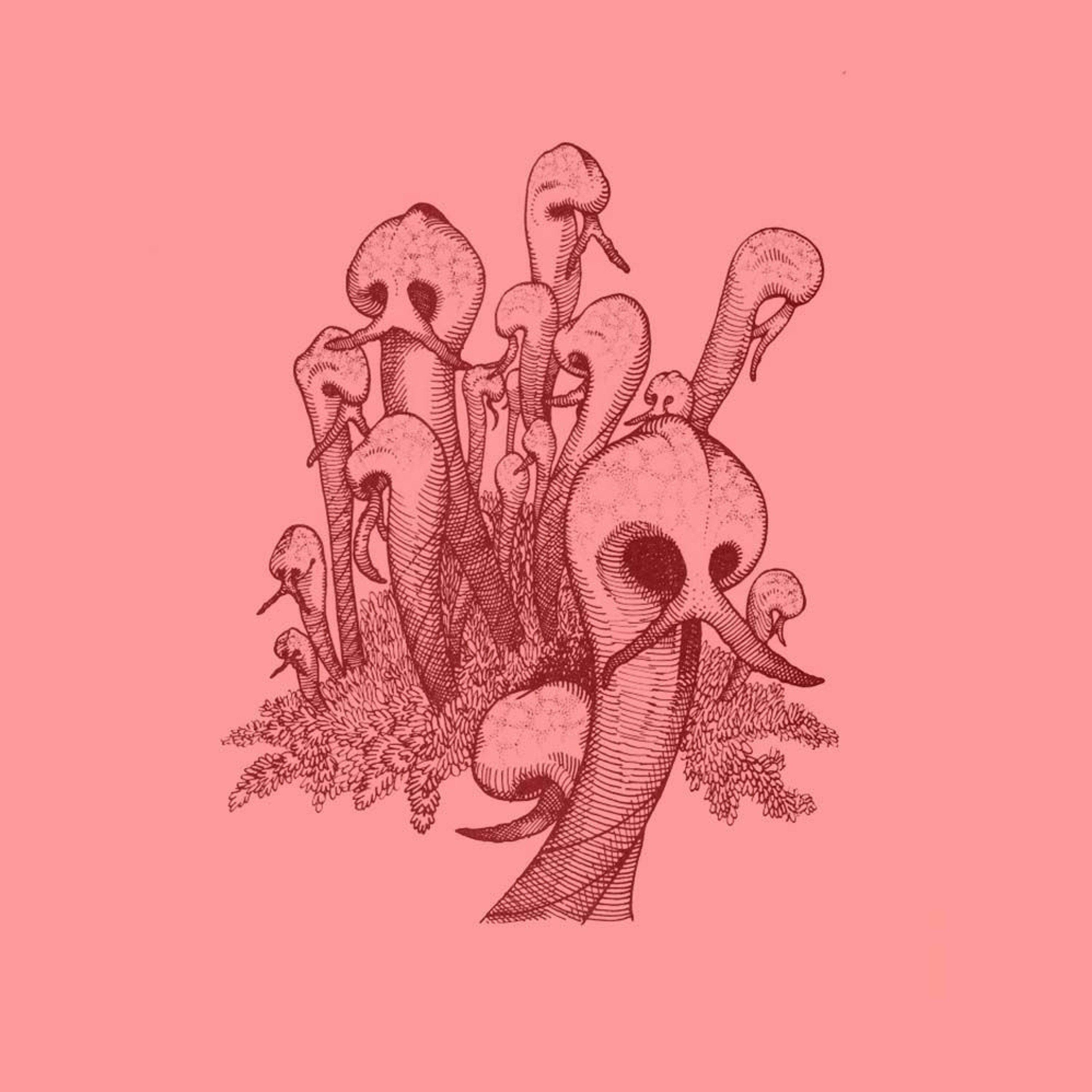 Linnean PodcastsLinnean Podcast #14: Plant HorrorIn this podcast we will try to uncover the origins of our fear of plants. We will begin with our most basic fear – the fear of being hurt by some of the most dangerous or just plain irritating plants. We will then move into the intangible fear of the imagination as we explore the horrors that wait for us if carnivorous plants where to grow the size of men. We will then hear from a scientist about the evolutionary origins of these feared plants and how they are becoming extinct.
Speakers: Dr Marina Hurley, Dr Dawn Sanders, Dr Emily Bourke
Pr...2019-06-1414 min
Linnean PodcastsLinnean Podcast #14: Plant HorrorIn this podcast we will try to uncover the origins of our fear of plants. We will begin with our most basic fear – the fear of being hurt by some of the most dangerous or just plain irritating plants. We will then move into the intangible fear of the imagination as we explore the horrors that wait for us if carnivorous plants where to grow the size of men. We will then hear from a scientist about the evolutionary origins of these feared plants and how they are becoming extinct.
Speakers: Dr Marina Hurley, Dr Dawn Sanders, Dr Emily Bourke
Pr...2019-06-1414 min The Daily GardenerApril 25, 2019 A Botanist's Hello, Zucchini Bread Day, President Truman, NPSOT, Gustavus Adolphus College, Marcus E. Jones, Julia Morton, Alice Tangerini, Windflowers, Agnes Falconer, Roger L. Williams, Garden Markers, George H. Engleheart's DaffodilsToday I learned how botanists used to say "hello" to each other. In the 1800's and 1900's, a common way for botanists to introduce themselves, often from the other side of the world, was to send each other plant specimens as the foundation for developing a relationship. When it comes to friendship, plants are icebreakers, communicators, and binding ties all rolled into one. Brevities There are many delightful anniversaries today. Today is National Zucchini Bread Day. Zucchini was discovered in the Americas. Explorers brought it back to Europe where, in Italy, was called "zucchino". #OTD On this day in 1958, President...2019-04-2509 min
The Daily GardenerApril 25, 2019 A Botanist's Hello, Zucchini Bread Day, President Truman, NPSOT, Gustavus Adolphus College, Marcus E. Jones, Julia Morton, Alice Tangerini, Windflowers, Agnes Falconer, Roger L. Williams, Garden Markers, George H. Engleheart's DaffodilsToday I learned how botanists used to say "hello" to each other. In the 1800's and 1900's, a common way for botanists to introduce themselves, often from the other side of the world, was to send each other plant specimens as the foundation for developing a relationship. When it comes to friendship, plants are icebreakers, communicators, and binding ties all rolled into one. Brevities There are many delightful anniversaries today. Today is National Zucchini Bread Day. Zucchini was discovered in the Americas. Explorers brought it back to Europe where, in Italy, was called "zucchino". #OTD On this day in 1958, President...2019-04-2509 min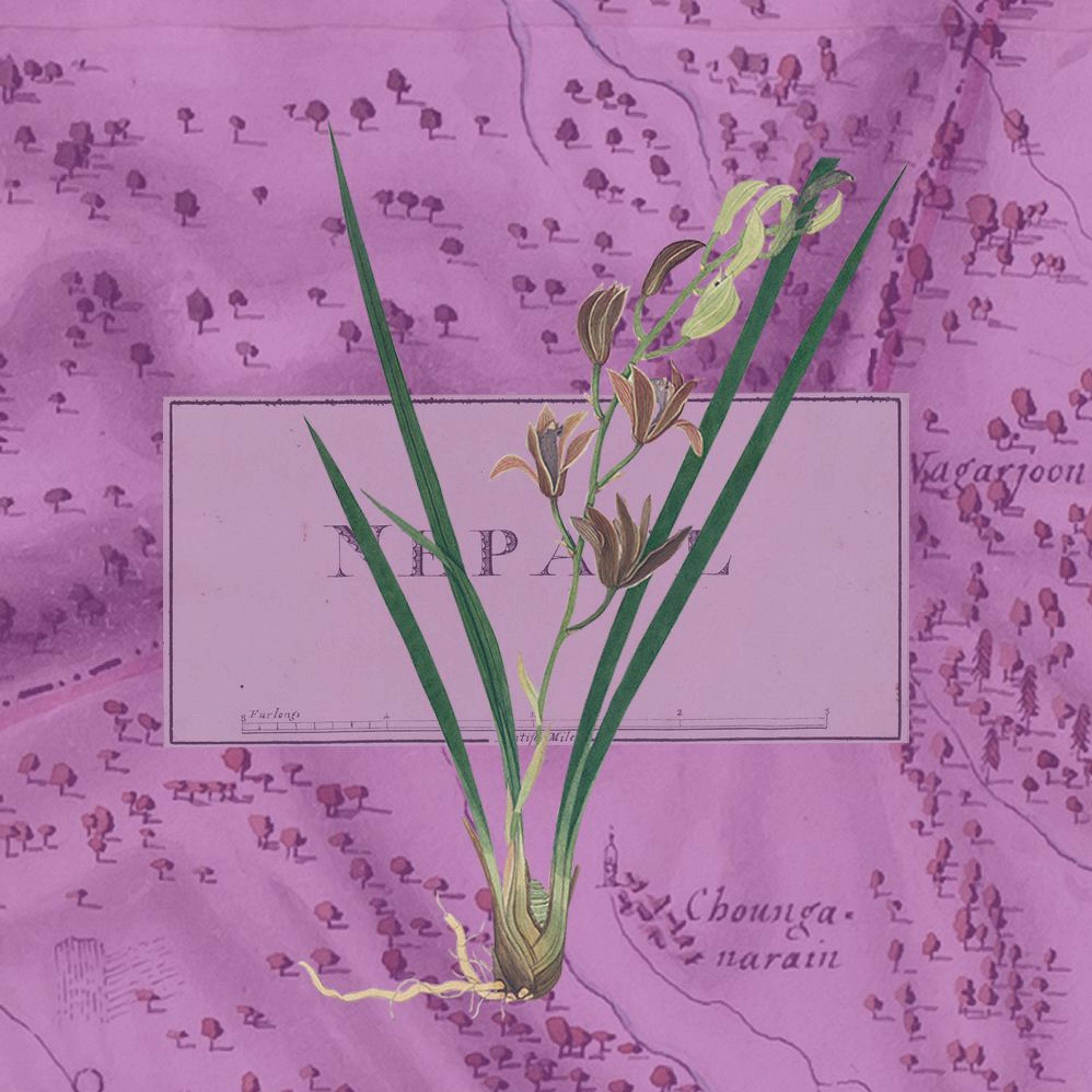 Linnean PodcastsLinnean Podcast #13: Rediscovering Nepalese plantsThe Linnean Society of London is home to the astonishing collection of Francis Buchanan-Hamilton. This work is on the flora of India and Nepal, which includes brilliant watercolours painted by Indian artists. In this podcast we learn about how Dr Mark Watson is now making use of this collection to inform is research. Dr Mark Watson has over 30 years of experience in floristics, plant systematics, botanical nomenclature and biodiversity informatics.
Speaker: Dr Mark Watson
Produced by: Ross Ziegelmeier2019-04-2306 min
Linnean PodcastsLinnean Podcast #13: Rediscovering Nepalese plantsThe Linnean Society of London is home to the astonishing collection of Francis Buchanan-Hamilton. This work is on the flora of India and Nepal, which includes brilliant watercolours painted by Indian artists. In this podcast we learn about how Dr Mark Watson is now making use of this collection to inform is research. Dr Mark Watson has over 30 years of experience in floristics, plant systematics, botanical nomenclature and biodiversity informatics.
Speaker: Dr Mark Watson
Produced by: Ross Ziegelmeier2019-04-2306 min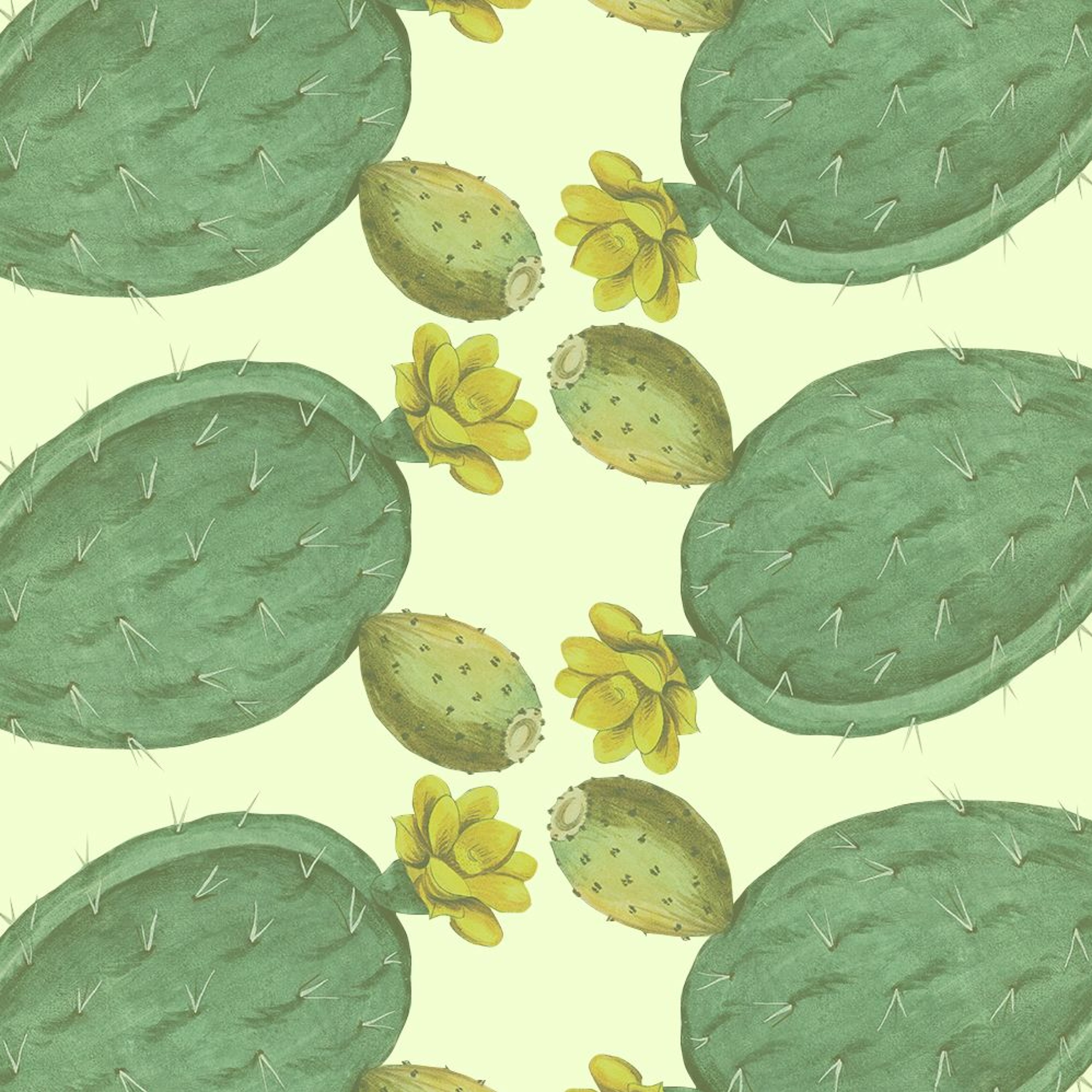 Linnean PodcastsLinnean Podcast #12: Spiky Future FoodsGlobal warming affects every aspect of our lives including the food that we eat. Our attempts to slow the impact of global warming may not be enough and therefore we need to start looking towards the foods that we may have to eat in the near future.
In this episode we go from the highly trendy neighbourhoods of Dalston, London, to rural South Africa and back again to London, Kew Gardens, to explore the potential of succulents as a future food. Speakers include; Gynelle Leon, the owner of the first cacti and succulent dedicated shop, called Prick; Dr Olwen Grace...2019-03-0410 min
Linnean PodcastsLinnean Podcast #12: Spiky Future FoodsGlobal warming affects every aspect of our lives including the food that we eat. Our attempts to slow the impact of global warming may not be enough and therefore we need to start looking towards the foods that we may have to eat in the near future.
In this episode we go from the highly trendy neighbourhoods of Dalston, London, to rural South Africa and back again to London, Kew Gardens, to explore the potential of succulents as a future food. Speakers include; Gynelle Leon, the owner of the first cacti and succulent dedicated shop, called Prick; Dr Olwen Grace...2019-03-0410 min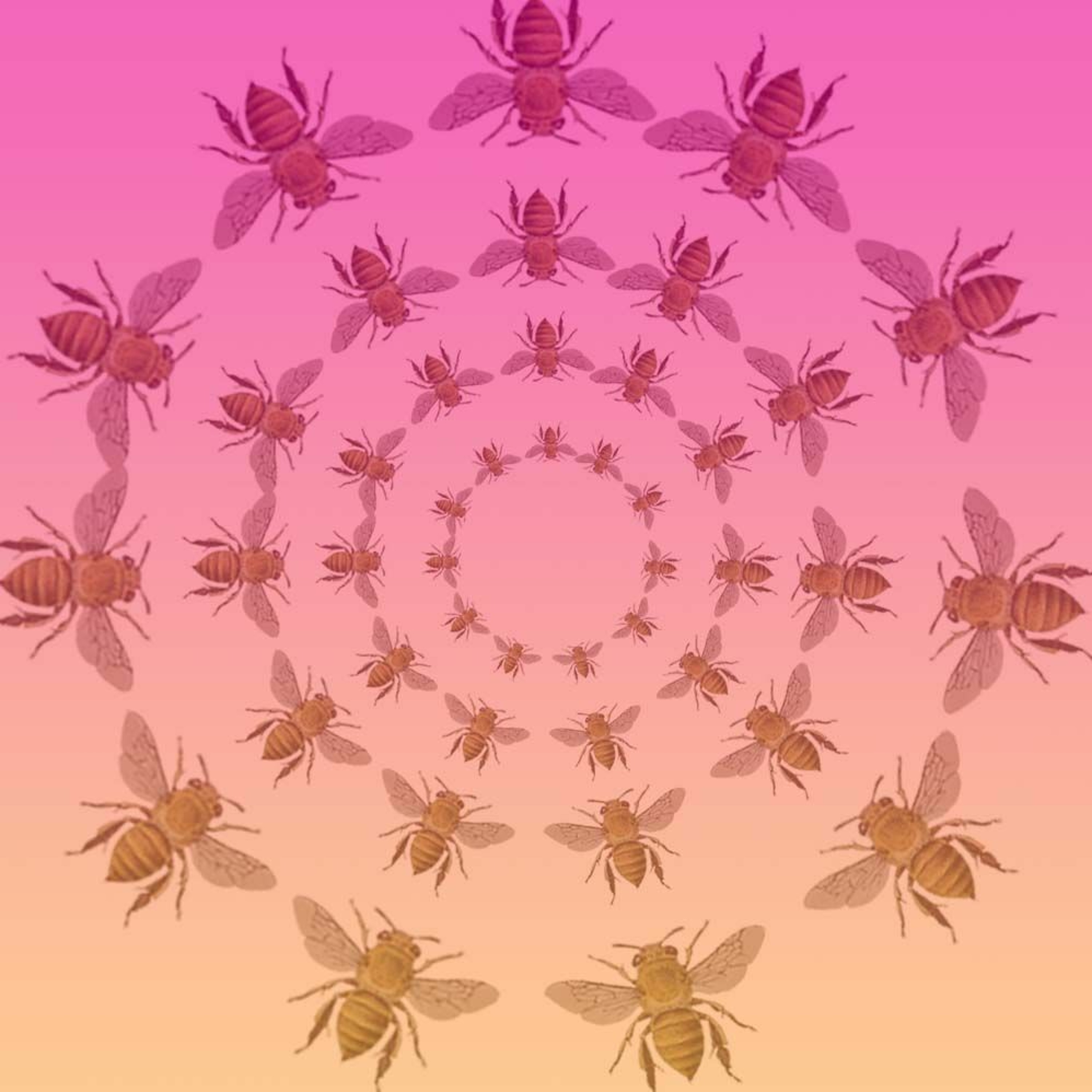 Linnean PodcastsLinnean Podcast #11: Mad HoneyFor many years the people of Nepal have been harvesting mad honey, named so because of the effects it has on the human body when consumed. Although this honey and its effects on human physiology have been known for many years, the ecological purpose of the pollen that causes these effects, is less clear.
In this episode we go on a journey to Nepal with Abdullah Saeed to discover this mad honey for ourselves. Professor Phil Stevenson also joins the conversation in order to explain how his research is helping us to understand the true purpose of the pollen.2019-01-0914 min
Linnean PodcastsLinnean Podcast #11: Mad HoneyFor many years the people of Nepal have been harvesting mad honey, named so because of the effects it has on the human body when consumed. Although this honey and its effects on human physiology have been known for many years, the ecological purpose of the pollen that causes these effects, is less clear.
In this episode we go on a journey to Nepal with Abdullah Saeed to discover this mad honey for ourselves. Professor Phil Stevenson also joins the conversation in order to explain how his research is helping us to understand the true purpose of the pollen.2019-01-0914 min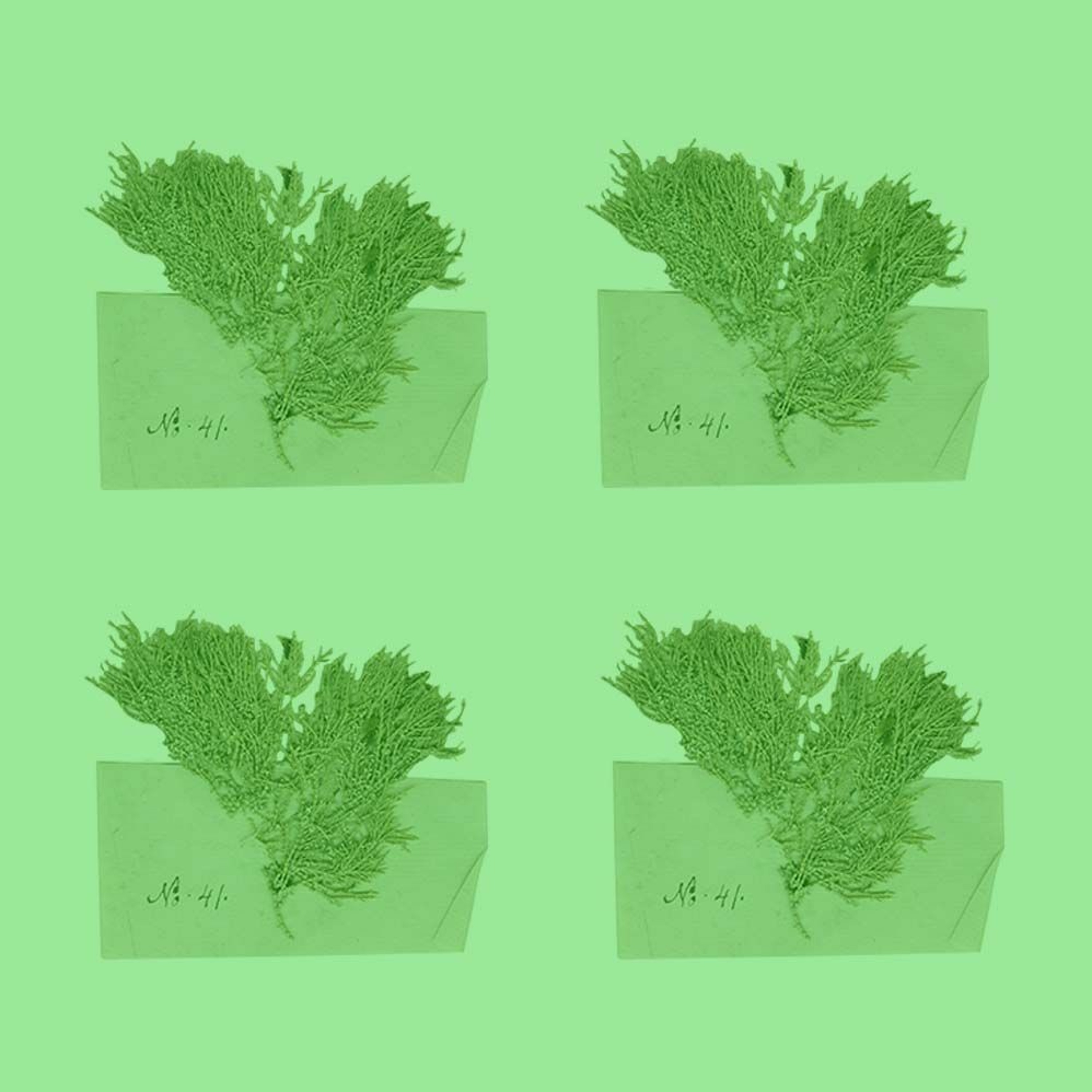 Linnean PodcastsLinnean Podcast #10: Climate Change Threatens Beds (Coralline Algae) of BiodiversityCoralline algae are important habitat formers. Rhodoliths/mäerl are unattached forms of coralline algae that interlock to form extensive beds that support high levels of biodiversity.
This ability to interlock is dependent on their 3D structure. However their structure is highly influenced by the environment and therefore environmental changes that would affect the ability of coralline algae to maintain their 3D structure would ultimately affect the ability of coralline algae to form these complex habitats.
In this podcast we are joined by Prof Juliet Brodie, Dr Leanne Melbourne and Dr Frederica Ragazzola who are investigating the effects that climate c...2018-11-2209 min
Linnean PodcastsLinnean Podcast #10: Climate Change Threatens Beds (Coralline Algae) of BiodiversityCoralline algae are important habitat formers. Rhodoliths/mäerl are unattached forms of coralline algae that interlock to form extensive beds that support high levels of biodiversity.
This ability to interlock is dependent on their 3D structure. However their structure is highly influenced by the environment and therefore environmental changes that would affect the ability of coralline algae to maintain their 3D structure would ultimately affect the ability of coralline algae to form these complex habitats.
In this podcast we are joined by Prof Juliet Brodie, Dr Leanne Melbourne and Dr Frederica Ragazzola who are investigating the effects that climate c...2018-11-2209 min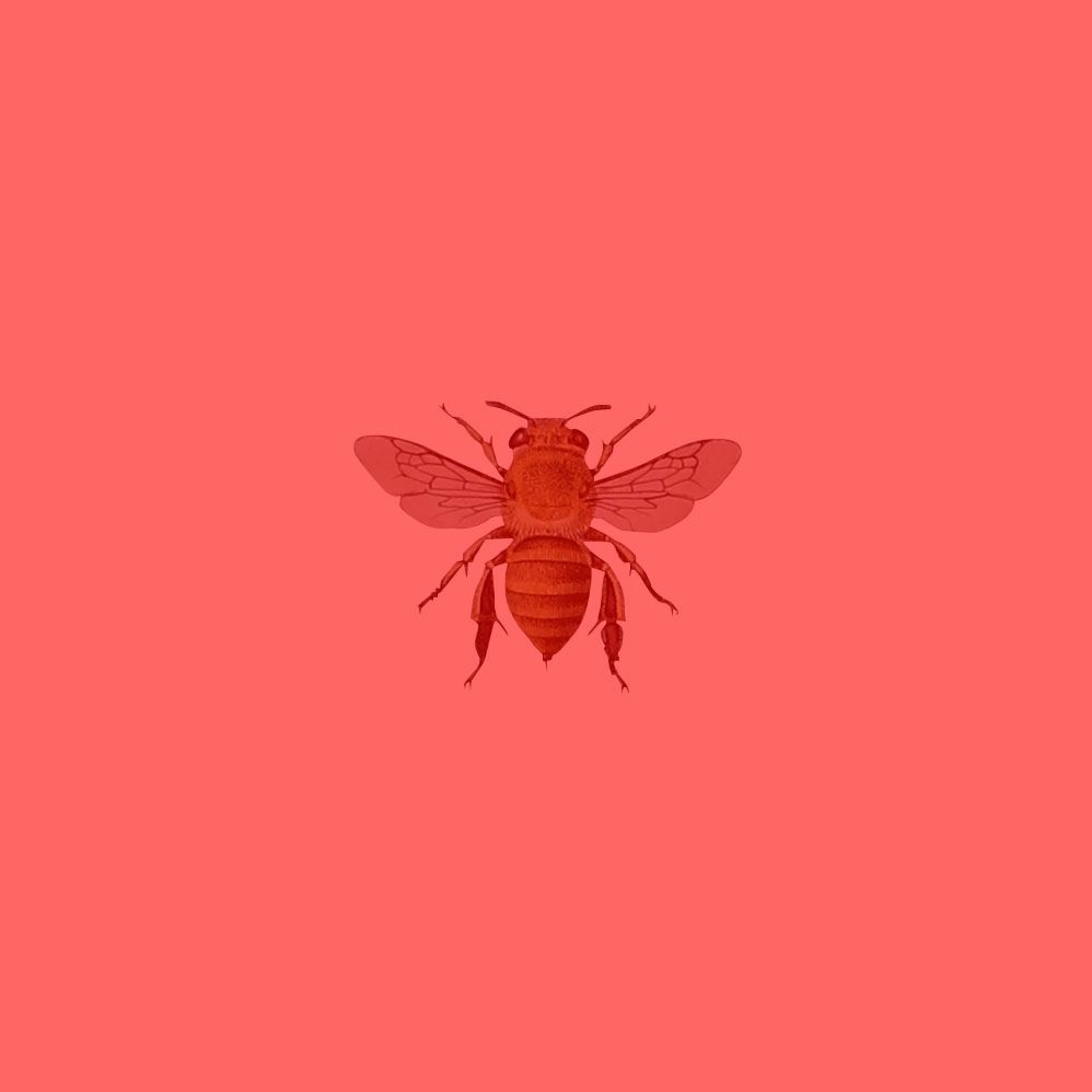 Linnean PodcastsLinnean Podcast #9: Small Fears and Consciousness IIWith Halloween nearly upon us, we take a look at our fears and the natural world. In this 2 part series, “Small Fears and Consciousness”, we are joined, in part one, by Dr. Jeffrey A. Lockwood. He is the author of The Infested Mind: Why Humans Fear, Loathe, and Love Insects. In this interview he explores, in great depths, as to why it is that we fear these tiny creatures so much. If Dr. Lockwood’s closing comment, regarding the consciousness of insects, is one that sparks your imagination be sure to listen to Part 2.2018-10-2208 min
Linnean PodcastsLinnean Podcast #9: Small Fears and Consciousness IIWith Halloween nearly upon us, we take a look at our fears and the natural world. In this 2 part series, “Small Fears and Consciousness”, we are joined, in part one, by Dr. Jeffrey A. Lockwood. He is the author of The Infested Mind: Why Humans Fear, Loathe, and Love Insects. In this interview he explores, in great depths, as to why it is that we fear these tiny creatures so much. If Dr. Lockwood’s closing comment, regarding the consciousness of insects, is one that sparks your imagination be sure to listen to Part 2.2018-10-2208 min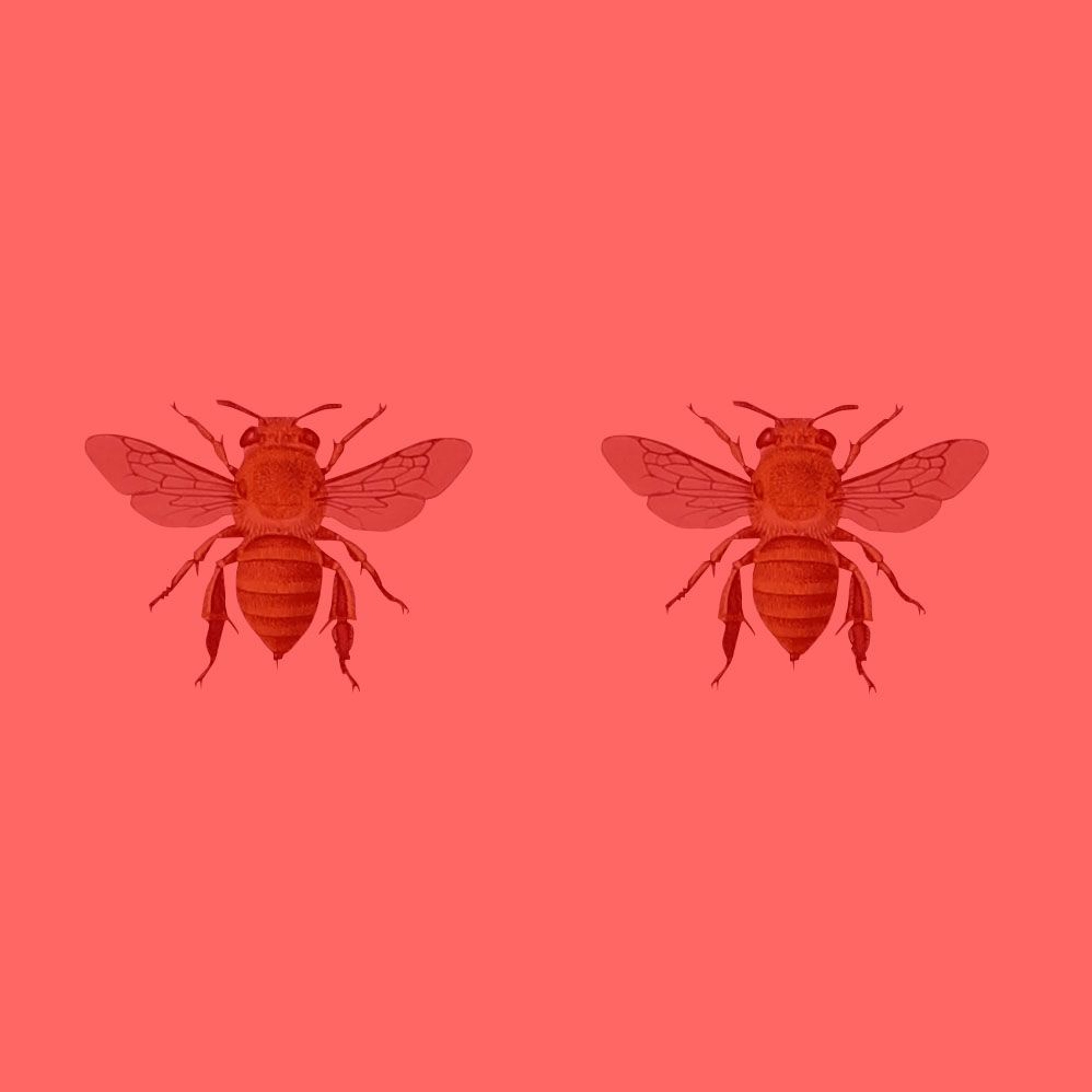 Linnean PodcastsLinnean Podcast #8: Small Fears and Consciousness IWith Halloween nearly upon us, we take a look at our fears and the natural world. In this second half of this two part series, “Small Fears and Consciousness”, we are joined by Louis B. Rosenberg, CEO of Unanimous AI and Dr. Clint Perry, research Fellow at Queen Mary University London. In these interviews we investigate the underlying neural mechanism of learning in bees, in an attempt to unravel the phenomena of consciousness and create a safe and secure Artificial Intelligence. To find out more about our fears of these small and conscious creatures listen to part 1.2018-10-2212 min
Linnean PodcastsLinnean Podcast #8: Small Fears and Consciousness IWith Halloween nearly upon us, we take a look at our fears and the natural world. In this second half of this two part series, “Small Fears and Consciousness”, we are joined by Louis B. Rosenberg, CEO of Unanimous AI and Dr. Clint Perry, research Fellow at Queen Mary University London. In these interviews we investigate the underlying neural mechanism of learning in bees, in an attempt to unravel the phenomena of consciousness and create a safe and secure Artificial Intelligence. To find out more about our fears of these small and conscious creatures listen to part 1.2018-10-2212 min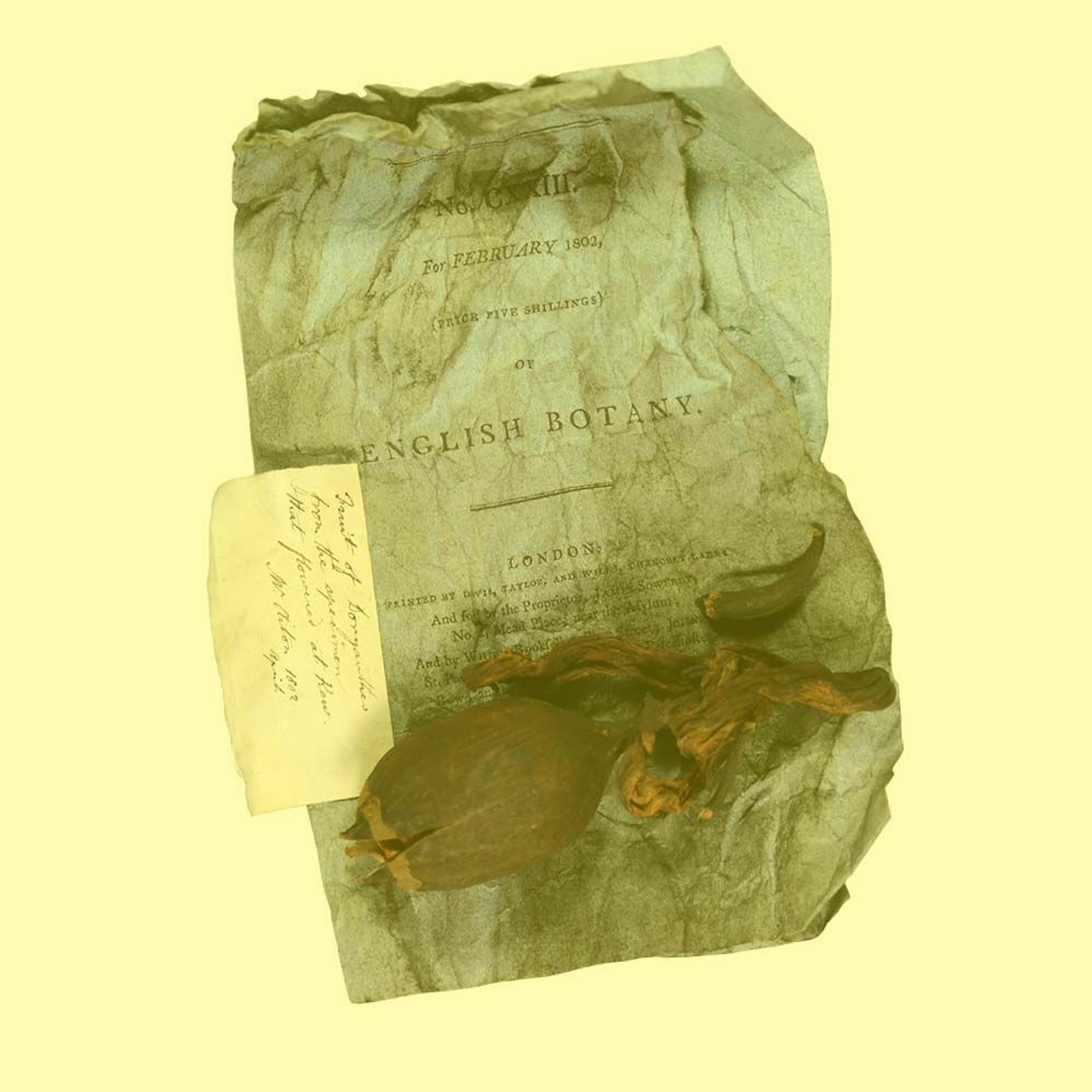 Linnean PodcastsLinnean Podcast #7: Seed Packet SecretsThe carpological collection is a complement to Smith's herbarium, which has plants collected by Smith and donated to him by important naturalists of the late 18th and early 19th century: Carl Linnaeus the Younger (son of Carl Linnaeus), Robert Brown, John Ellis and Joseph Dalton Hooker, amongst others. It contains many type specimens. The carpological collection contains the parts of a plant that could not easily be pressed on a herbarium sheet: seeds, fruits and branches.
In this podcast Dr Maria Zytaruk explores the seed packets of this collection and explains how it adds an extra layer to the historical...2018-09-1712 min
Linnean PodcastsLinnean Podcast #7: Seed Packet SecretsThe carpological collection is a complement to Smith's herbarium, which has plants collected by Smith and donated to him by important naturalists of the late 18th and early 19th century: Carl Linnaeus the Younger (son of Carl Linnaeus), Robert Brown, John Ellis and Joseph Dalton Hooker, amongst others. It contains many type specimens. The carpological collection contains the parts of a plant that could not easily be pressed on a herbarium sheet: seeds, fruits and branches.
In this podcast Dr Maria Zytaruk explores the seed packets of this collection and explains how it adds an extra layer to the historical...2018-09-1712 min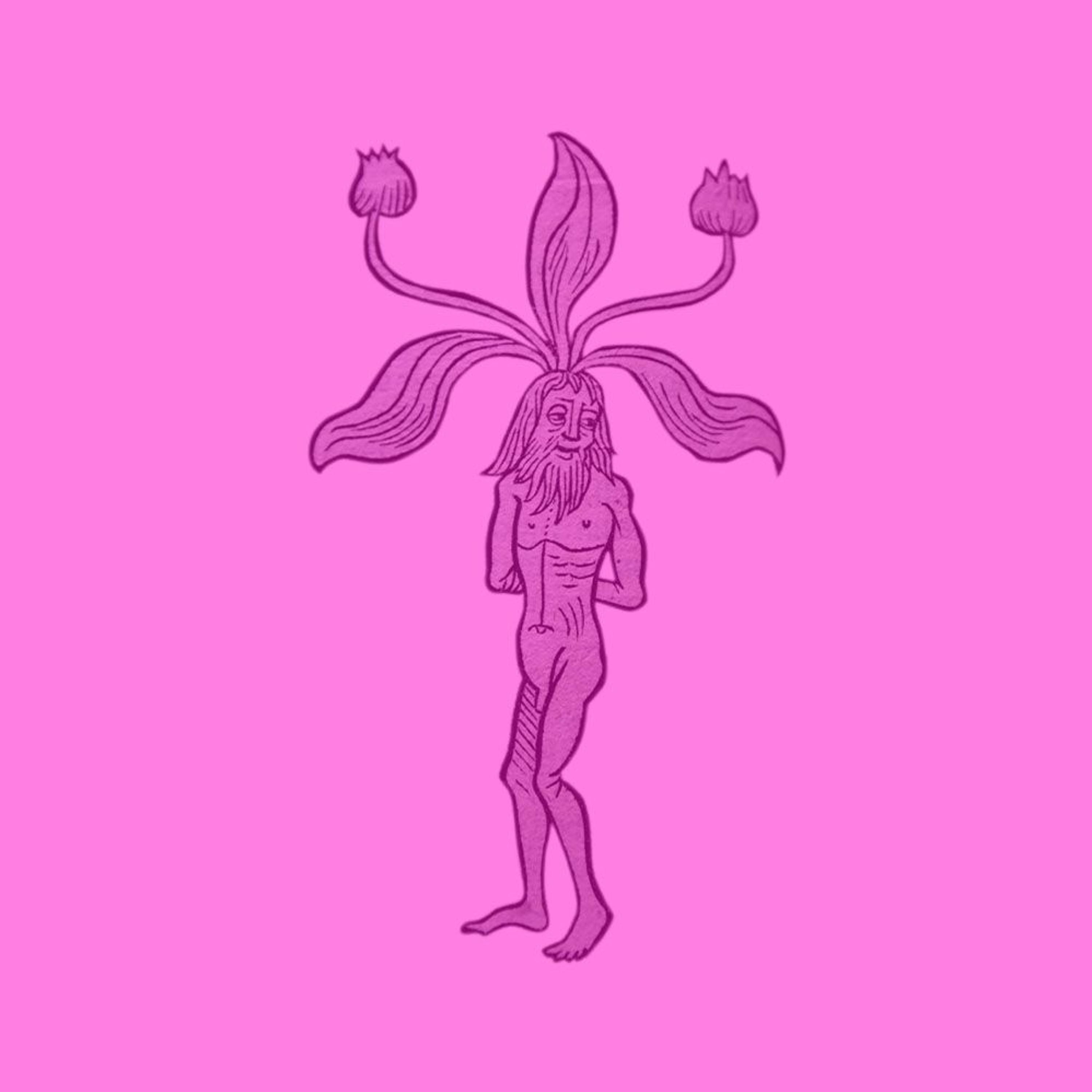 Linnean PodcastsLinnean Podcast #6: Magic, Myths, Medicine and the Lost RemediesMyths, magic and medicine each offer a very different way in which we can make sense of the world, but are they actually really all that far apart? In this podcast we explore where these schools of thought overlap. This podcast features Valerie Thomas, Medical Herbalist; Julian Harrison, specialist on medieval manuscripts and Lead Curator of the exhibition, Harry Potter: A History of Magic; and Professor Monique Simmonds OBE who is a botanist and deputy keeper of the Jodrell Laboratory at the Royal Botanic Gardens, Kew.
Speaker: Valerie Thomas, Julian Harrison, Monique Simmonds
Produced by: Ross Ziegelmeier2018-08-1312 min
Linnean PodcastsLinnean Podcast #6: Magic, Myths, Medicine and the Lost RemediesMyths, magic and medicine each offer a very different way in which we can make sense of the world, but are they actually really all that far apart? In this podcast we explore where these schools of thought overlap. This podcast features Valerie Thomas, Medical Herbalist; Julian Harrison, specialist on medieval manuscripts and Lead Curator of the exhibition, Harry Potter: A History of Magic; and Professor Monique Simmonds OBE who is a botanist and deputy keeper of the Jodrell Laboratory at the Royal Botanic Gardens, Kew.
Speaker: Valerie Thomas, Julian Harrison, Monique Simmonds
Produced by: Ross Ziegelmeier2018-08-1312 min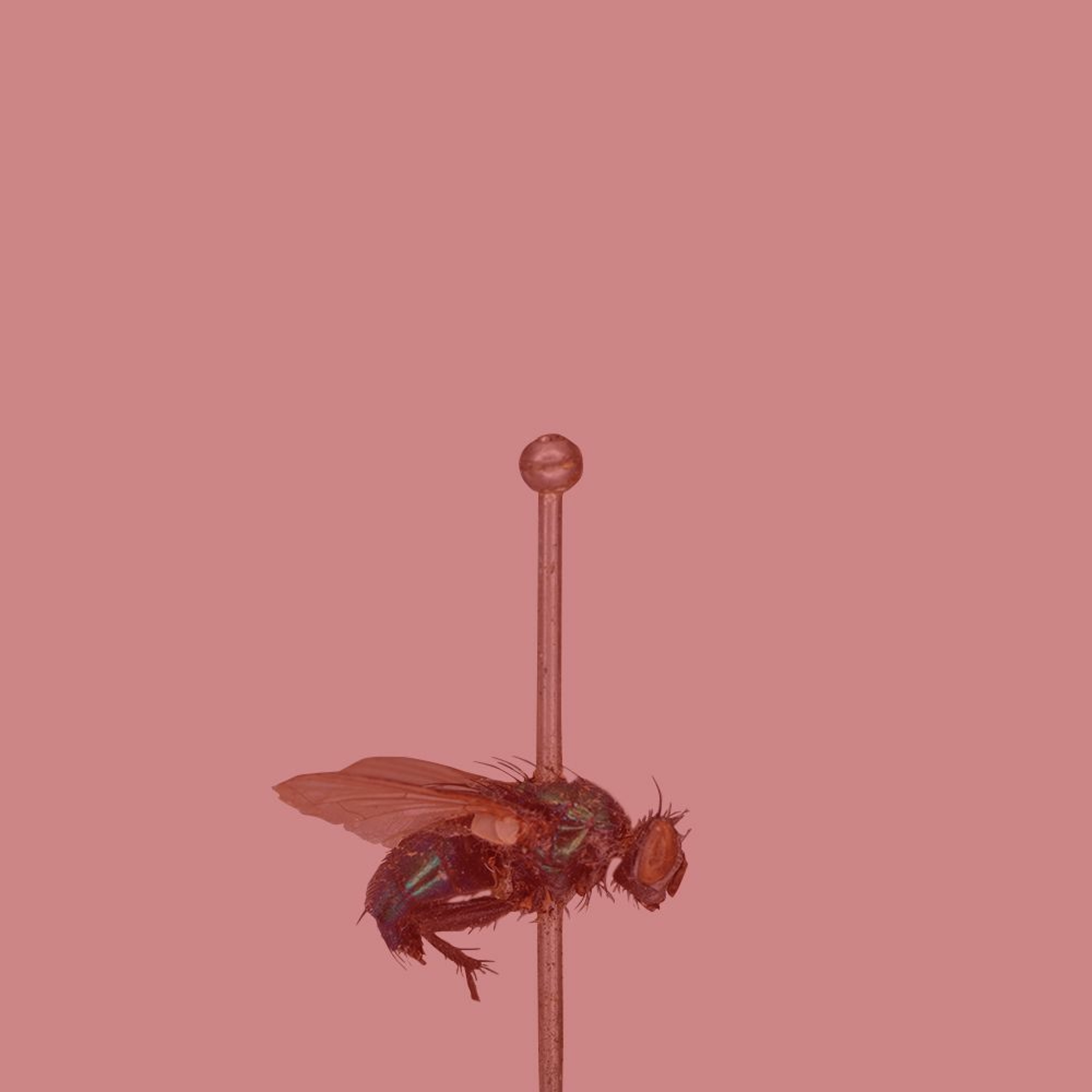 Linnean PodcastsLinnean Podcast #5: Murder MysteryIn forensic cases, flies and beetles give clues about the “time since death”, the location, as well as season of when a crime has occurred. In this podcast, we invited Dr Mark Benecke FLS, to tell us about some of our specimens that he uses to uncover facts from crime scenes. Dr Mark Benecke FLS is head of International Forensic Research, Consultant and an Officially Certified and Sworn-in Expert for Biological Stains in Criminal Cases.
Speaker: Dr Mark Benecke FLS
Produced by: Ross Ziegelmeier2018-07-1009 min
Linnean PodcastsLinnean Podcast #5: Murder MysteryIn forensic cases, flies and beetles give clues about the “time since death”, the location, as well as season of when a crime has occurred. In this podcast, we invited Dr Mark Benecke FLS, to tell us about some of our specimens that he uses to uncover facts from crime scenes. Dr Mark Benecke FLS is head of International Forensic Research, Consultant and an Officially Certified and Sworn-in Expert for Biological Stains in Criminal Cases.
Speaker: Dr Mark Benecke FLS
Produced by: Ross Ziegelmeier2018-07-1009 min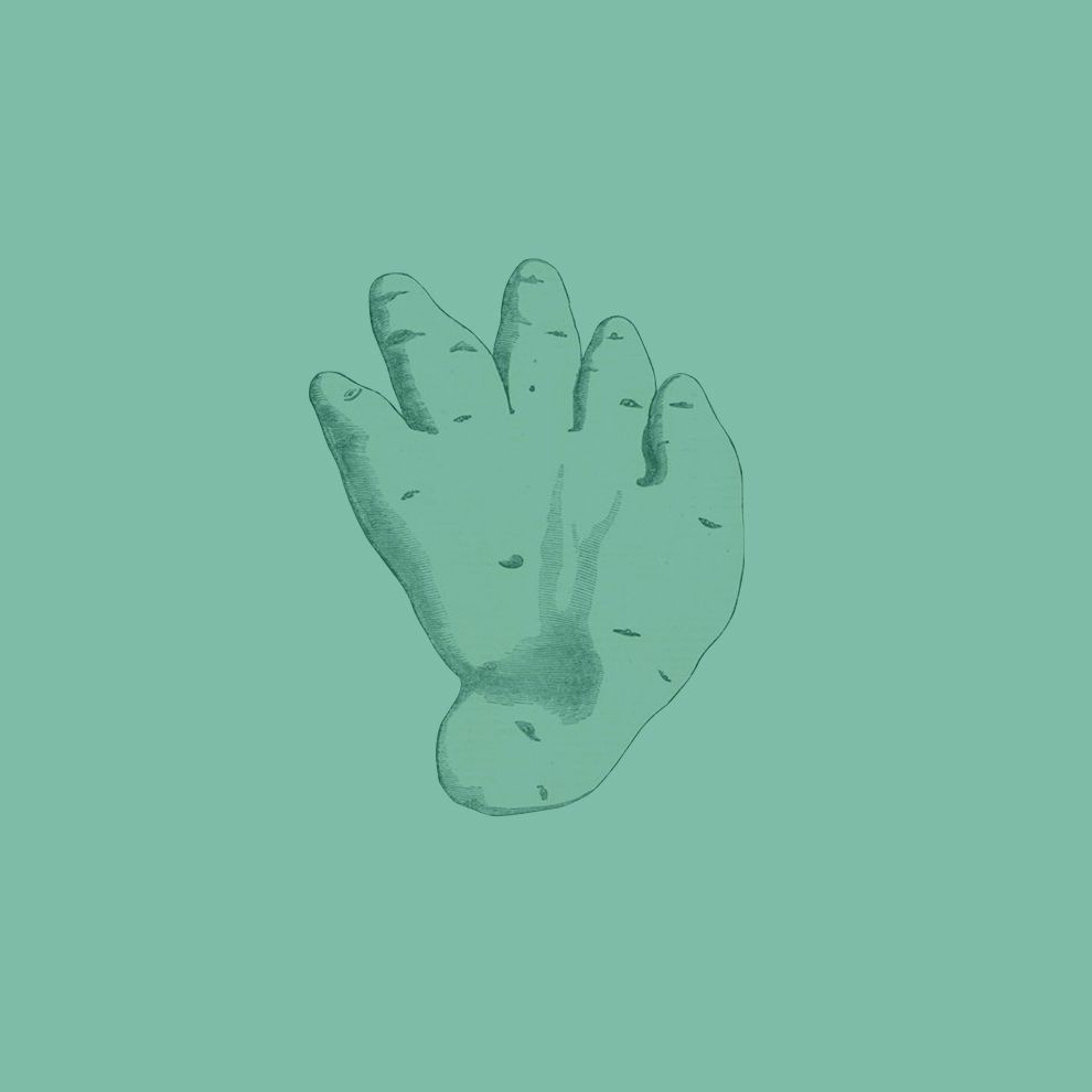 Linnean PodcastsLinnean Podcast #4: The Space PotatoWe (humans) are inextricably bound to the flora on earth, yet our futures seems to be among the stars! So, in order for us to survive in space we are going to, ironically, need to take earth with us, but how?
In this podcast we learn about how plants put us among the stars and will enable us, in the not too distant future, to explore galaxies far, far away.
Speakers include Dr. Sandy knapp, Head of the plants Division of the Natural History Museum; Lucie Poulet, Research Associate and PhD candidate at the Institute of Space Systems; and Angelo...2018-06-1513 min
Linnean PodcastsLinnean Podcast #4: The Space PotatoWe (humans) are inextricably bound to the flora on earth, yet our futures seems to be among the stars! So, in order for us to survive in space we are going to, ironically, need to take earth with us, but how?
In this podcast we learn about how plants put us among the stars and will enable us, in the not too distant future, to explore galaxies far, far away.
Speakers include Dr. Sandy knapp, Head of the plants Division of the Natural History Museum; Lucie Poulet, Research Associate and PhD candidate at the Institute of Space Systems; and Angelo...2018-06-1513 min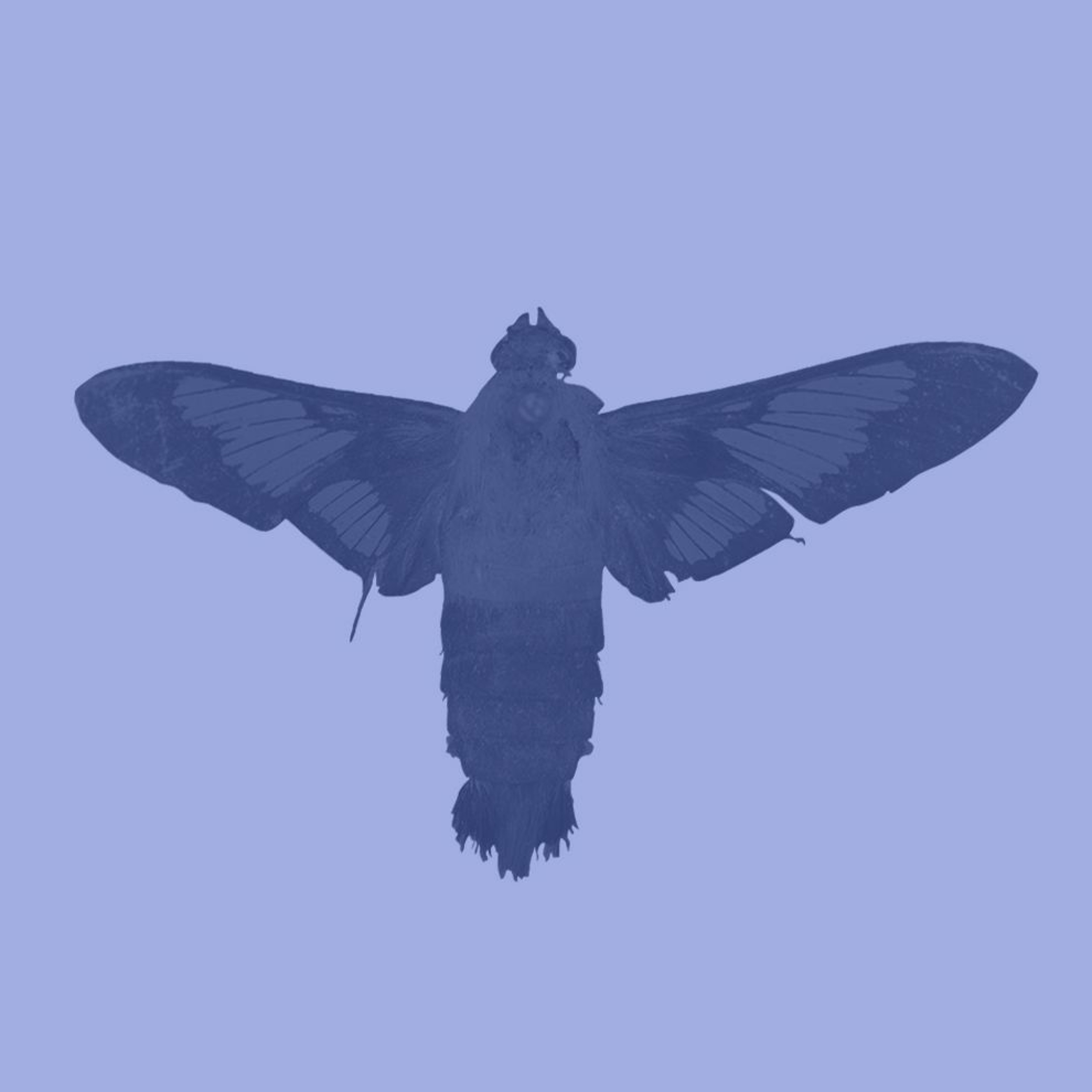 Linnean PodcastsLinnean Podcast #3: Animal Kingdom: A Natural History in 100 ObjectsIn his new book, Jack Ashby FLS journeys through both the evolutionary history of animals, and the ways people interpret them in museums. Animals in museums are not only representatives of their entire species, but they also tell us something about the time in which they were collected. They provide windows into the past as well as data for the present.
Museums are one of the key windows we have into the natural world, but they are human inventions. In this podcast join Jack Ashby as he selects three specimens from our collections that explain mimicry, cheats and warning colours.
...2018-05-2908 min
Linnean PodcastsLinnean Podcast #3: Animal Kingdom: A Natural History in 100 ObjectsIn his new book, Jack Ashby FLS journeys through both the evolutionary history of animals, and the ways people interpret them in museums. Animals in museums are not only representatives of their entire species, but they also tell us something about the time in which they were collected. They provide windows into the past as well as data for the present.
Museums are one of the key windows we have into the natural world, but they are human inventions. In this podcast join Jack Ashby as he selects three specimens from our collections that explain mimicry, cheats and warning colours.
...2018-05-2908 min Linnean PodcastsLinnean Podcast #2: Lady Pleasance SmithLady Pleasance Smith had a sharp intellect and a wide-ranging network of family, friends and acquaintances throughout her long life. She was known for her generosity and philanthropic work. Pleasance outlived her husband James Edward Smith, founder of the Linnean Society of London, by nearly five decades, and from the time of his death in 1828 until her death in 1877 at age 103, Pleasance wrote and received a high volume of letters, many of which reveal her avid interest in the arts, humanities, sciences and the natural world.
As she was not a fellow of the society nor a botanist, it would...2018-05-0923 min
Linnean PodcastsLinnean Podcast #2: Lady Pleasance SmithLady Pleasance Smith had a sharp intellect and a wide-ranging network of family, friends and acquaintances throughout her long life. She was known for her generosity and philanthropic work. Pleasance outlived her husband James Edward Smith, founder of the Linnean Society of London, by nearly five decades, and from the time of his death in 1828 until her death in 1877 at age 103, Pleasance wrote and received a high volume of letters, many of which reveal her avid interest in the arts, humanities, sciences and the natural world.
As she was not a fellow of the society nor a botanist, it would...2018-05-0923 min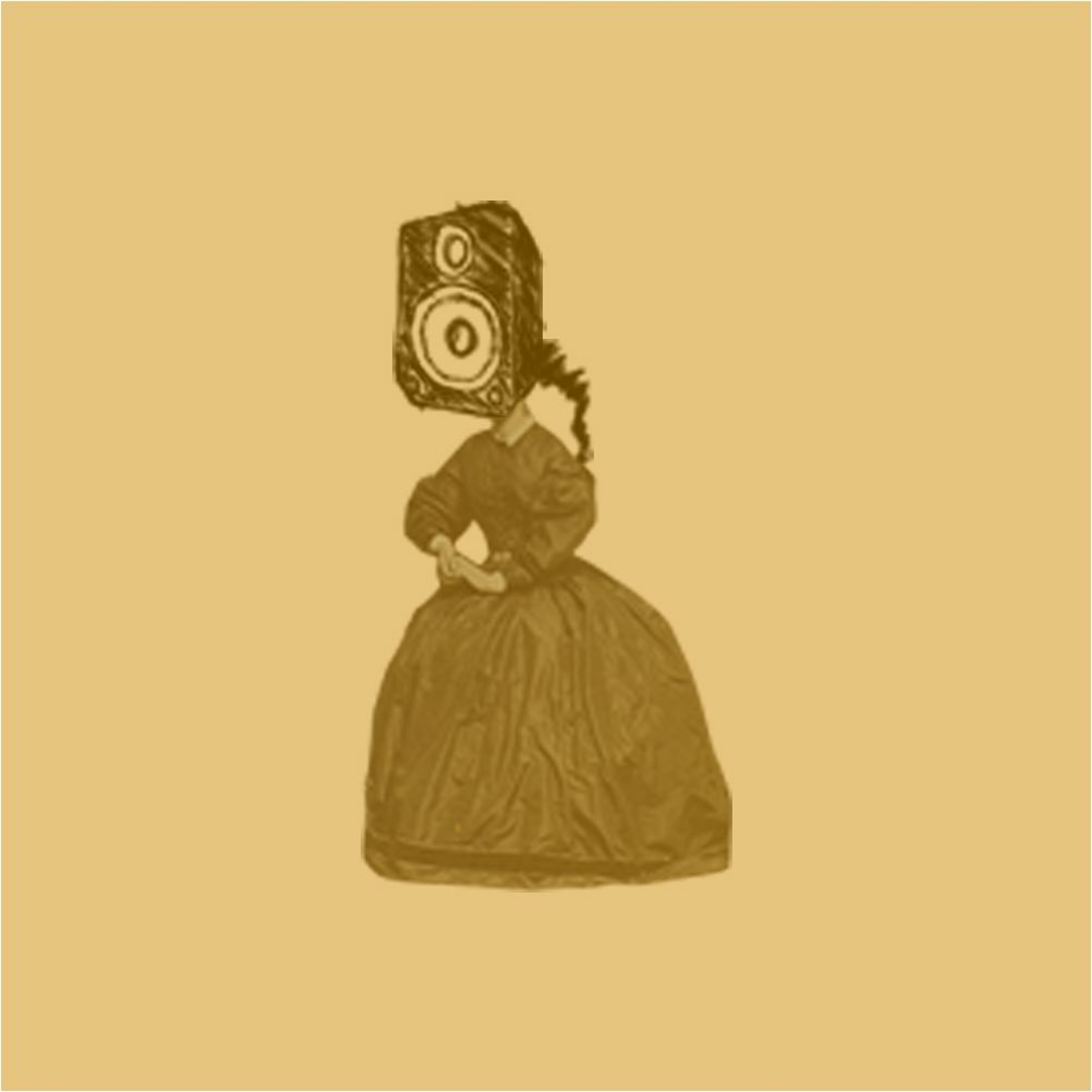 Linnean PodcastsLinnean Podcast #1: The First Female Fellows of The Linnean Society of LondonJust over 100 years ago the Society admitted 15 ground-breaking Fellows—all women. Coinciding with our 230th anniversary, we thought it was a good time to celebrate these first female Fellows, and their contributions.
In this podcast we learn a little bit about who these women were and explore some of the issues facing women today like imposter syndrome and the work/life balance of women in the field of science. The speakers include established scientists such as the society’s president elect Dr Sandy Knapp and Professor Athene Donald.
Producer: Ross Ziegelmeier2018-04-2014 min
Linnean PodcastsLinnean Podcast #1: The First Female Fellows of The Linnean Society of LondonJust over 100 years ago the Society admitted 15 ground-breaking Fellows—all women. Coinciding with our 230th anniversary, we thought it was a good time to celebrate these first female Fellows, and their contributions.
In this podcast we learn a little bit about who these women were and explore some of the issues facing women today like imposter syndrome and the work/life balance of women in the field of science. The speakers include established scientists such as the society’s president elect Dr Sandy Knapp and Professor Athene Donald.
Producer: Ross Ziegelmeier2018-04-2014 min The ForumCarl Linnaeus: Naming natureCarl Linnaeus, today a largely unknown figure, is one of the giants of natural science. He devised the formal two-part naming system we use to classify all life forms. With Quentin Cooper is botanist Dr Sandra Knapp, from the Natural History Museum in London, life sciences expert Professor Staffan Müller-Wille from Exeter University in the UK, and science writer and biographer of Linnaeus, Dr Lisbet Rausing. Photo: Carl Linnaeus painted by Per Krafft the Elder (Permission of The Linnean Society of London)2017-07-1039 min
The ForumCarl Linnaeus: Naming natureCarl Linnaeus, today a largely unknown figure, is one of the giants of natural science. He devised the formal two-part naming system we use to classify all life forms. With Quentin Cooper is botanist Dr Sandra Knapp, from the Natural History Museum in London, life sciences expert Professor Staffan Müller-Wille from Exeter University in the UK, and science writer and biographer of Linnaeus, Dr Lisbet Rausing. Photo: Carl Linnaeus painted by Per Krafft the Elder (Permission of The Linnean Society of London)2017-07-1039 min Stream Audiobook in Science & Technology, Magazine & RadioEvolutionary Limits by David Christopher Lane | Free AudiobookListen to full audiobooks for free on :https://hotaudiobook.com/freeTitle: Evolutionary Limits
Author: David Christopher Lane
Narrator: Jim Bratton
Format: Unabridged
Length: 3 hrs and 52 mins
Language: English
Release date: 04-28-16
Publisher: MSAC Philosophy Group
Genres: Science & Technology, Biology
Summary:
The first part of this work includes four original essays by Professor David Christopher Lane on the Darwin-Wallace debate, focusing on the contentious issue of whether or not natural selection can explain the human mind or soul.
In part two we have included the two original essays by Darwin and Wallace in 1858 concerning their discovery of evolution by natural...2016-04-283h 52
Stream Audiobook in Science & Technology, Magazine & RadioEvolutionary Limits by David Christopher Lane | Free AudiobookListen to full audiobooks for free on :https://hotaudiobook.com/freeTitle: Evolutionary Limits
Author: David Christopher Lane
Narrator: Jim Bratton
Format: Unabridged
Length: 3 hrs and 52 mins
Language: English
Release date: 04-28-16
Publisher: MSAC Philosophy Group
Genres: Science & Technology, Biology
Summary:
The first part of this work includes four original essays by Professor David Christopher Lane on the Darwin-Wallace debate, focusing on the contentious issue of whether or not natural selection can explain the human mind or soul.
In part two we have included the two original essays by Darwin and Wallace in 1858 concerning their discovery of evolution by natural...2016-04-283h 52 The Star SpotEpisode 97: Making Life in the Lab and Its Implications for Alien Hunting, with Lynn RothschildFeature Guest: Lynn Rothschild
Are we alone in the universe? Think about it. Whatever the answer, it is one of the most profound and enduring questions humans have ever asked. The fact that we are on the cusp of being able to answer it is incredible. But the challenge is still immense, for we’re not even sure exactly how to define life.
And yet there’s no one better equipped to tackle this mystery then an astrobiologist who is presenting working to recreate life in the lab. Today we’re joined at The Star Spot b...2016-03-2137 min
The Star SpotEpisode 97: Making Life in the Lab and Its Implications for Alien Hunting, with Lynn RothschildFeature Guest: Lynn Rothschild
Are we alone in the universe? Think about it. Whatever the answer, it is one of the most profound and enduring questions humans have ever asked. The fact that we are on the cusp of being able to answer it is incredible. But the challenge is still immense, for we’re not even sure exactly how to define life.
And yet there’s no one better equipped to tackle this mystery then an astrobiologist who is presenting working to recreate life in the lab. Today we’re joined at The Star Spot b...2016-03-2137 min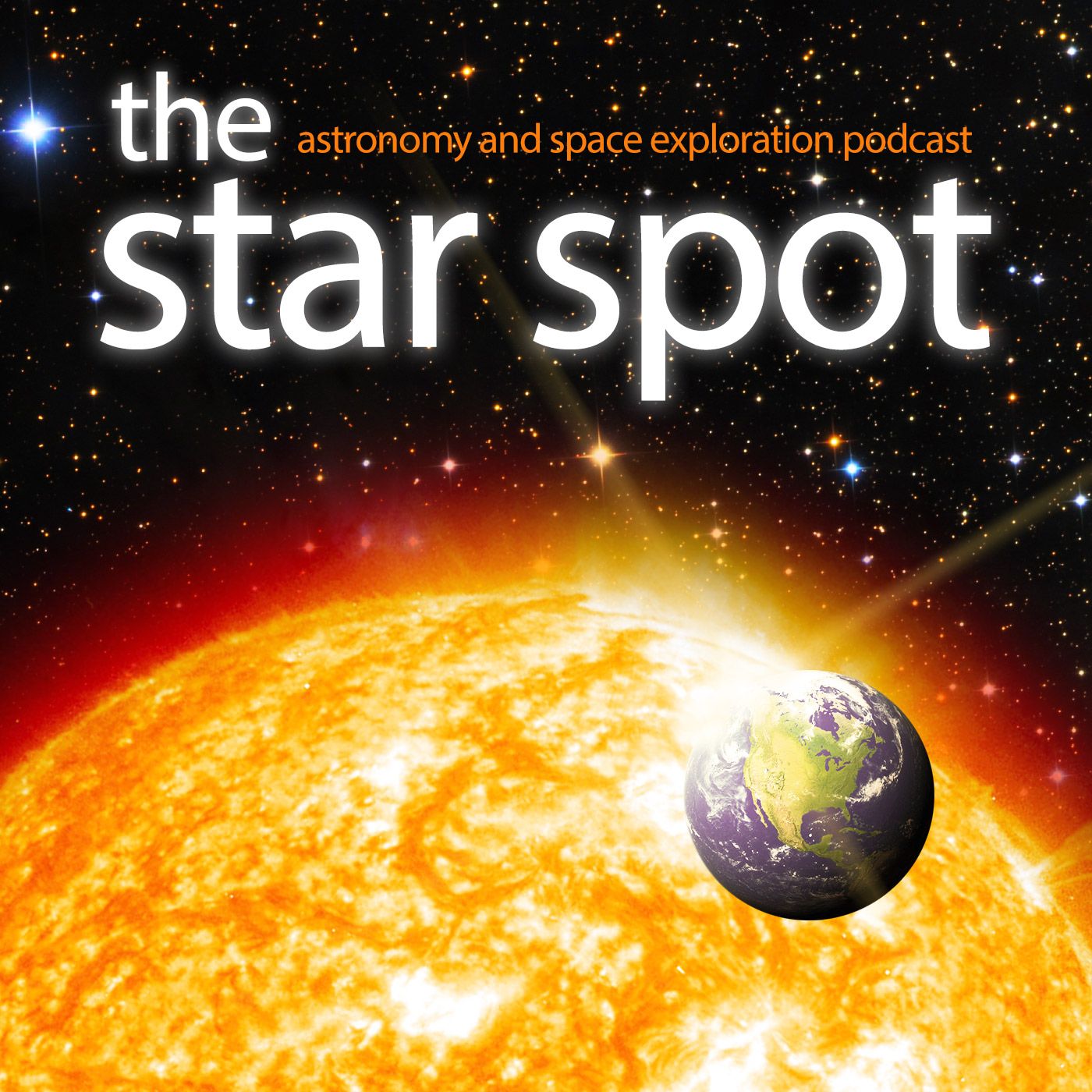 The Star SpotEpisode 97: Making Life in the Lab and Its Implications for Alien Hunting, with Lynn RothschildFeature Guest: Lynn Rothschild Are we alone in the universe? Think about it. Whatever the answer, it is one of the most profound and enduring questions humans have ever asked. The fact that we are on the cusp of being able to answer it is incredible. But the challenge is still immense, for we’re not even sure exactly how to define life. And yet there’s no one better equipped to tackle this mystery then an astrobiologist who is presenting working to recreate life in the lab. Today we’re joined at The Star Spot by senior NASA astrobiology Profes...2016-03-2137 min
The Star SpotEpisode 97: Making Life in the Lab and Its Implications for Alien Hunting, with Lynn RothschildFeature Guest: Lynn Rothschild Are we alone in the universe? Think about it. Whatever the answer, it is one of the most profound and enduring questions humans have ever asked. The fact that we are on the cusp of being able to answer it is incredible. But the challenge is still immense, for we’re not even sure exactly how to define life. And yet there’s no one better equipped to tackle this mystery then an astrobiologist who is presenting working to recreate life in the lab. Today we’re joined at The Star Spot by senior NASA astrobiology Profes...2016-03-2137 min The Star SpotEpisode 97: Making Life in the Lab and Its Implications for Alien Hunting, with Lynn RothschildFeature Guest: Lynn Rothschild
Are we alone in the universe? Think about it. Whatever the answer, it is one of the most profound and enduring questions humans have ever asked. The fact that we are on the cusp of being able to answer it is incredible. But the challenge is still immense, for we’re not even sure exactly how to define life.
And yet there’s no one better equipped to tackle this mystery then an astrobiologist who is presenting working to recreate life in the lab. Today we’re joined at The Star Spot b...2016-03-2137 min
The Star SpotEpisode 97: Making Life in the Lab and Its Implications for Alien Hunting, with Lynn RothschildFeature Guest: Lynn Rothschild
Are we alone in the universe? Think about it. Whatever the answer, it is one of the most profound and enduring questions humans have ever asked. The fact that we are on the cusp of being able to answer it is incredible. But the challenge is still immense, for we’re not even sure exactly how to define life.
And yet there’s no one better equipped to tackle this mystery then an astrobiologist who is presenting working to recreate life in the lab. Today we’re joined at The Star Spot b...2016-03-2137 min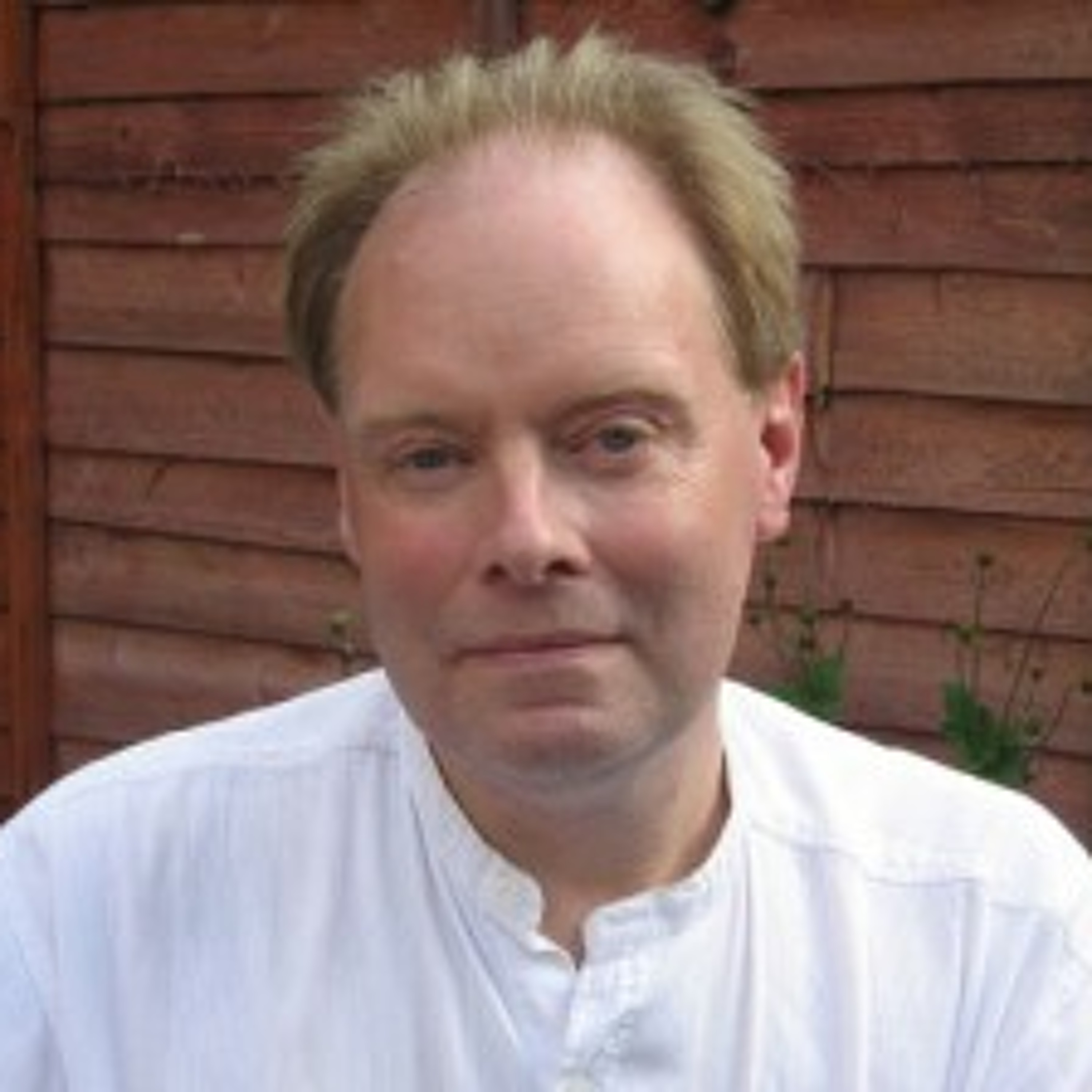 Rob HopkinsChris Rhodes on low oil pricesProf Chris Rhodes is Director of a consultancy called Fresh-lands Environmental Actions, which deals with various energy and environment issues. He has published over 200 articles and 5 books. He writes and lectures widely, and is a Fellow of the Royal Society of Chemistry and a Fellow of the Linnean Society of London. He was recently elected Chair of Transition Town Reading, and recently was our guest Agony Aunt answering a question about cheap oil prices: http://www.transitionnetwork.org/blogs/rob-hopkins/2015-02/transition-agony-aunt-how-talk-about-peak-oil2015-02-2322 min
Rob HopkinsChris Rhodes on low oil pricesProf Chris Rhodes is Director of a consultancy called Fresh-lands Environmental Actions, which deals with various energy and environment issues. He has published over 200 articles and 5 books. He writes and lectures widely, and is a Fellow of the Royal Society of Chemistry and a Fellow of the Linnean Society of London. He was recently elected Chair of Transition Town Reading, and recently was our guest Agony Aunt answering a question about cheap oil prices: http://www.transitionnetwork.org/blogs/rob-hopkins/2015-02/transition-agony-aunt-how-talk-about-peak-oil2015-02-2322 min Rob HopkinsChris Rhodes on low oil pricesProf Chris Rhodes is Director of a consultancy called Fresh-lands Environmental Actions, which deals with various energy and environment issues. He has published over 200 articles and 5 books. He writes and lectures widely, and is a Fellow of the Royal Society of Chemistry and a Fellow of the Linnean Society of London. He was recently elected Chair of Transition Town Reading, and recently was our guest Agony Aunt answering a question about cheap oil prices: http://www.transitionnetwork.org/blogs/rob-hopkins/2015-02/transition-agony-aunt-how-talk-about-peak-oil2015-02-2322 min
Rob HopkinsChris Rhodes on low oil pricesProf Chris Rhodes is Director of a consultancy called Fresh-lands Environmental Actions, which deals with various energy and environment issues. He has published over 200 articles and 5 books. He writes and lectures widely, and is a Fellow of the Royal Society of Chemistry and a Fellow of the Linnean Society of London. He was recently elected Chair of Transition Town Reading, and recently was our guest Agony Aunt answering a question about cheap oil prices: http://www.transitionnetwork.org/blogs/rob-hopkins/2015-02/transition-agony-aunt-how-talk-about-peak-oil2015-02-2322 min Celebrating Alfred Russel WallaceThe Darwin-Wallace celebration held on Thursday, 1st July, 1908By: Linnean Society of London.Publication Details: London,Printed for the Linnean society,1908.Contributed By: MBLWHOI Library2013-10-2900 min
Celebrating Alfred Russel WallaceThe Darwin-Wallace celebration held on Thursday, 1st July, 1908By: Linnean Society of London.Publication Details: London,Printed for the Linnean society,1908.Contributed By: MBLWHOI Library2013-10-2900 min